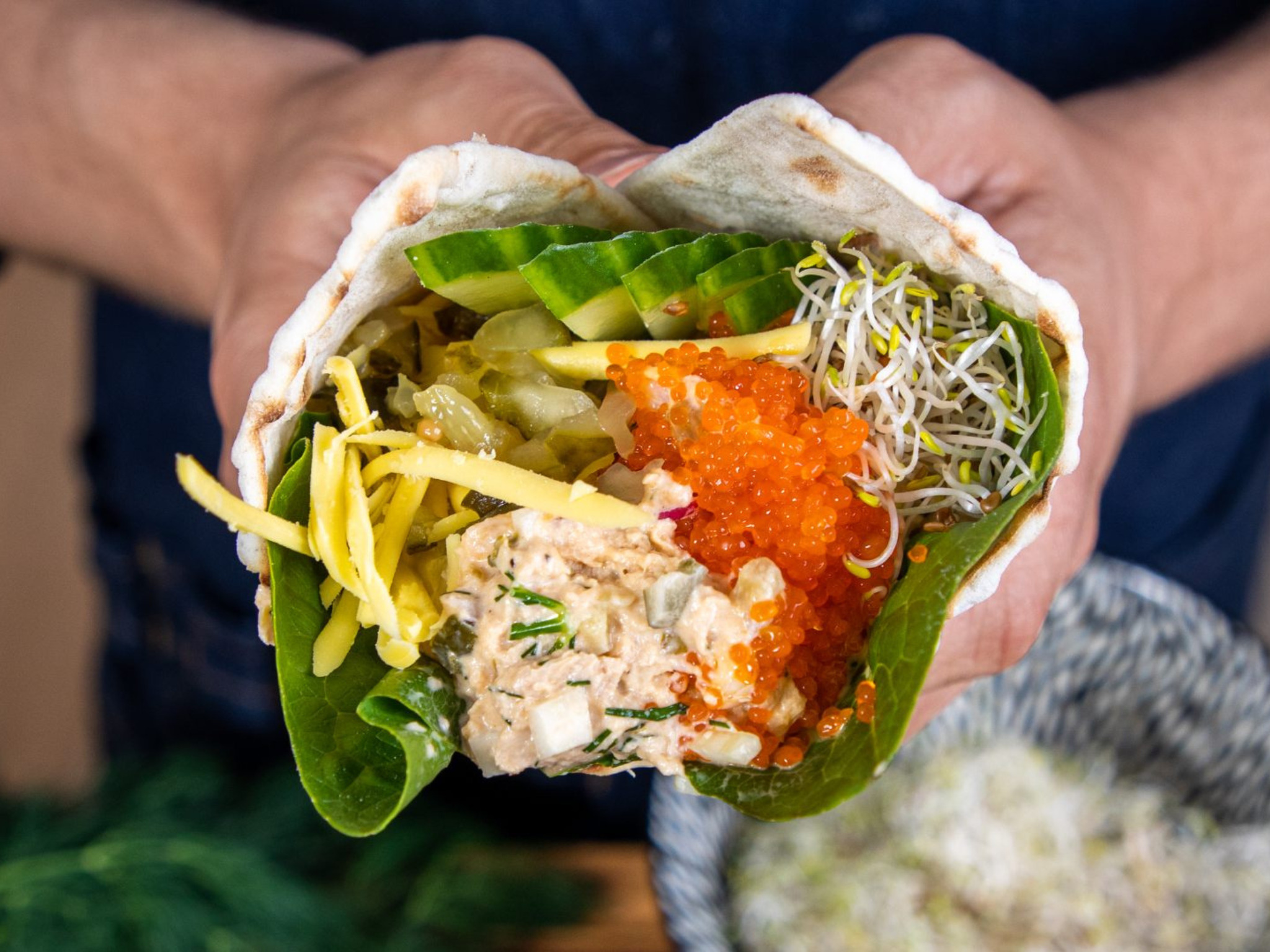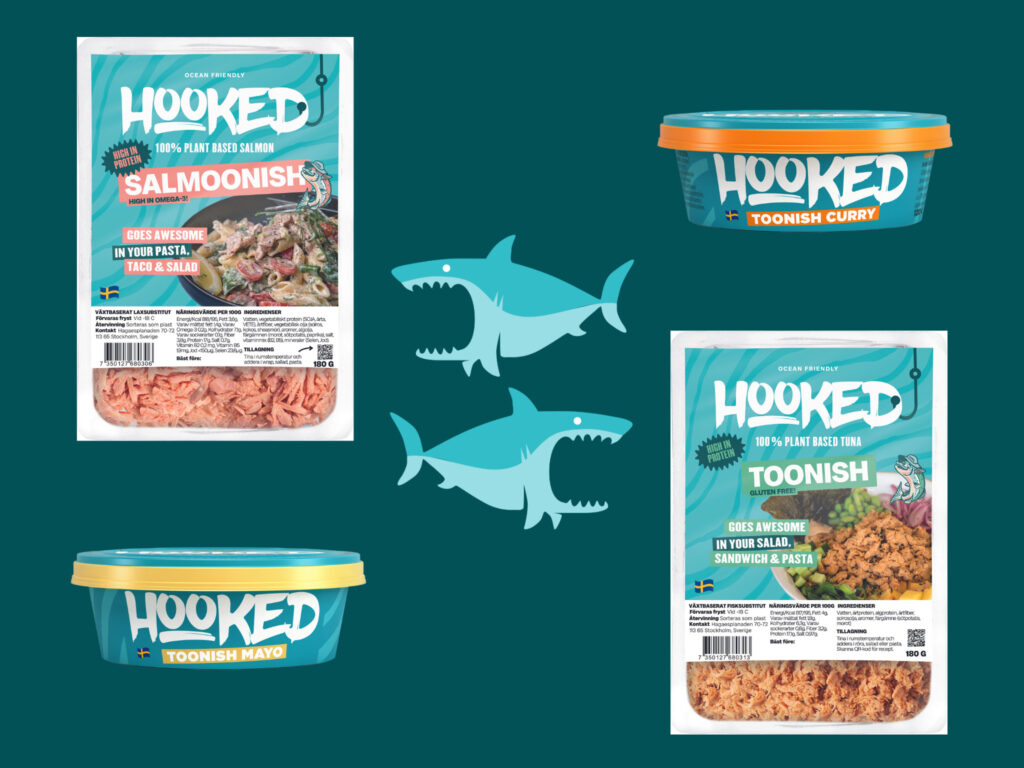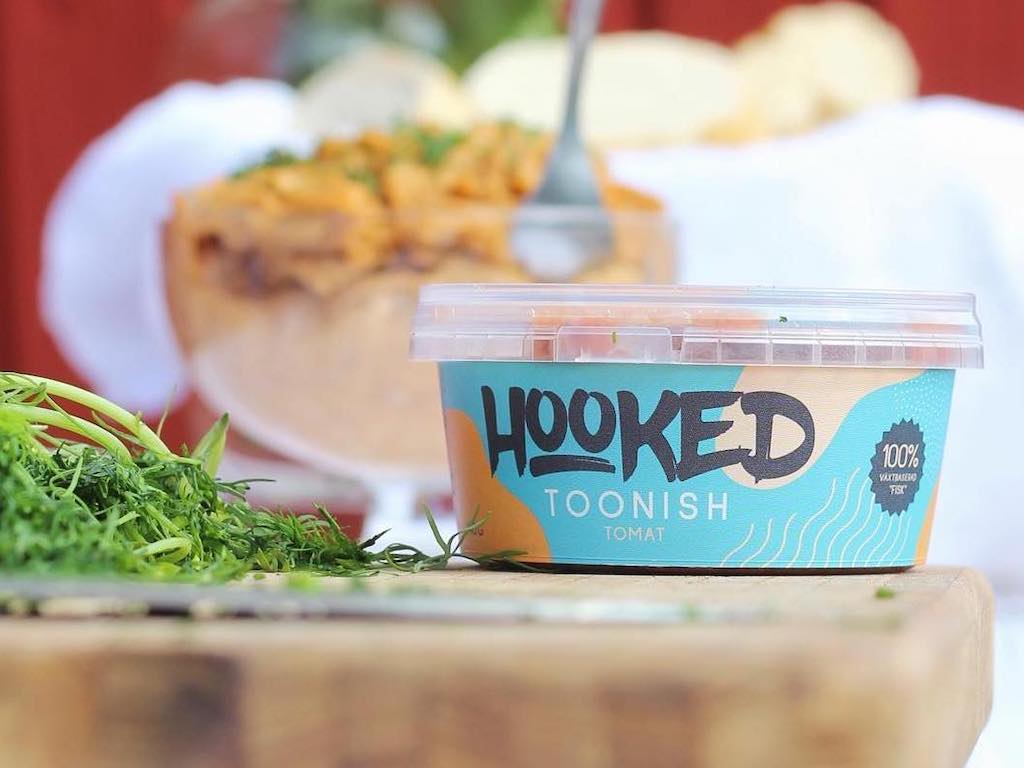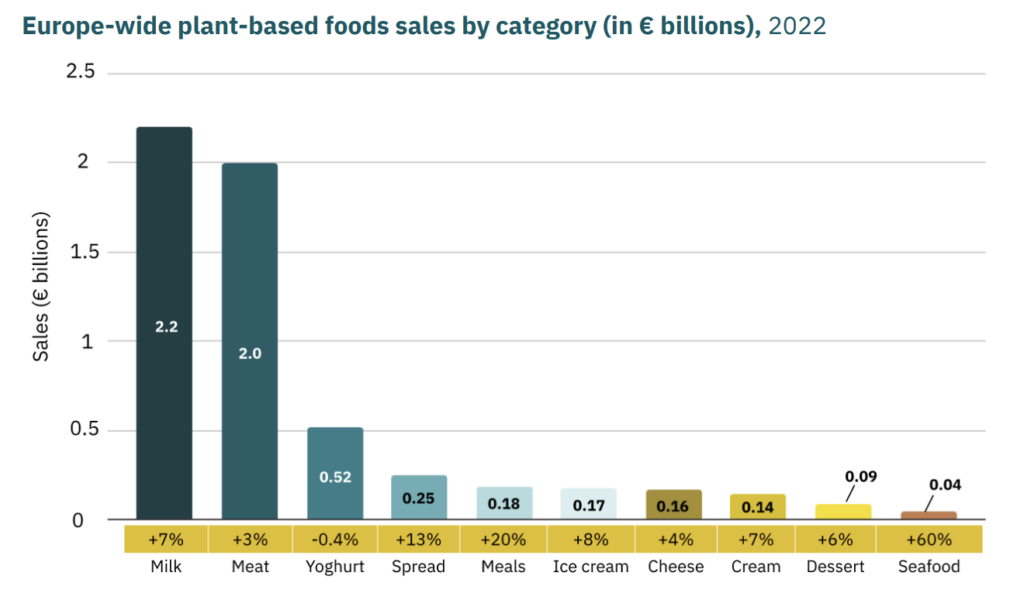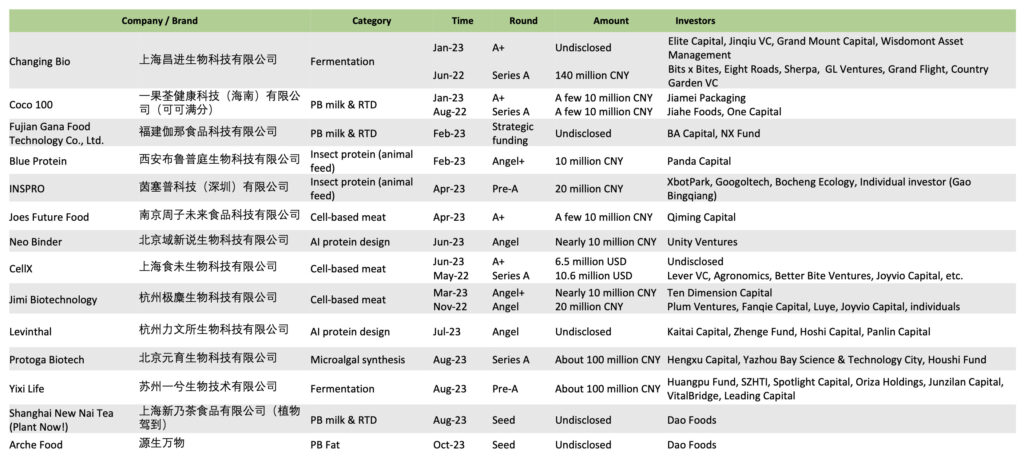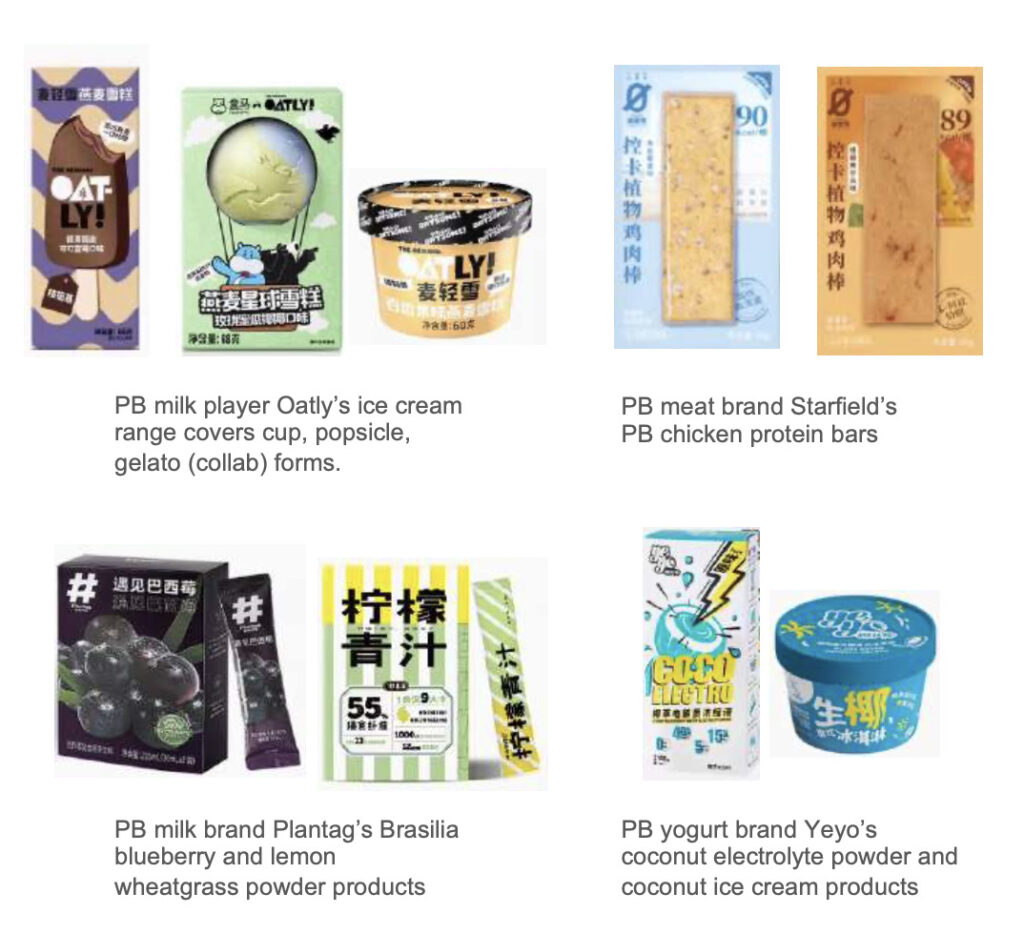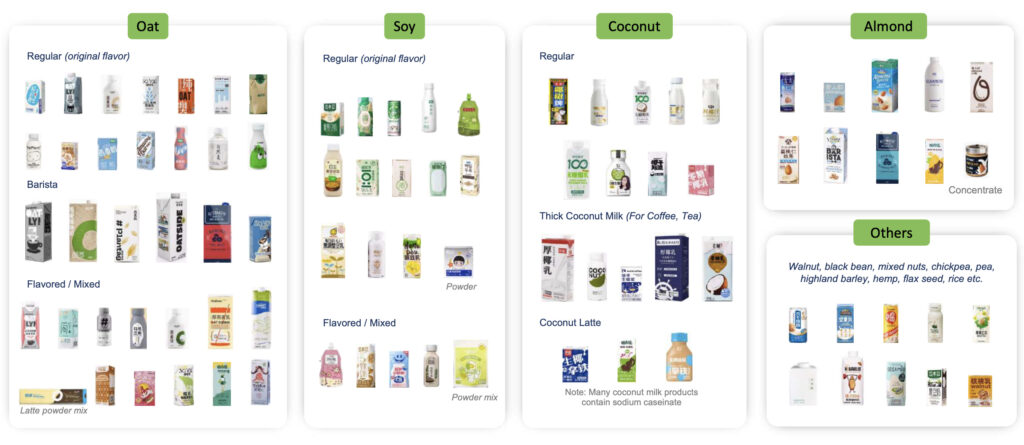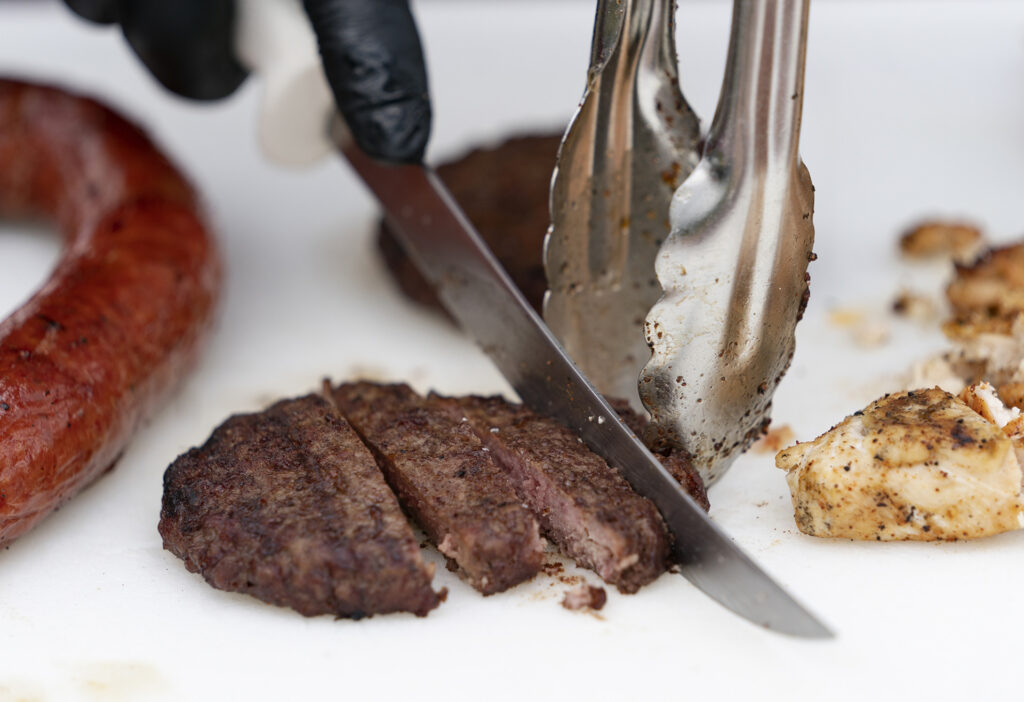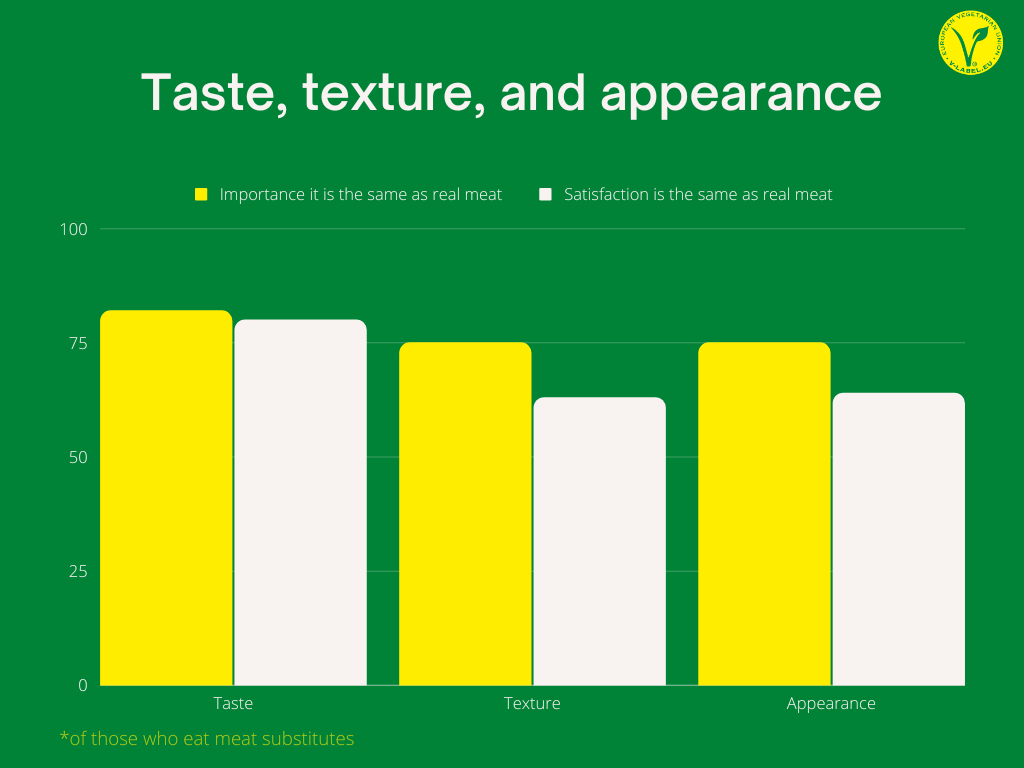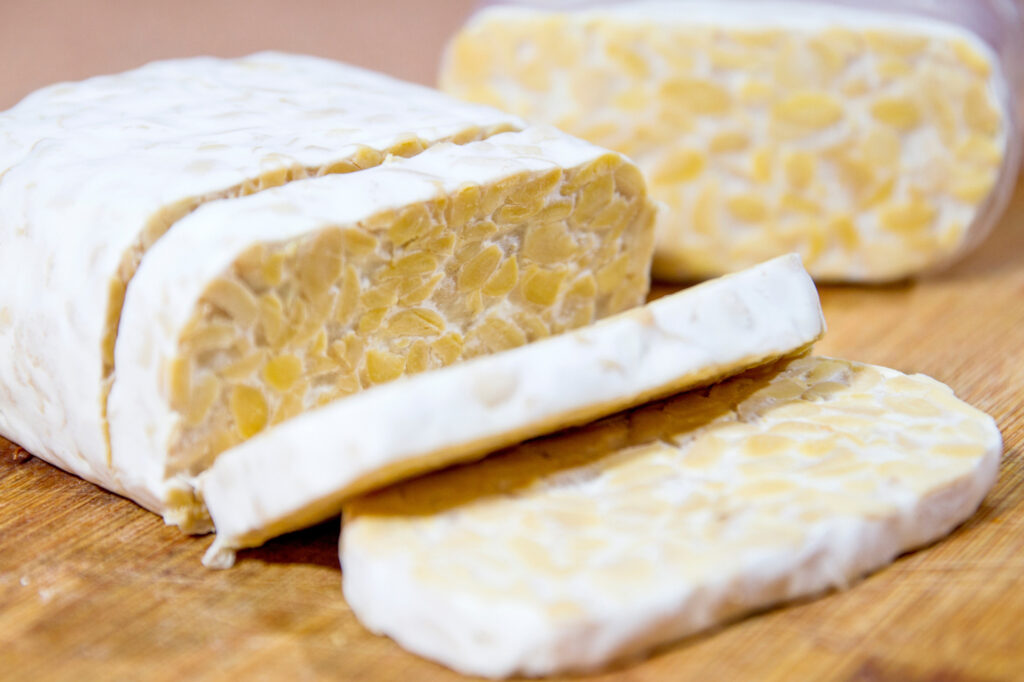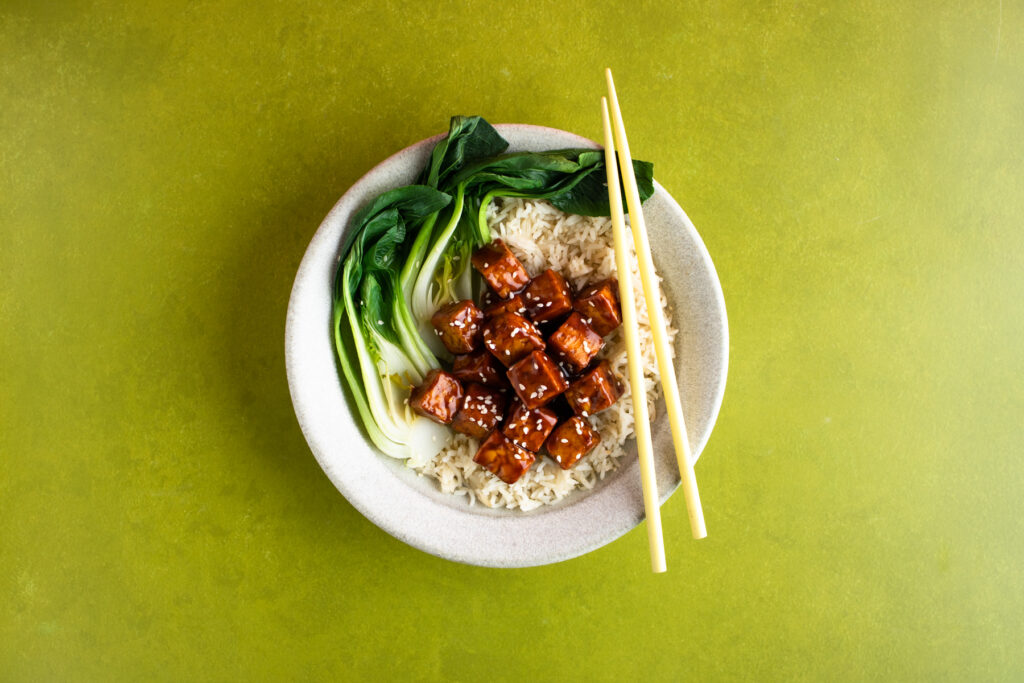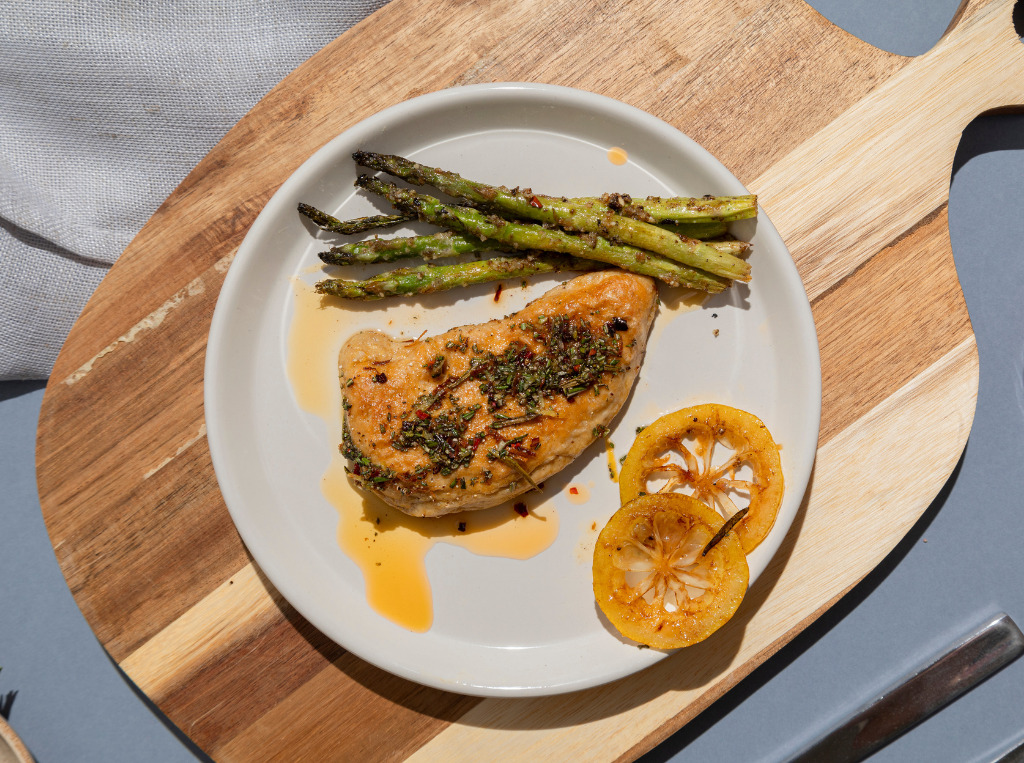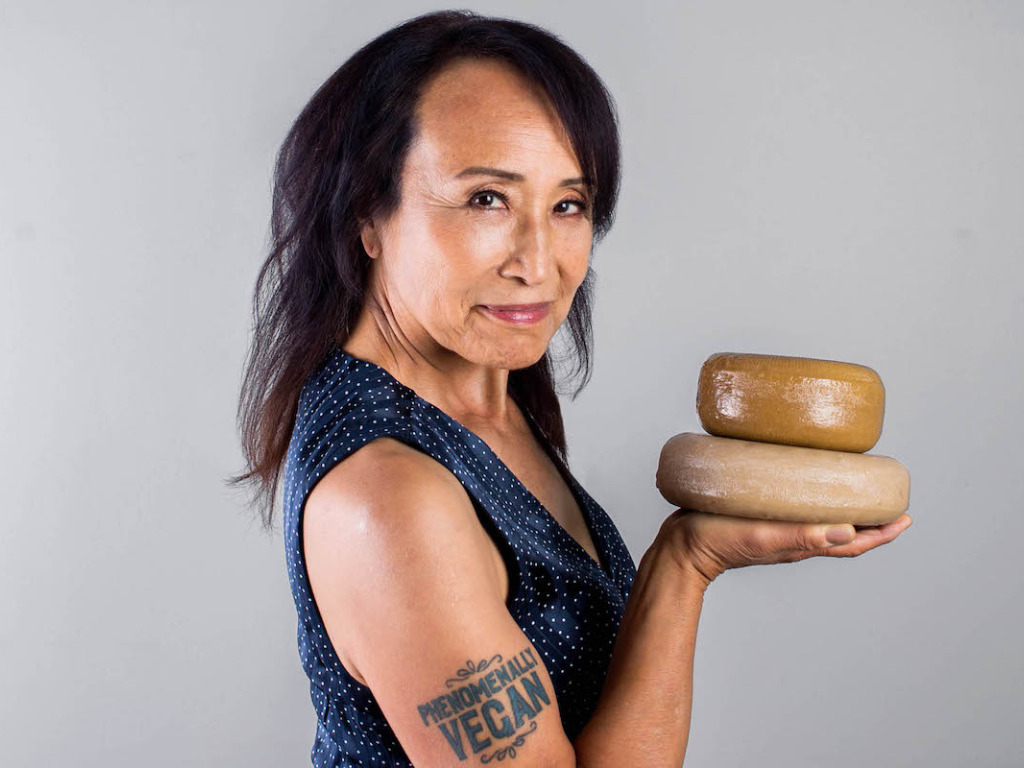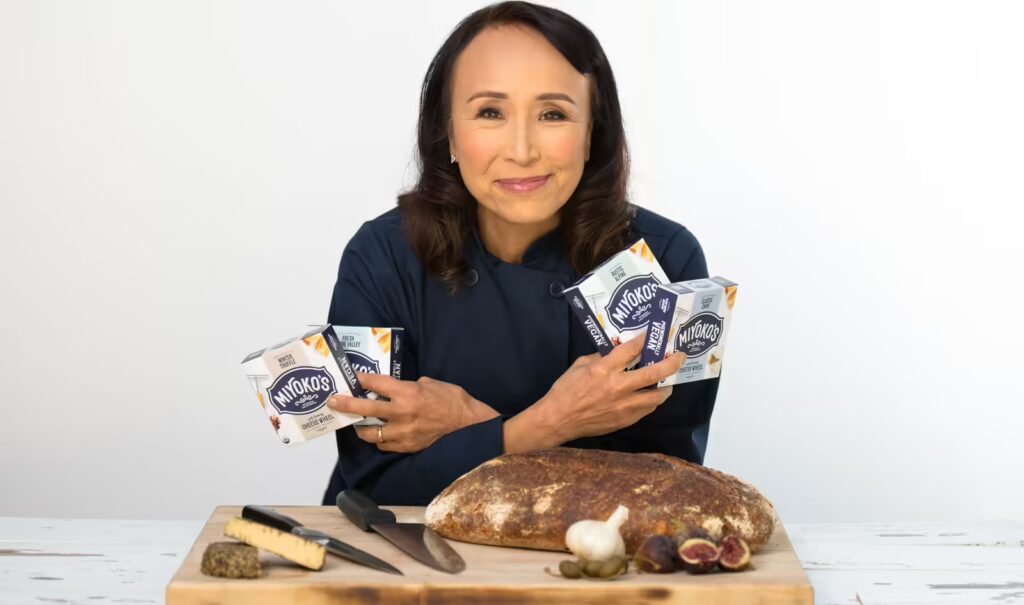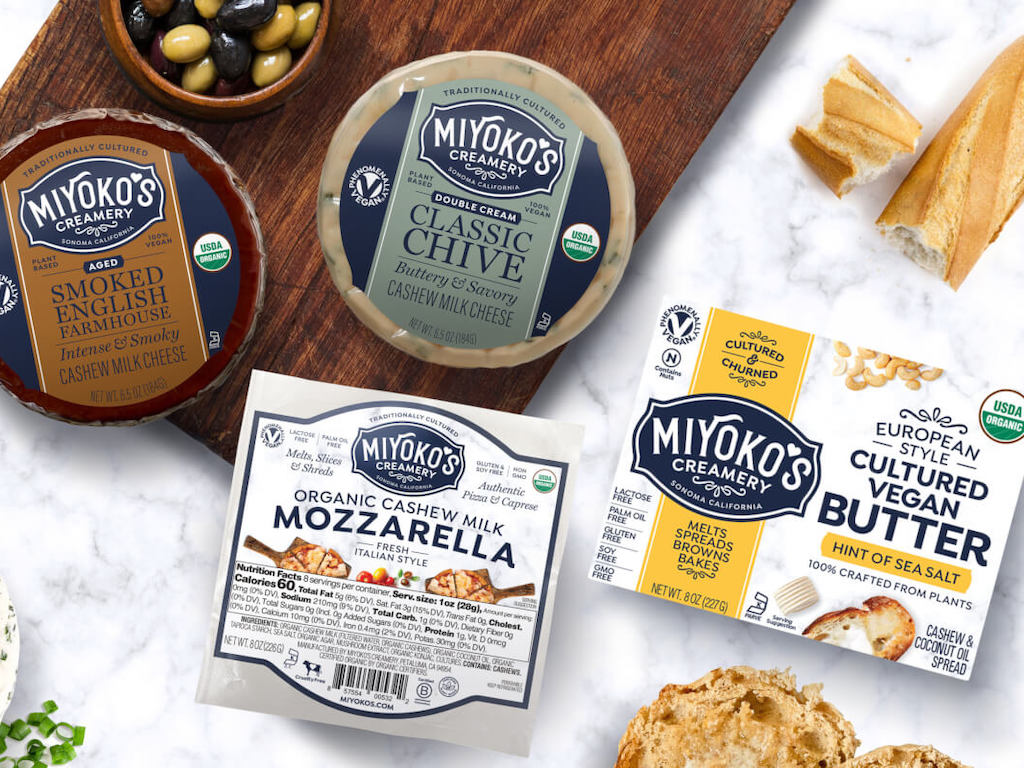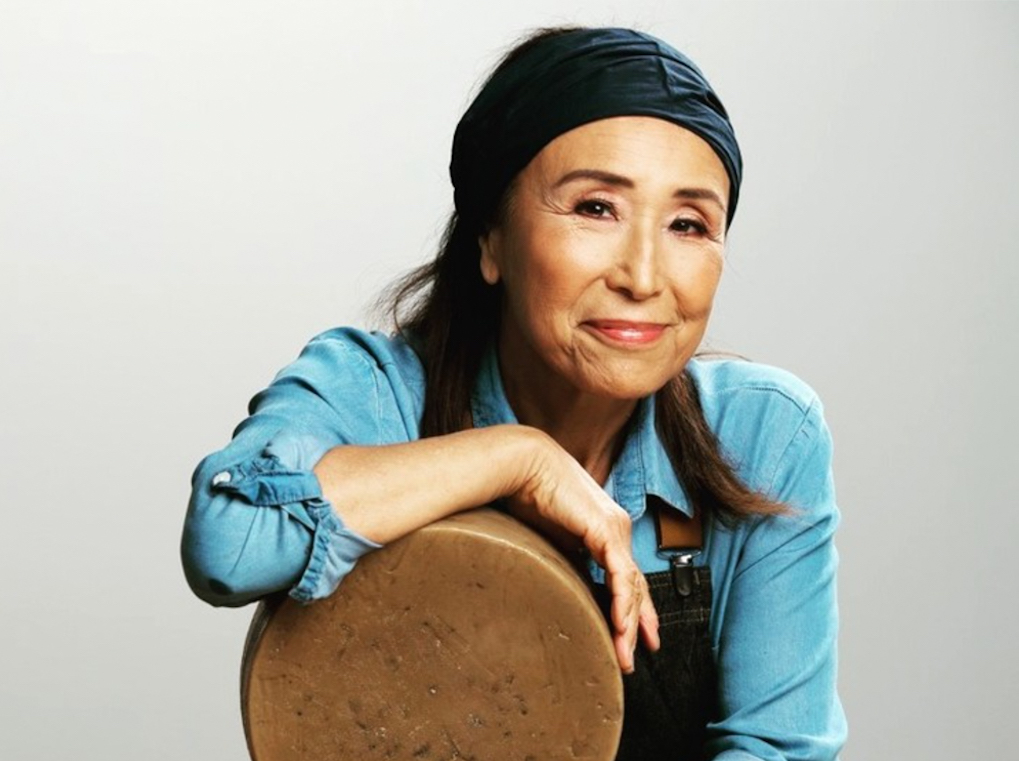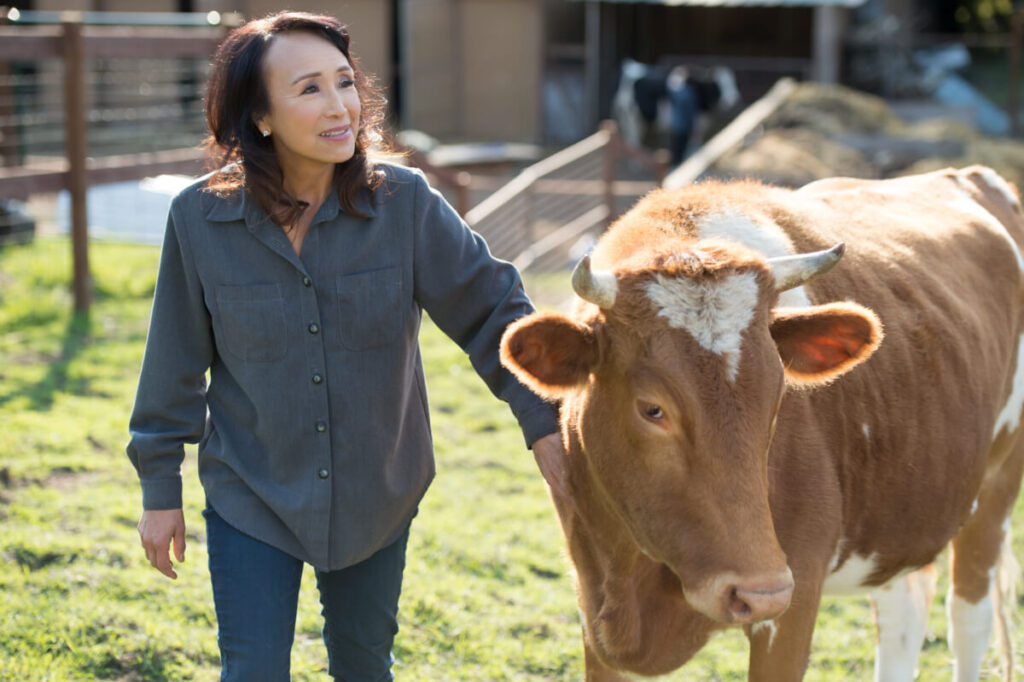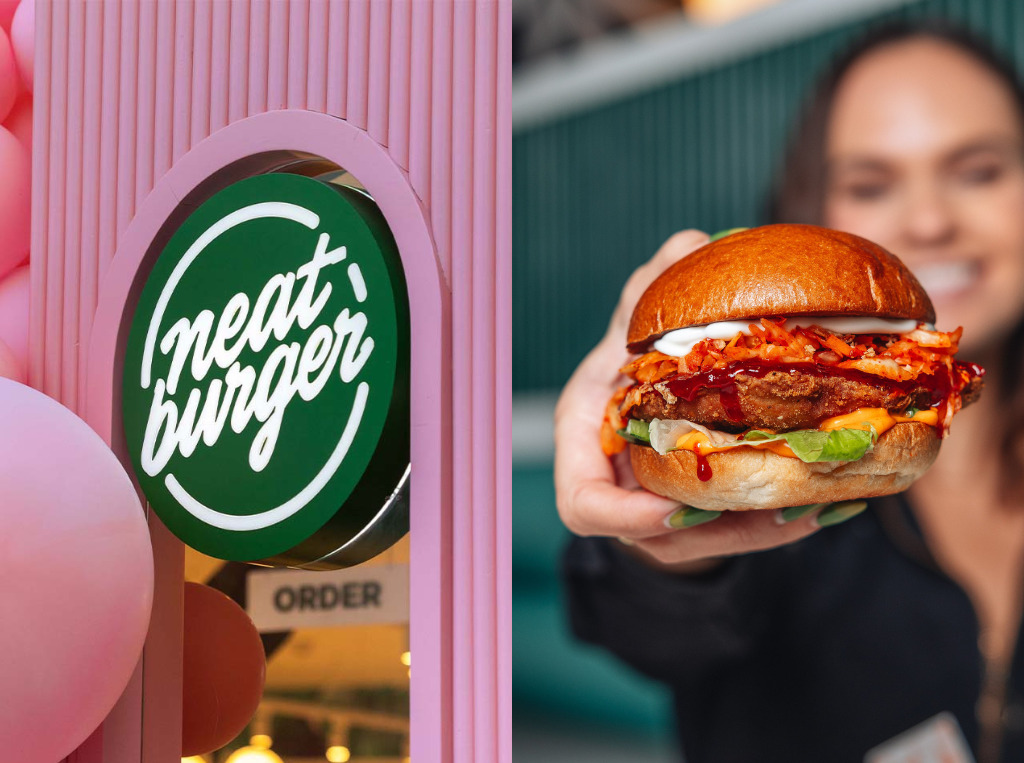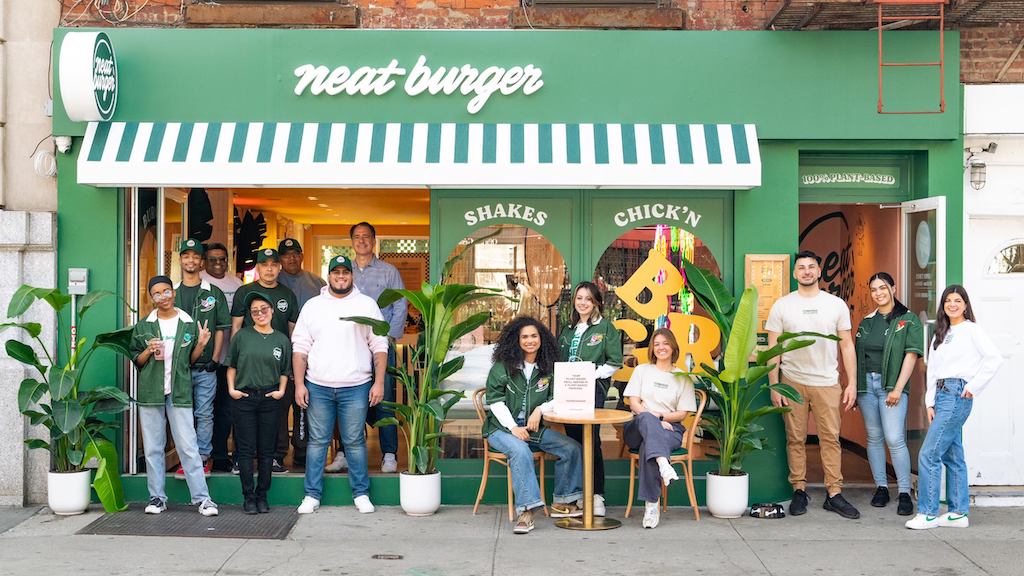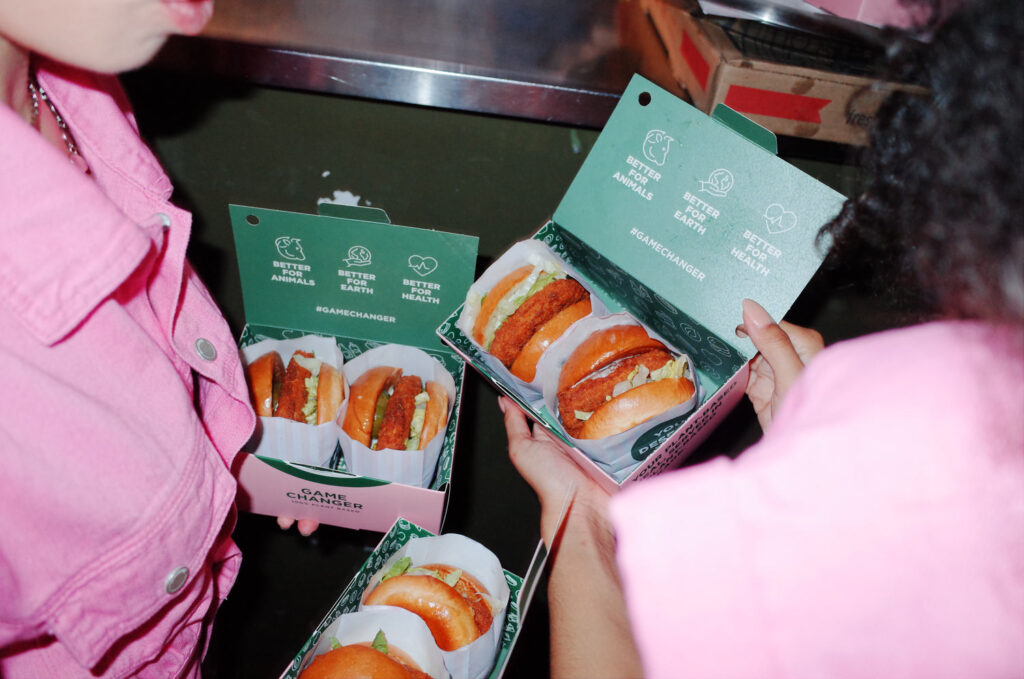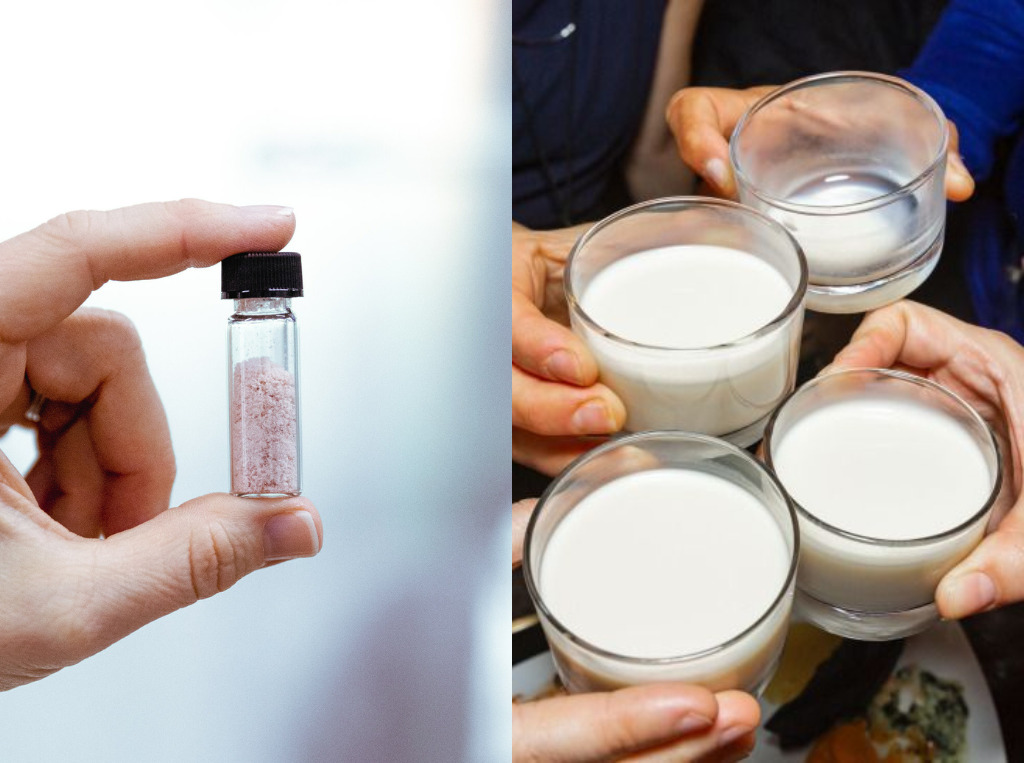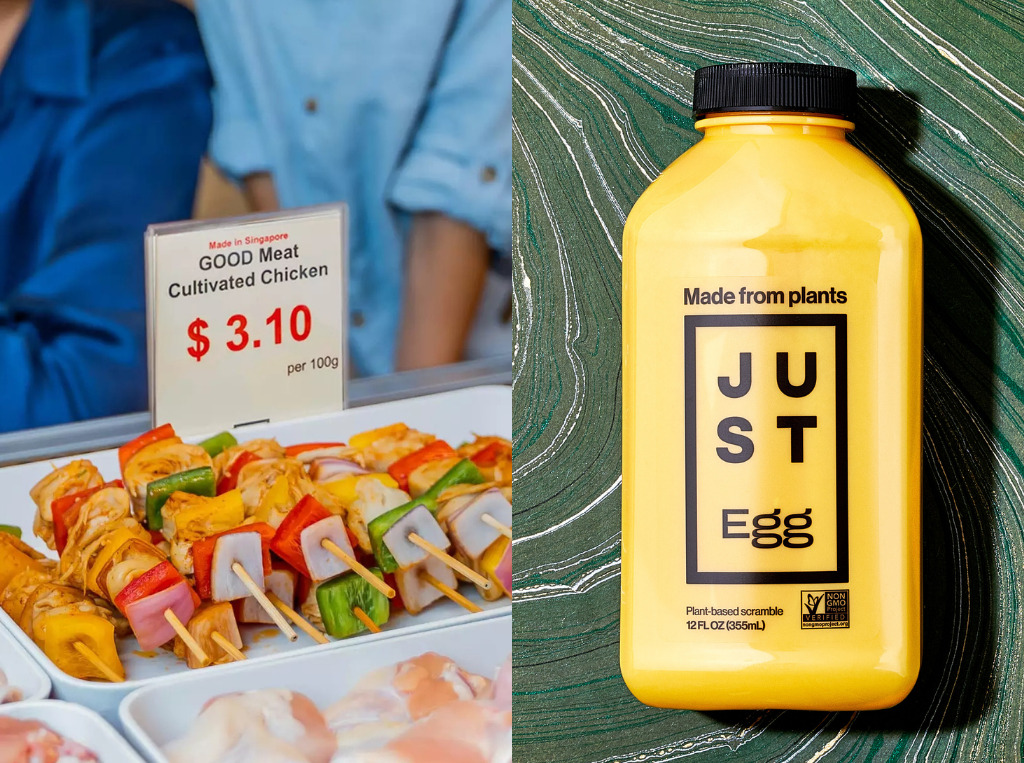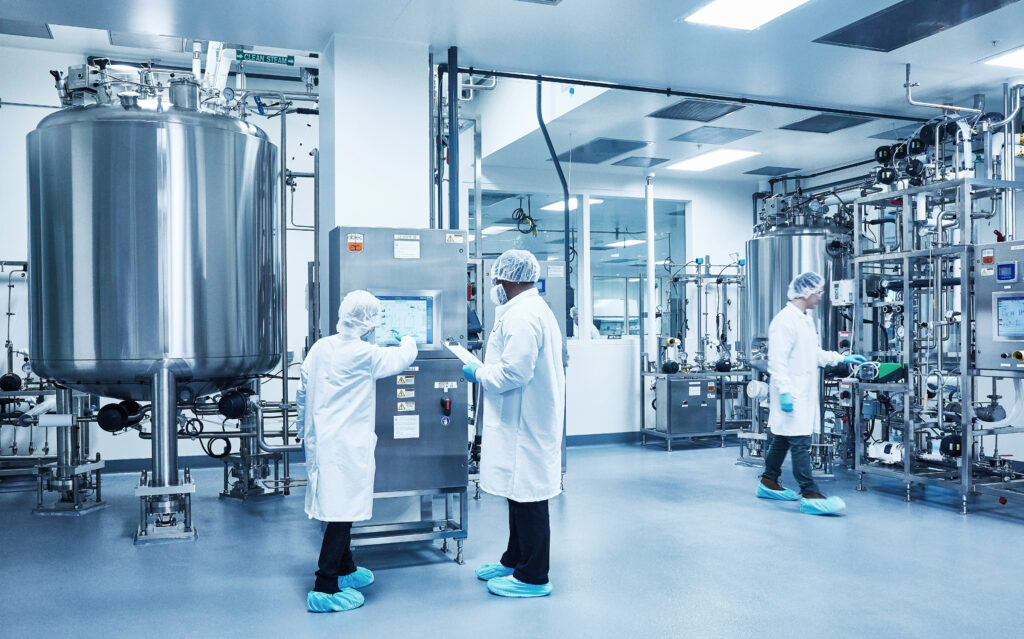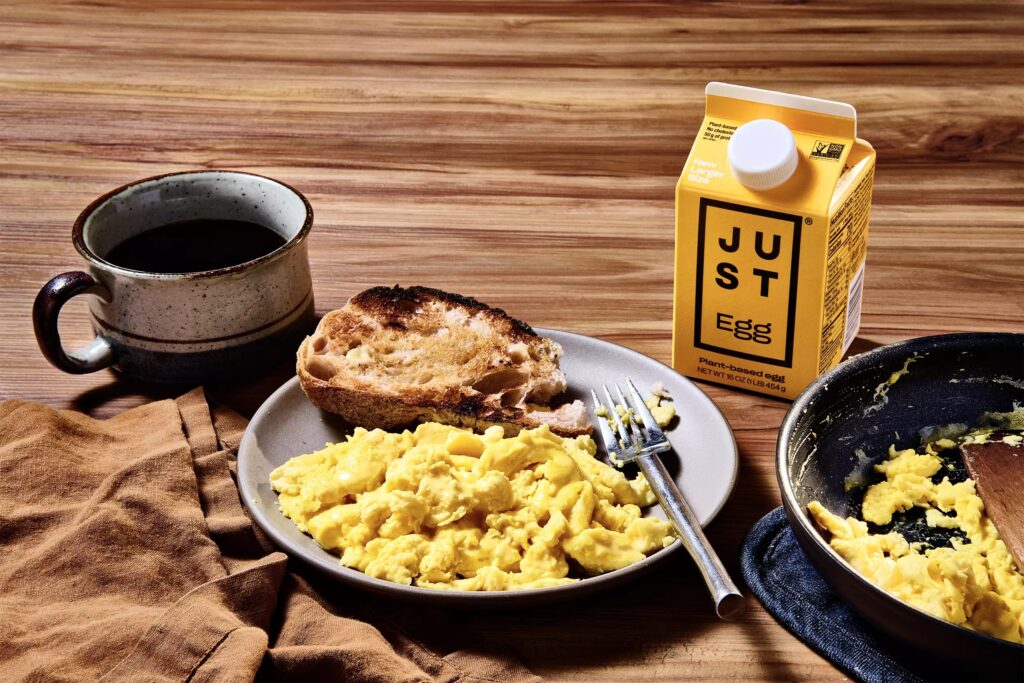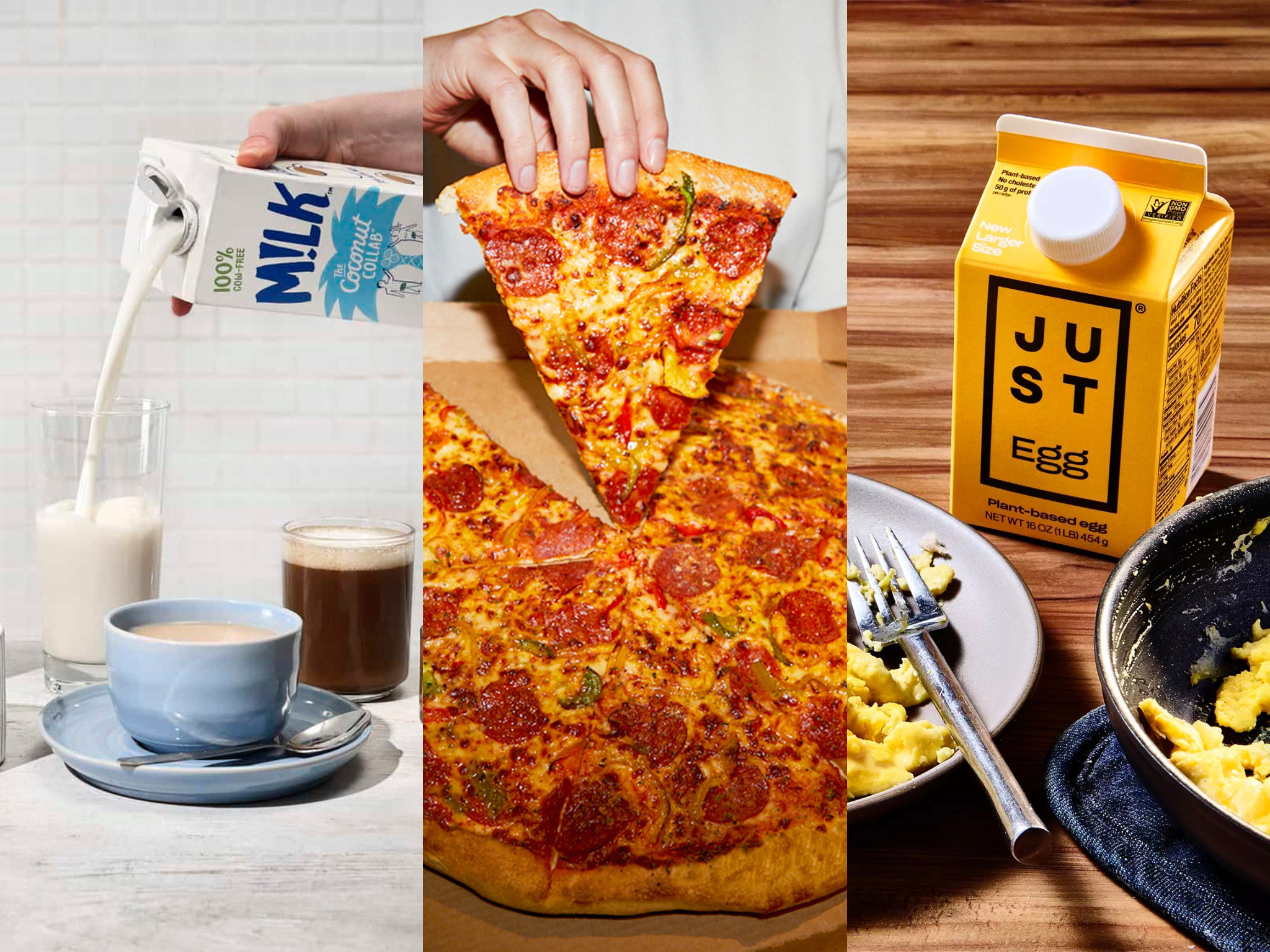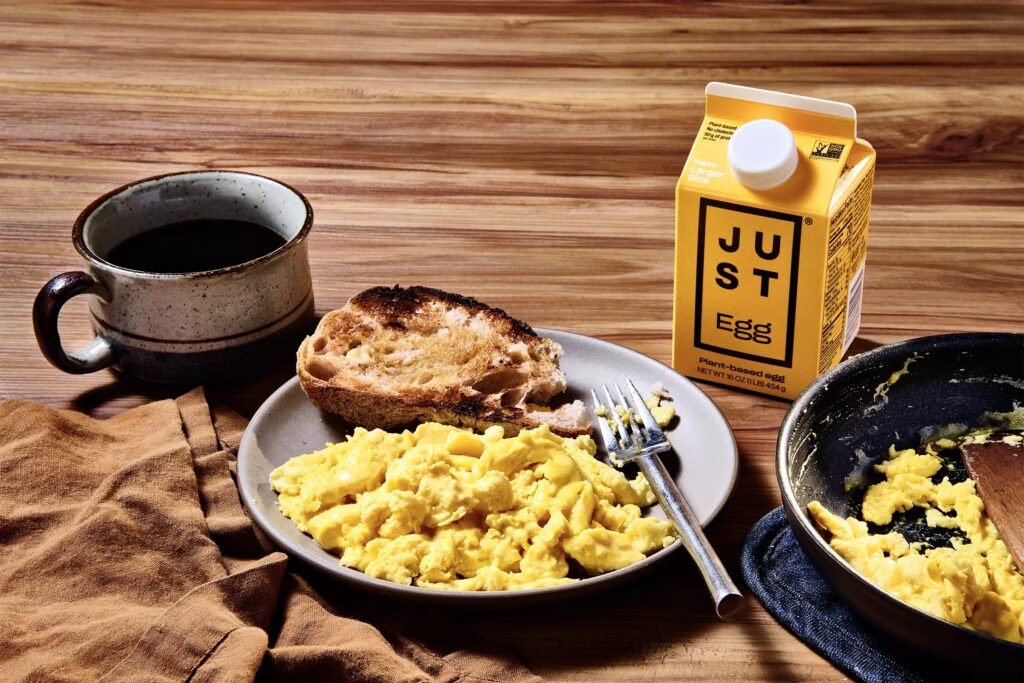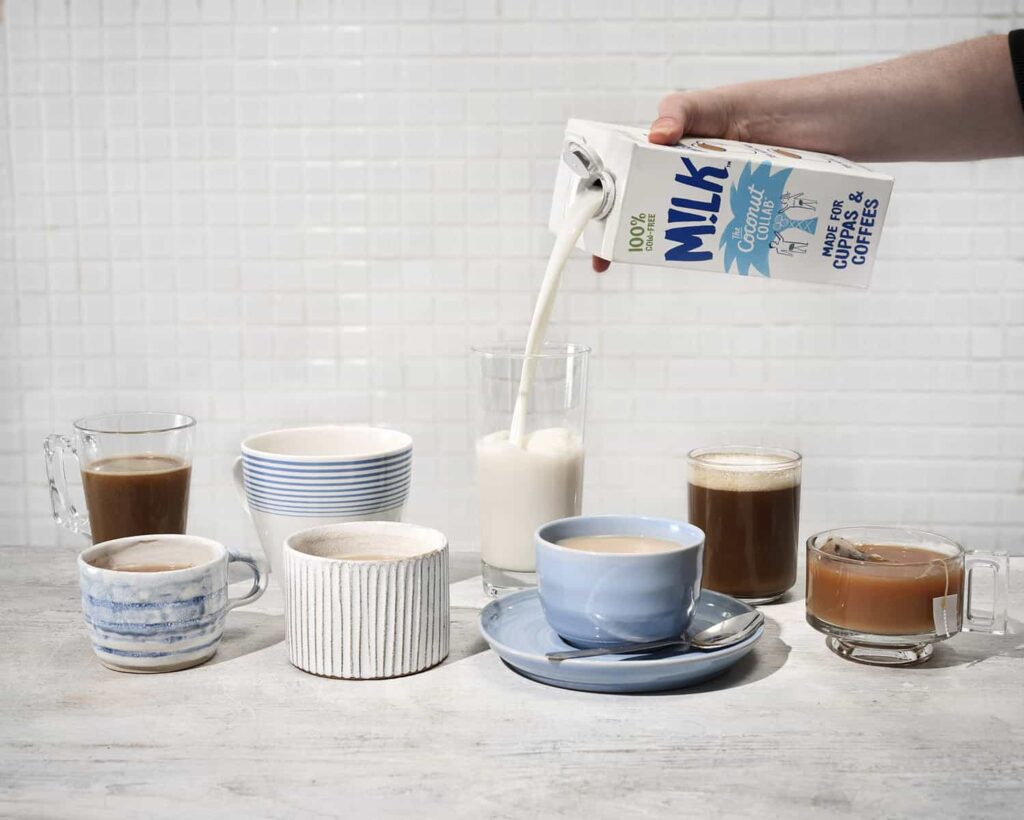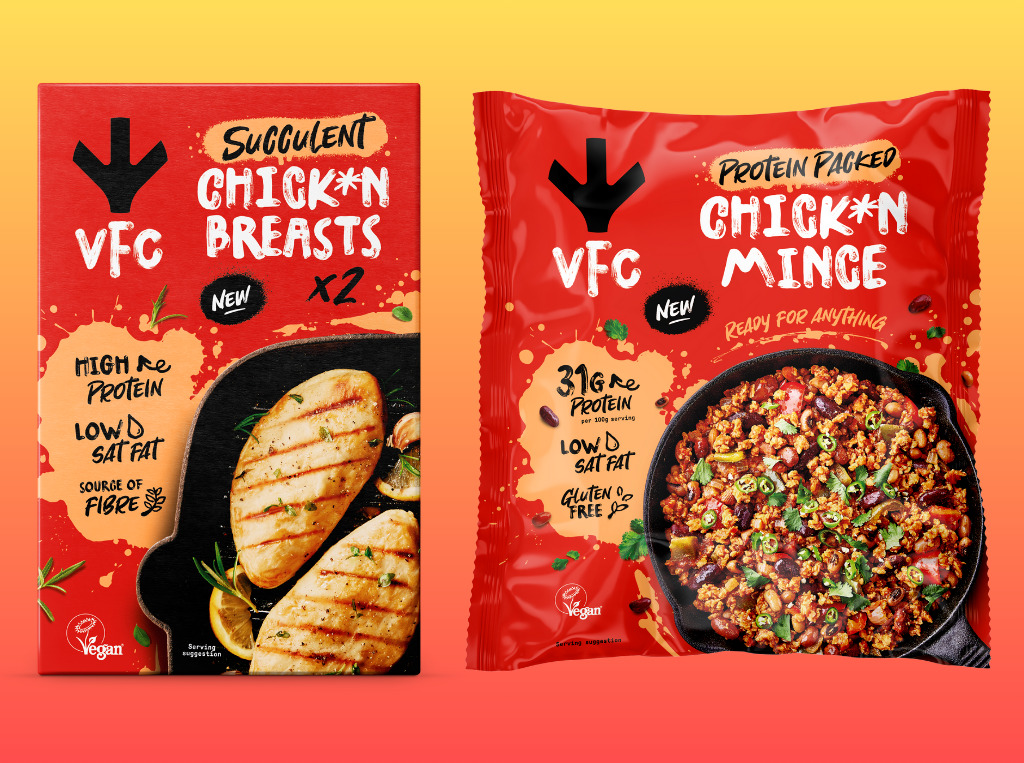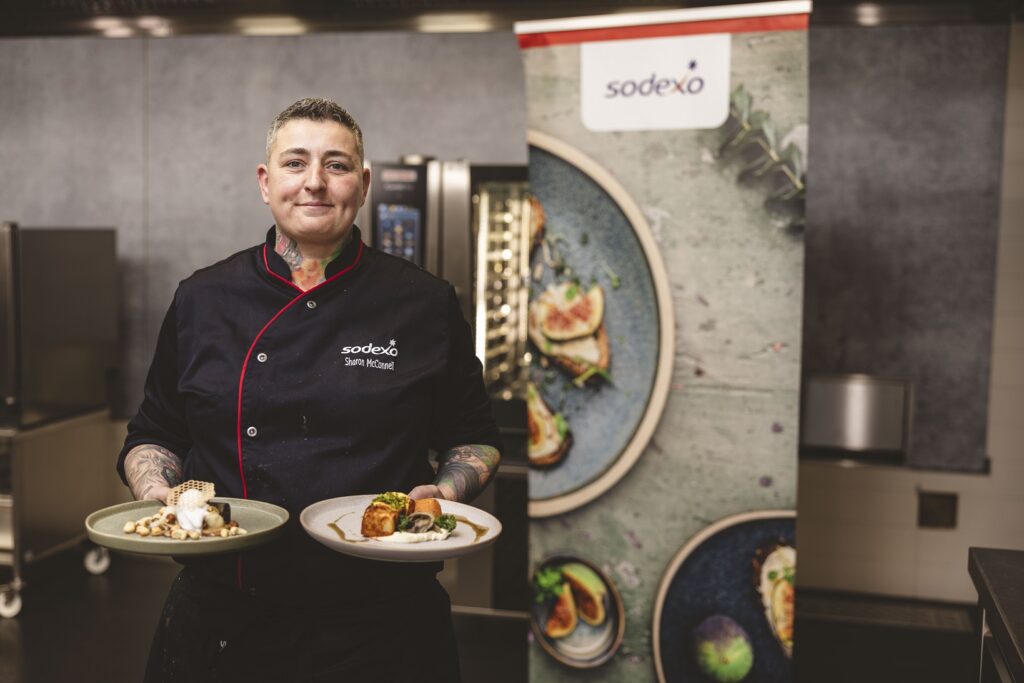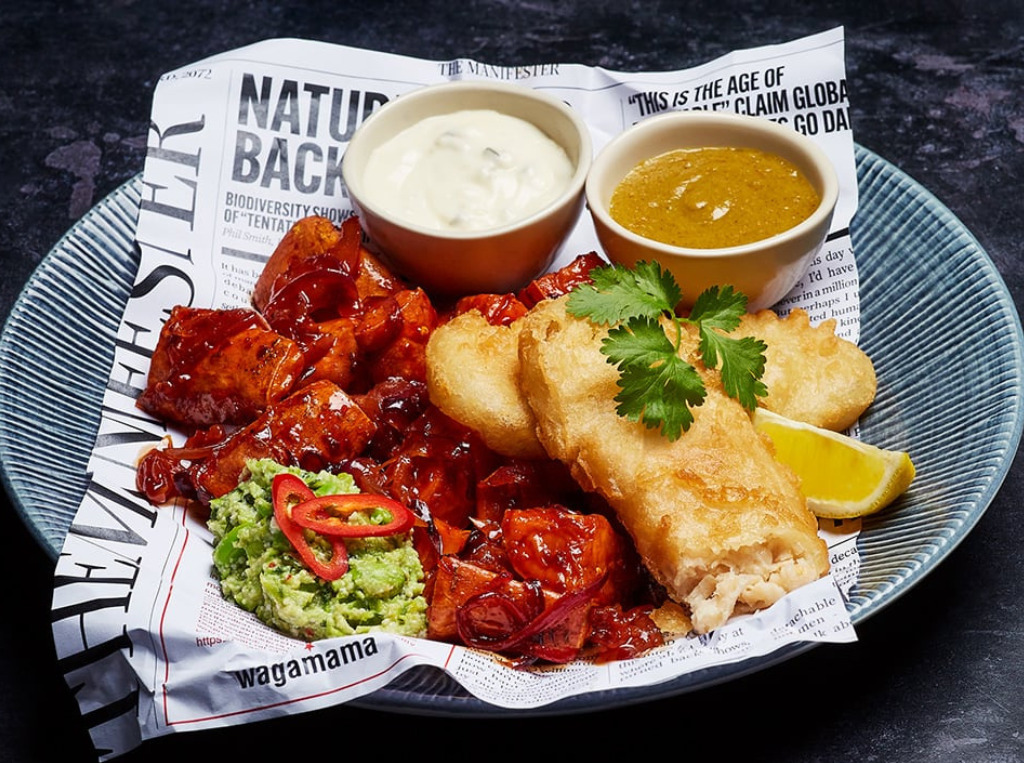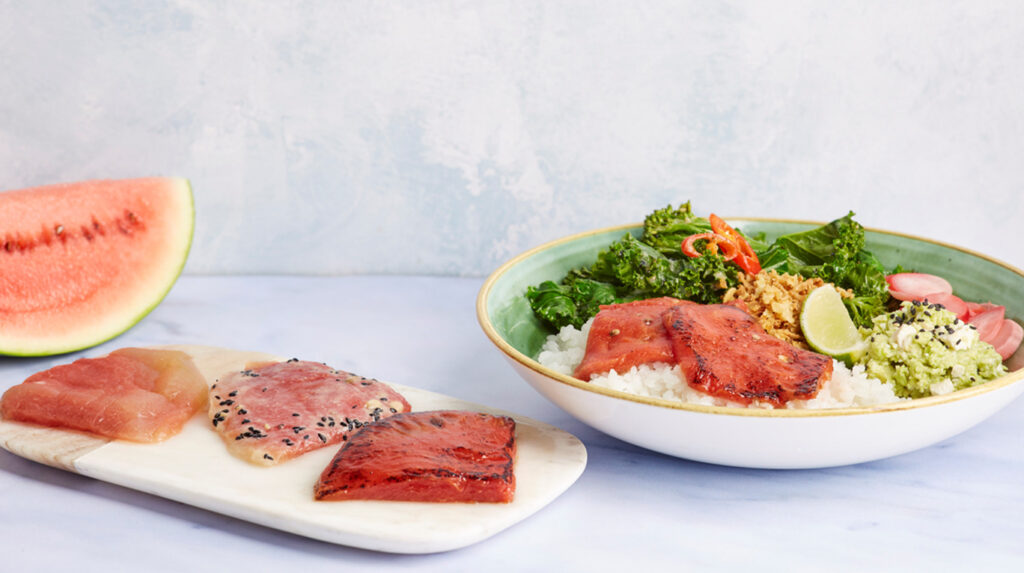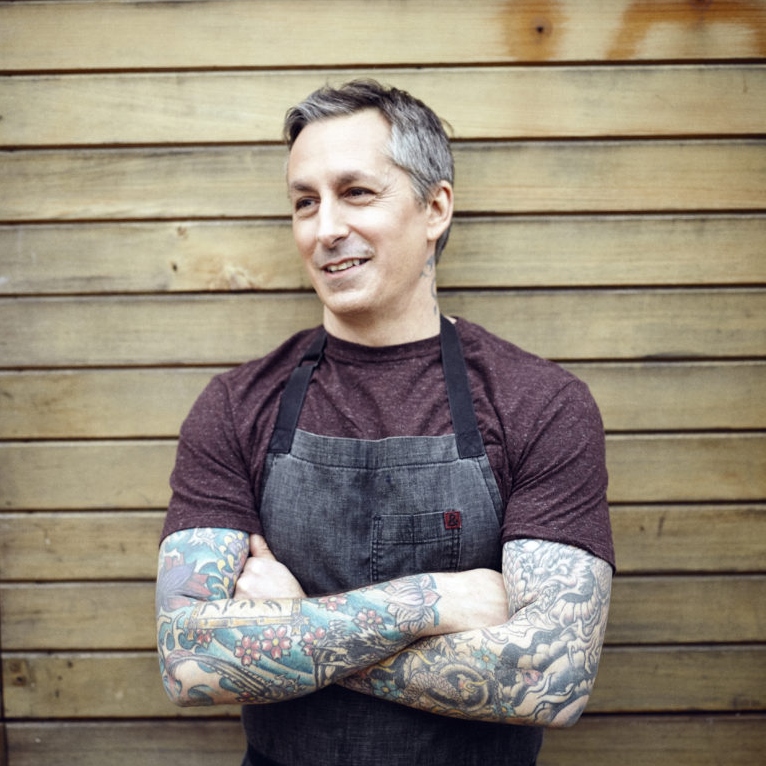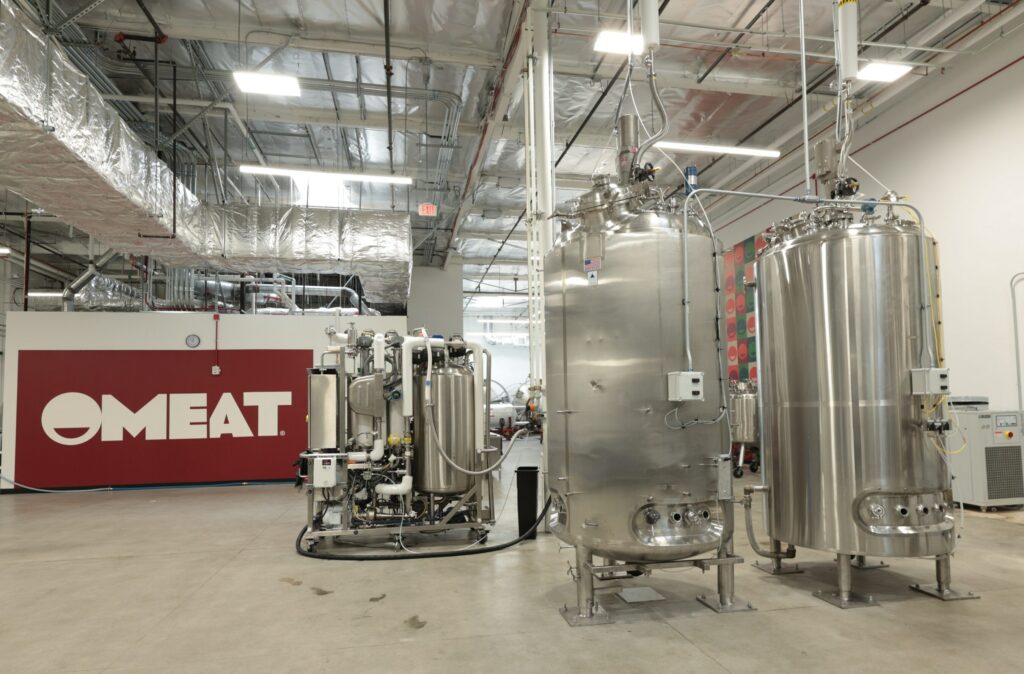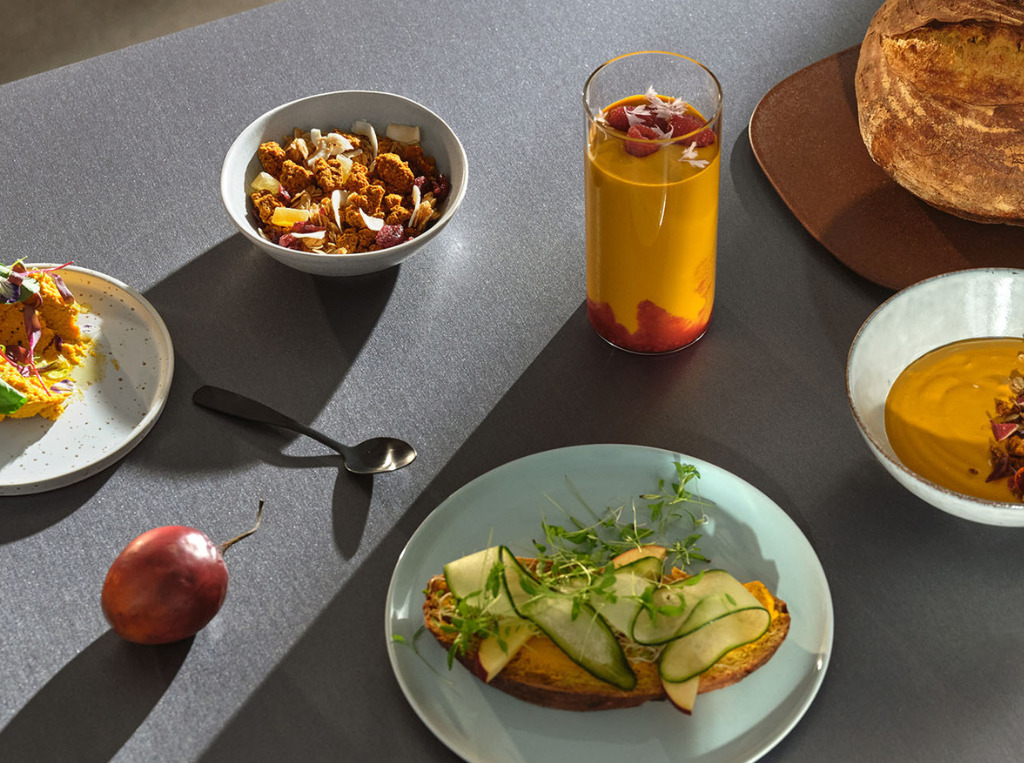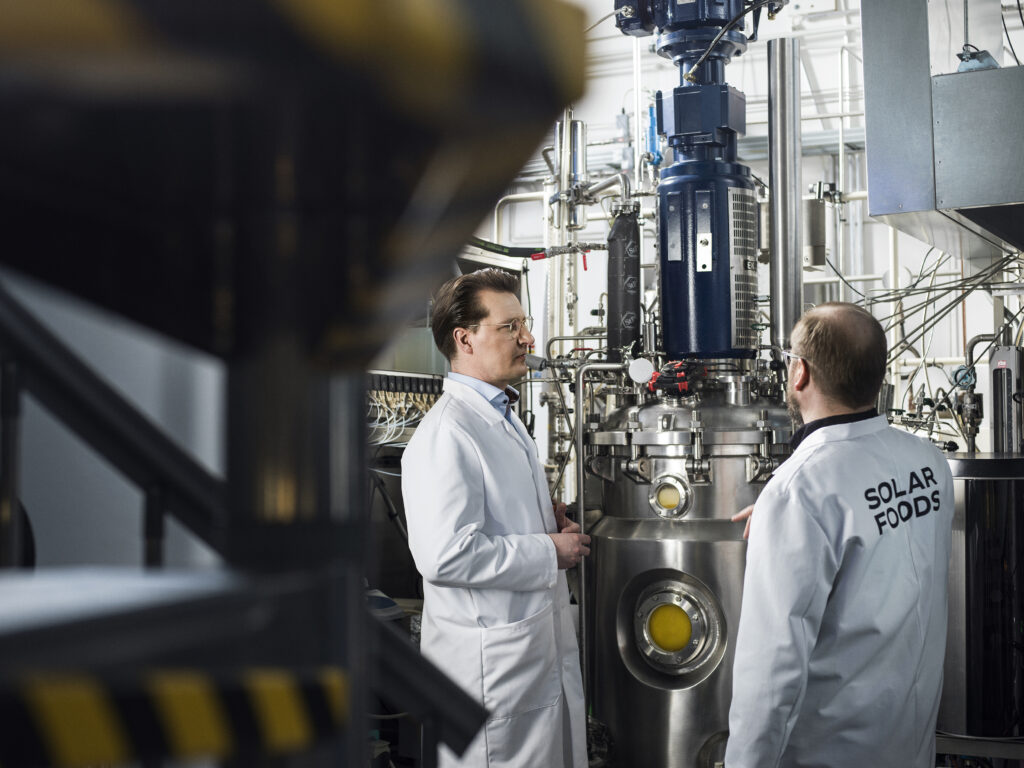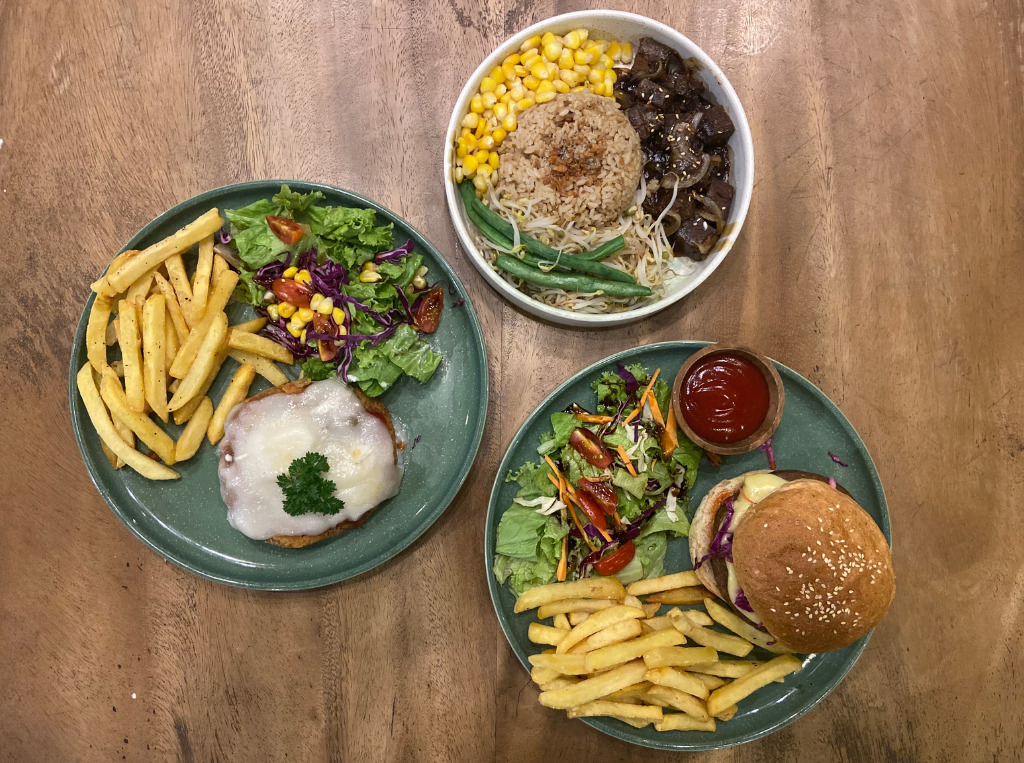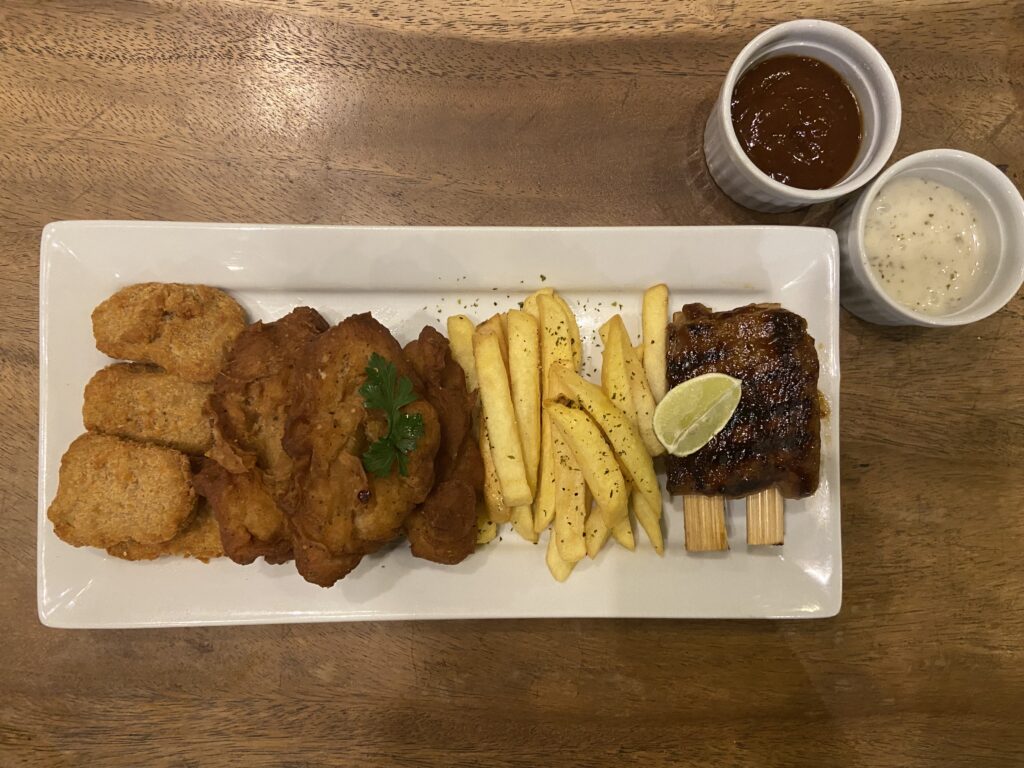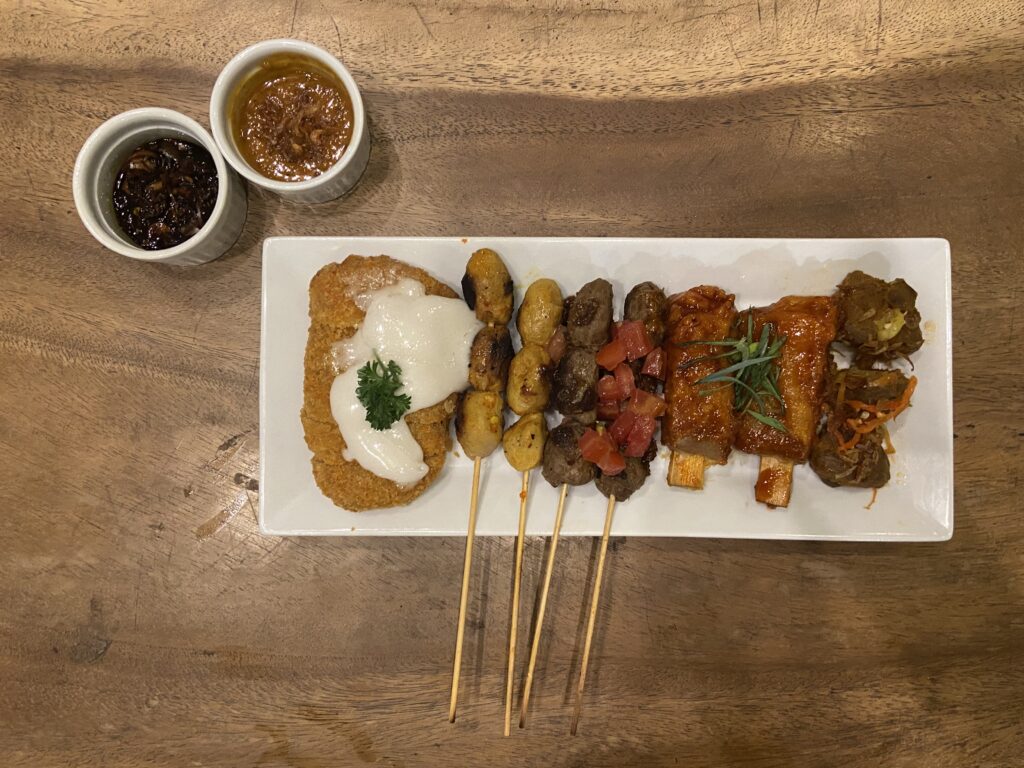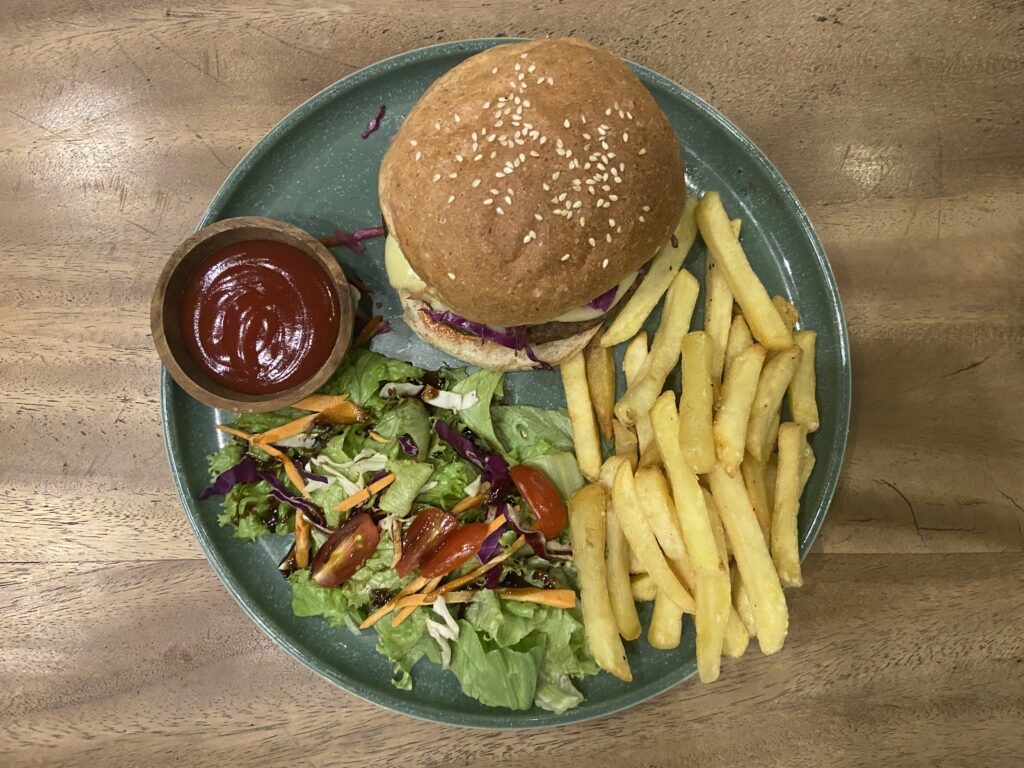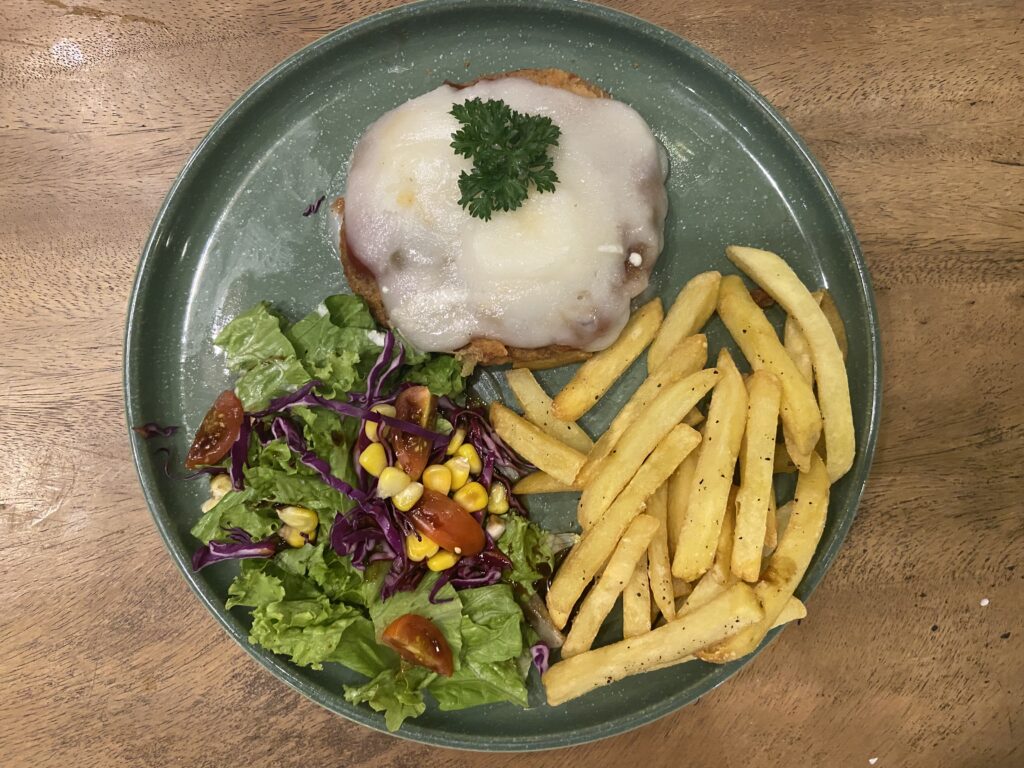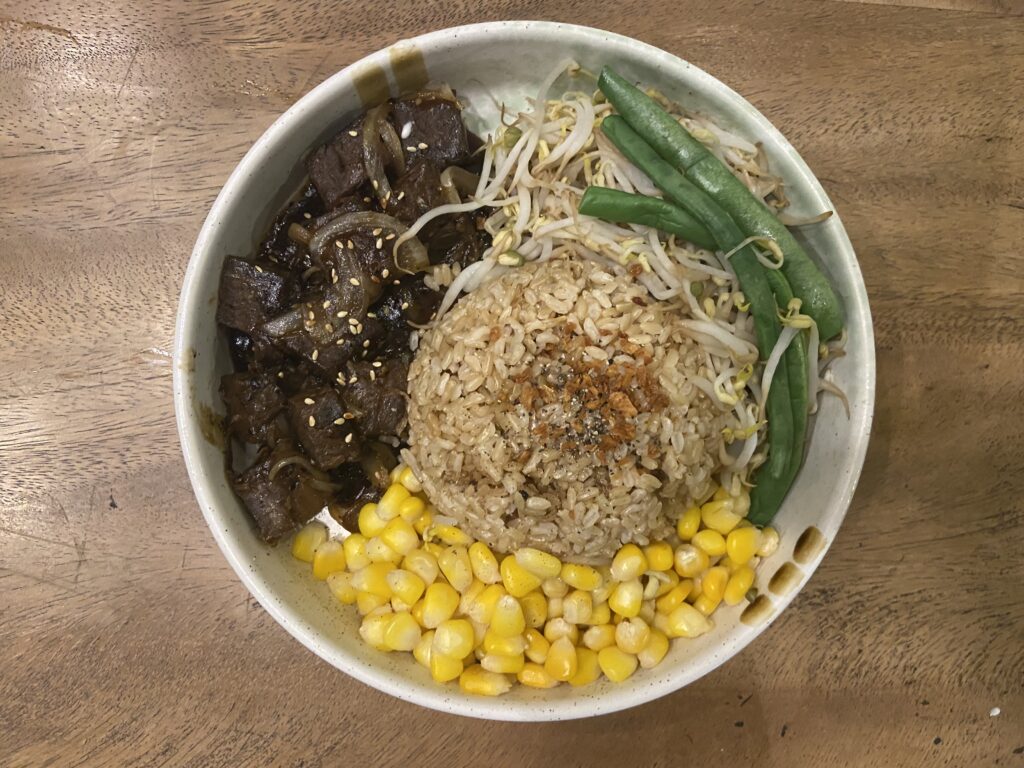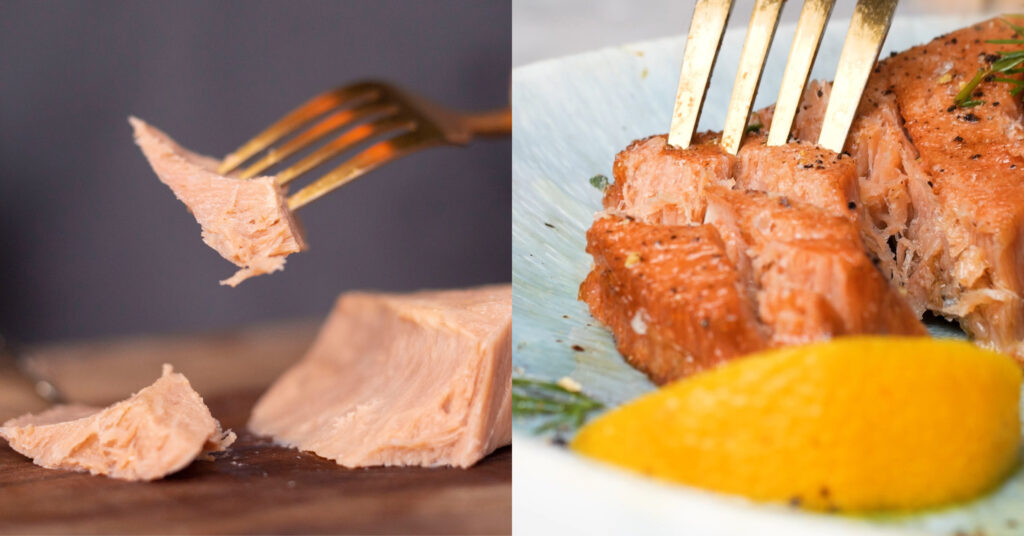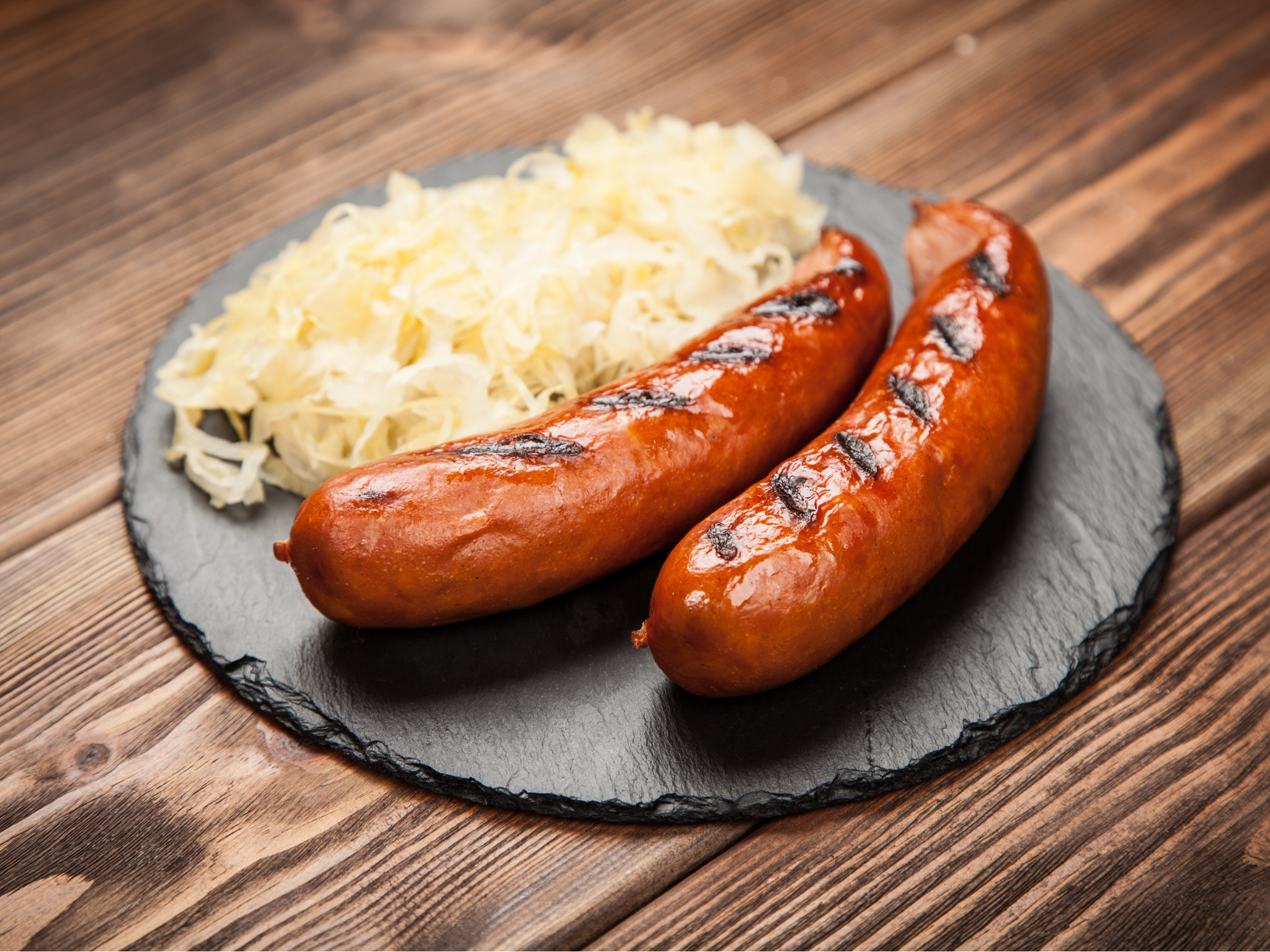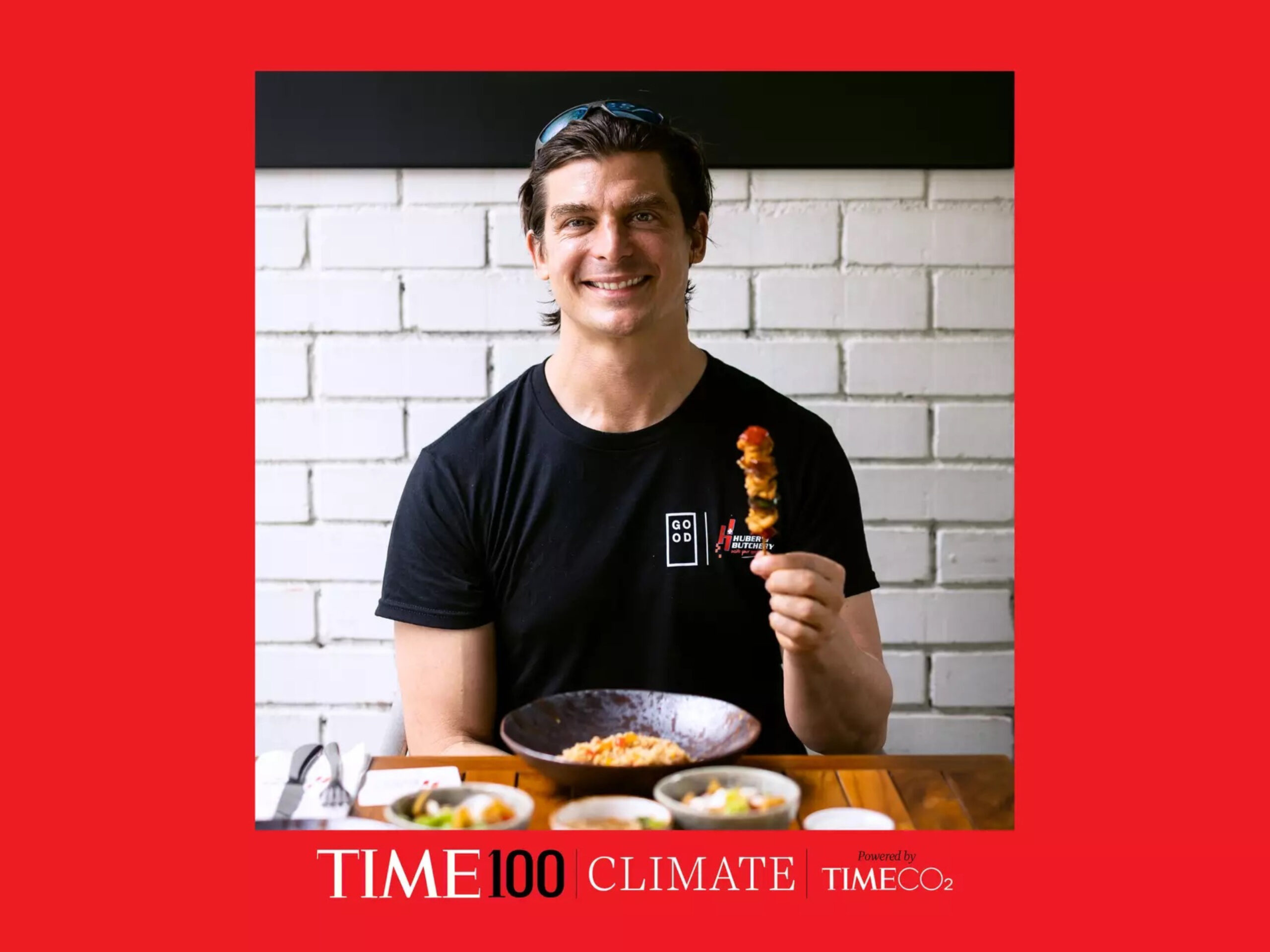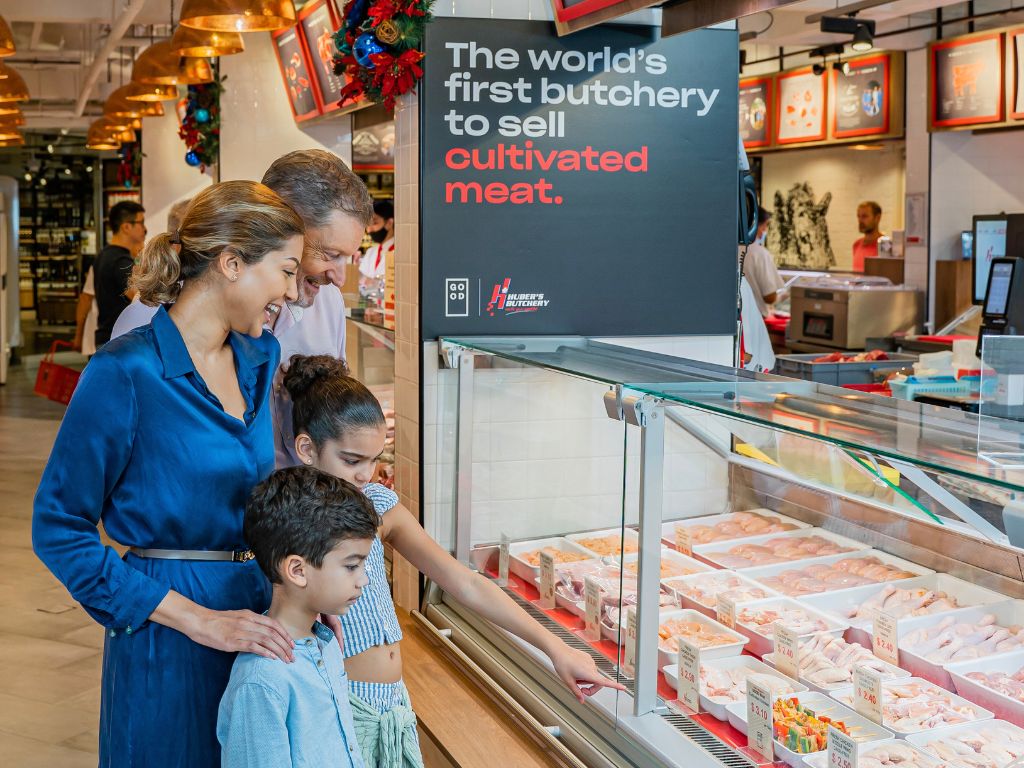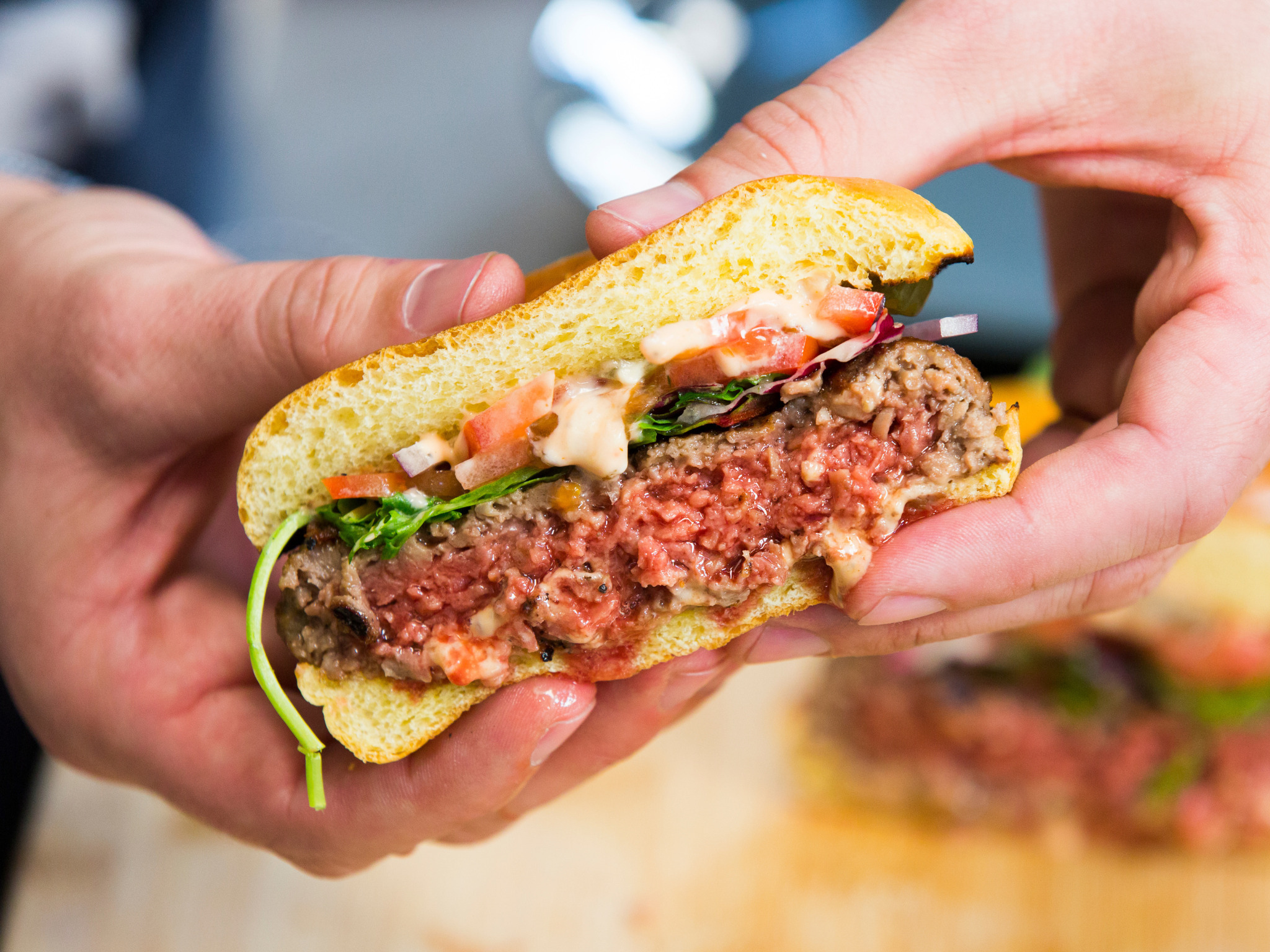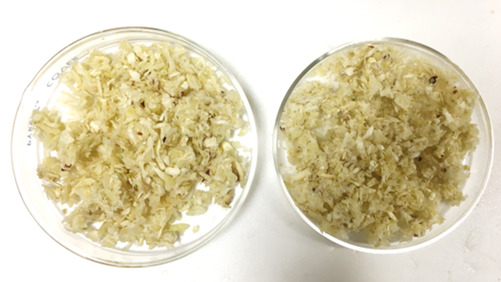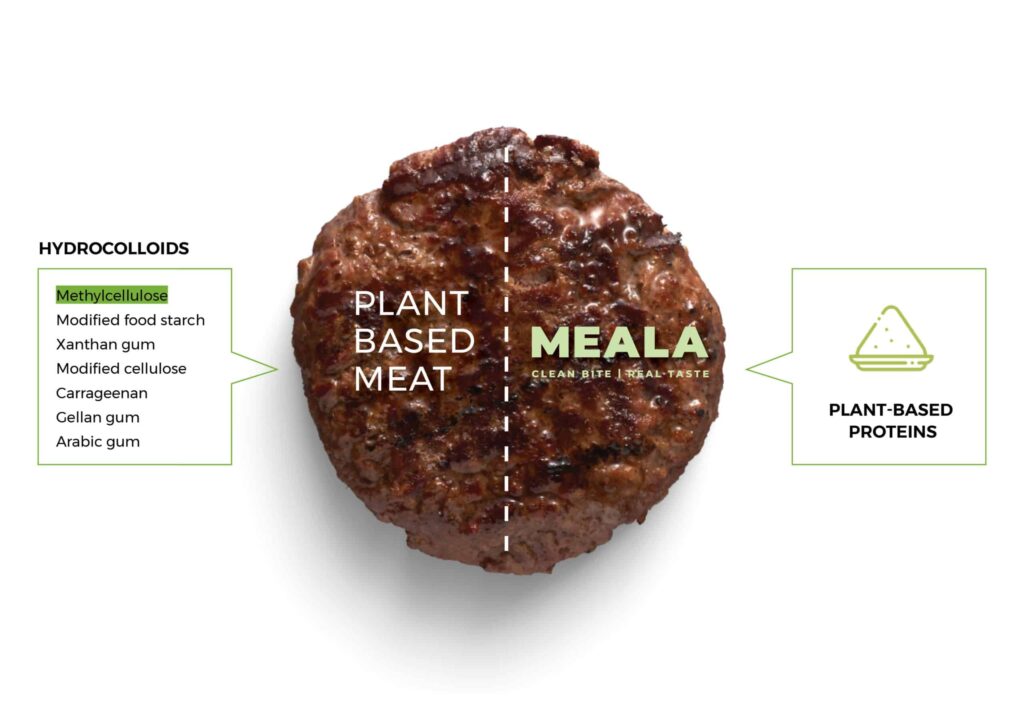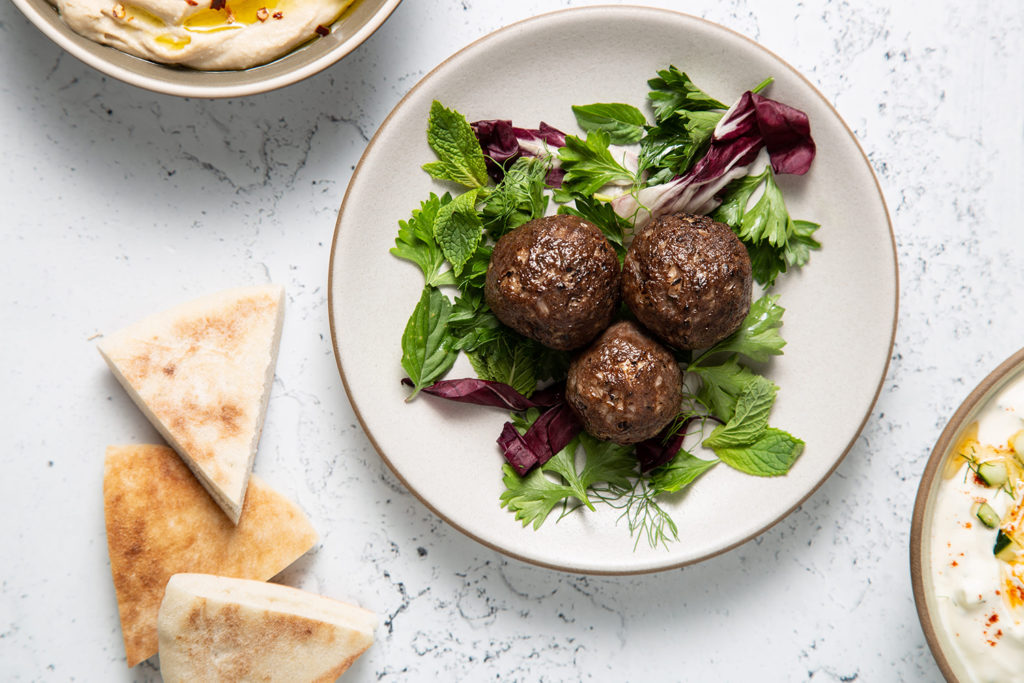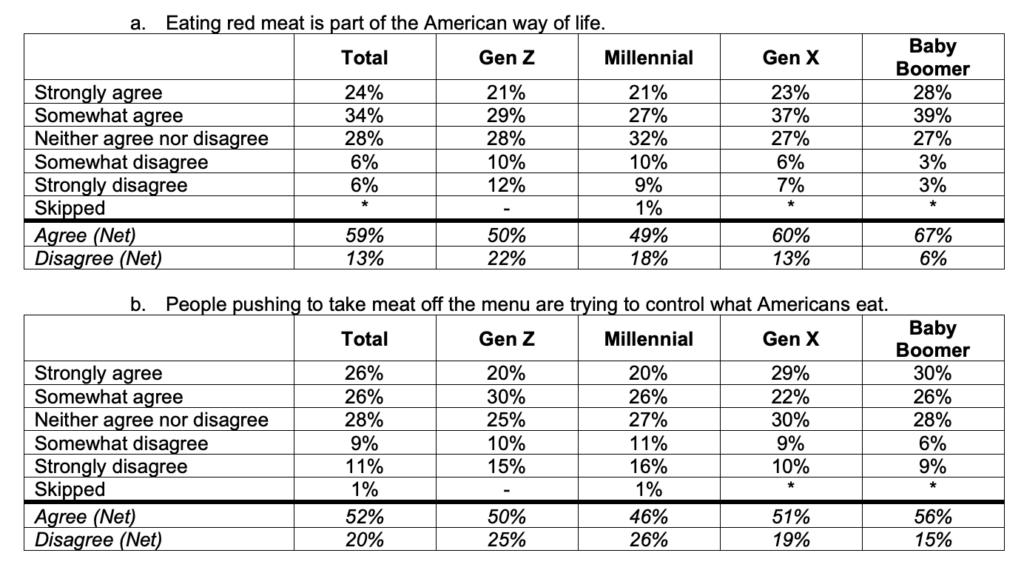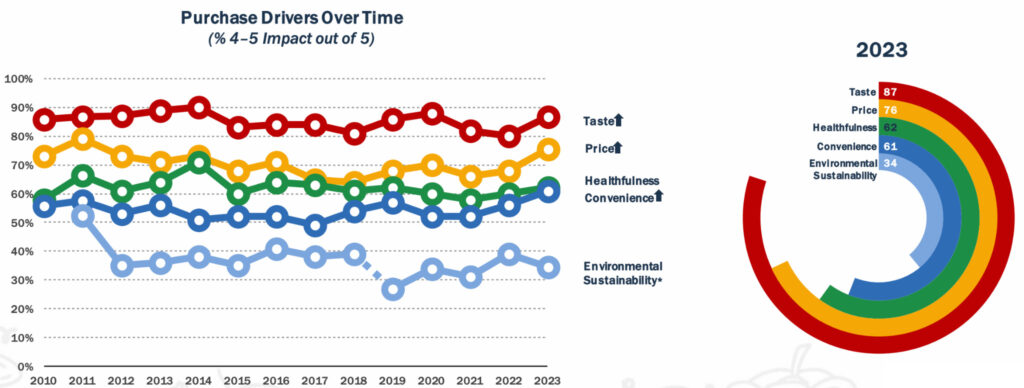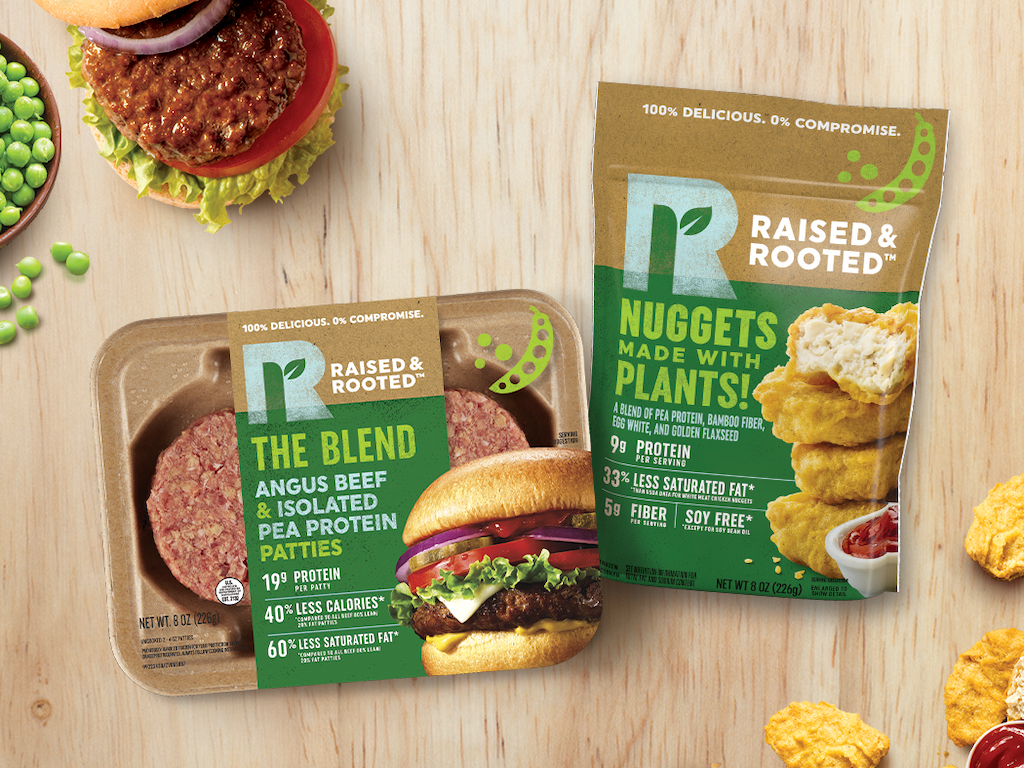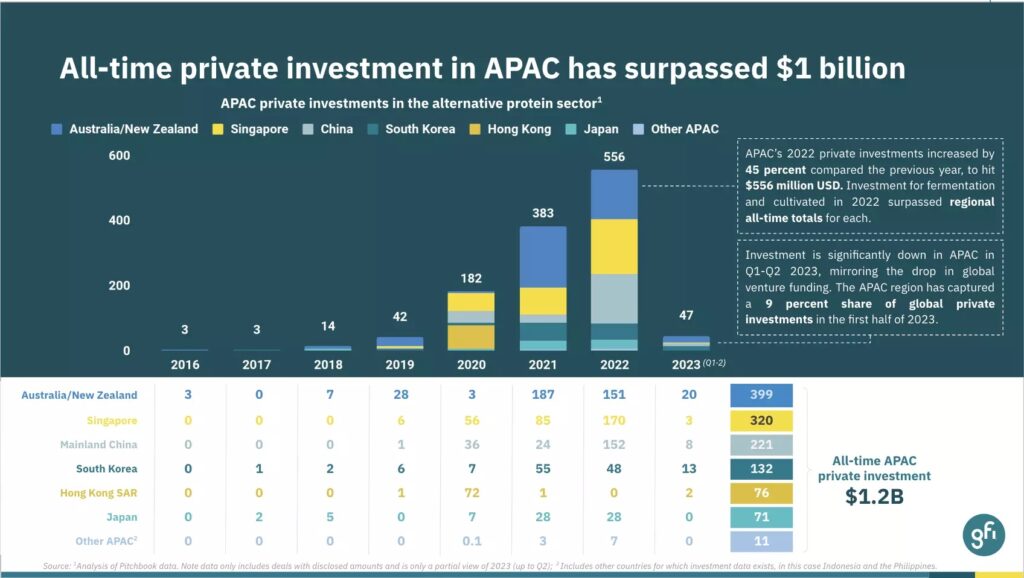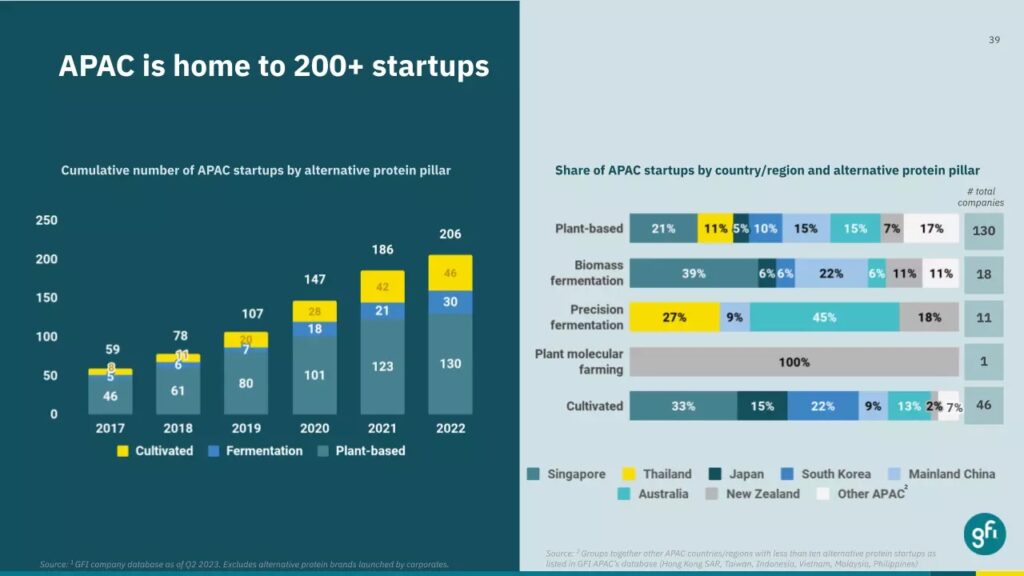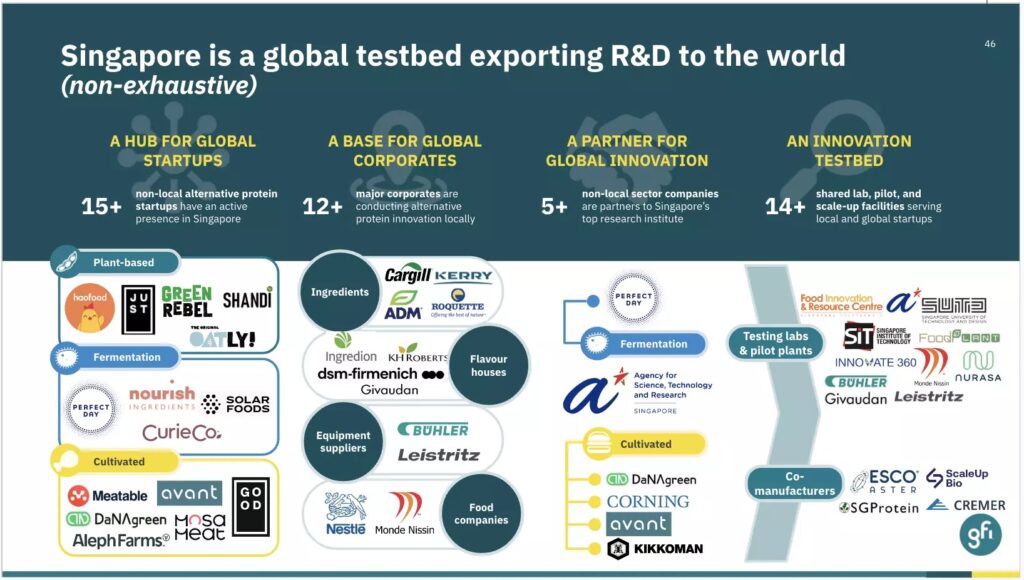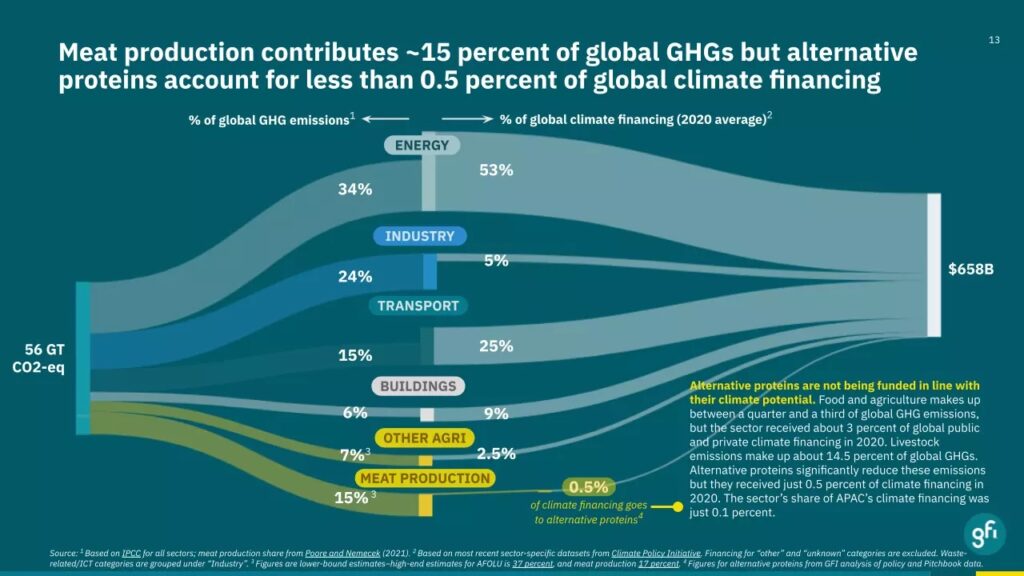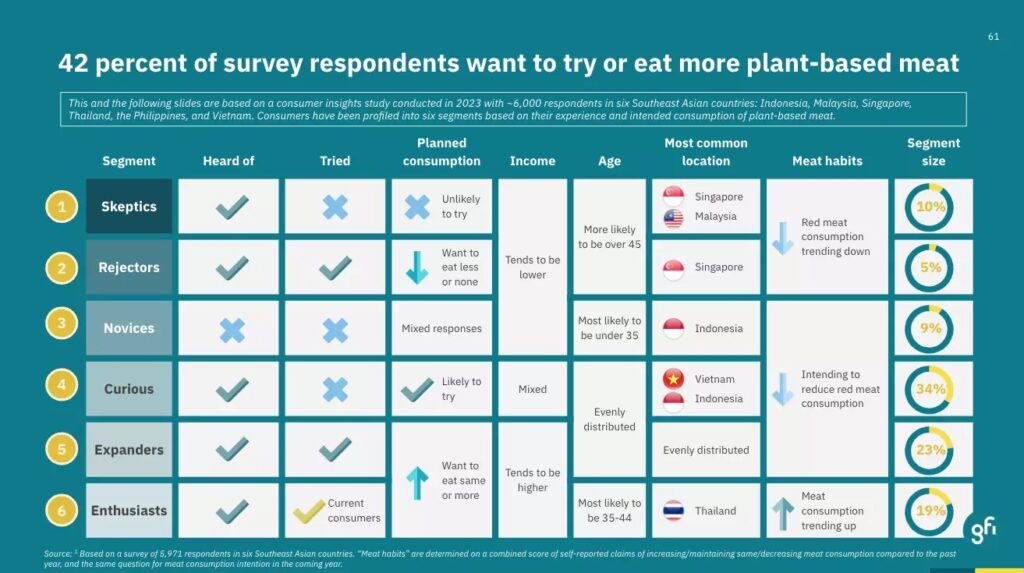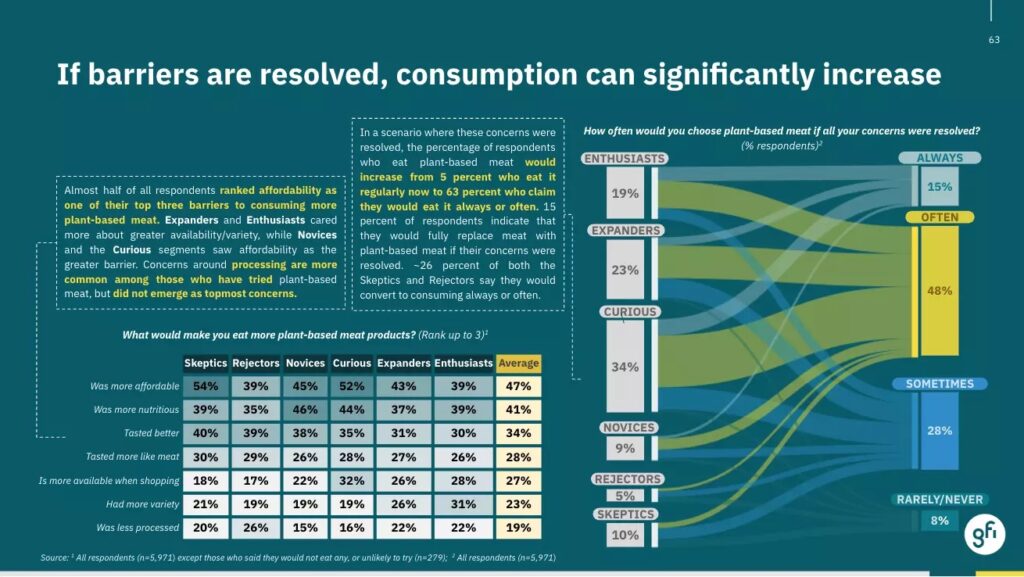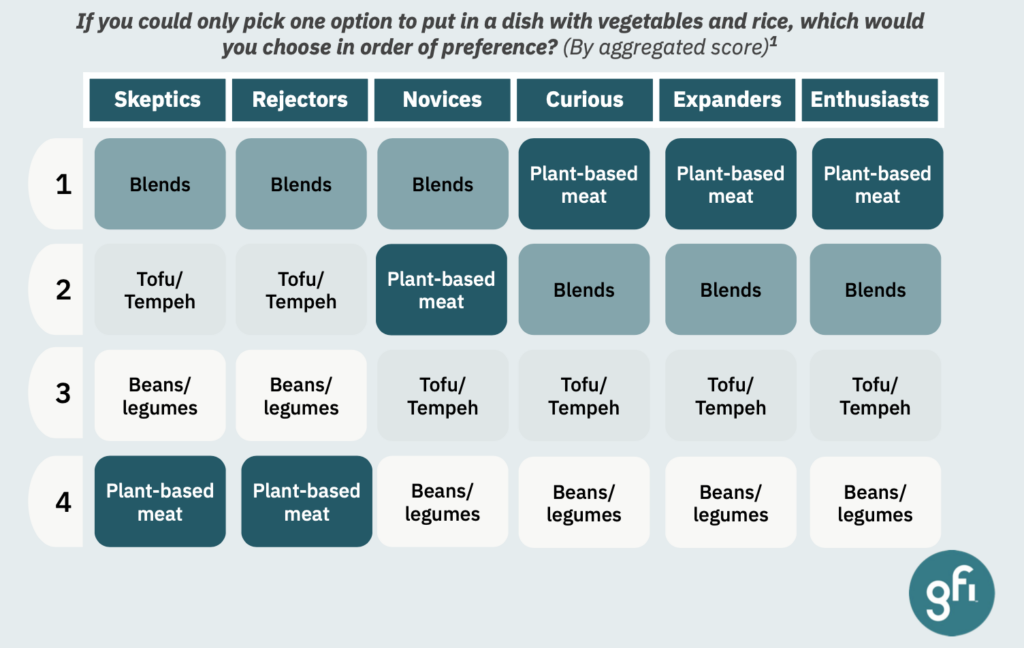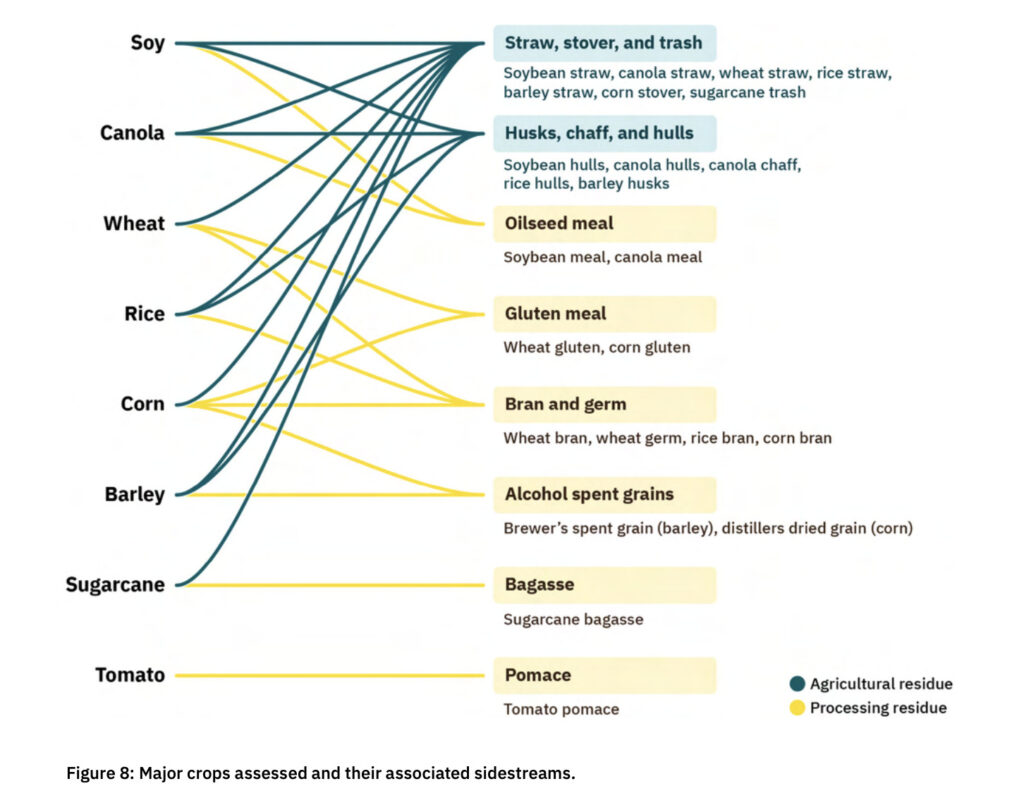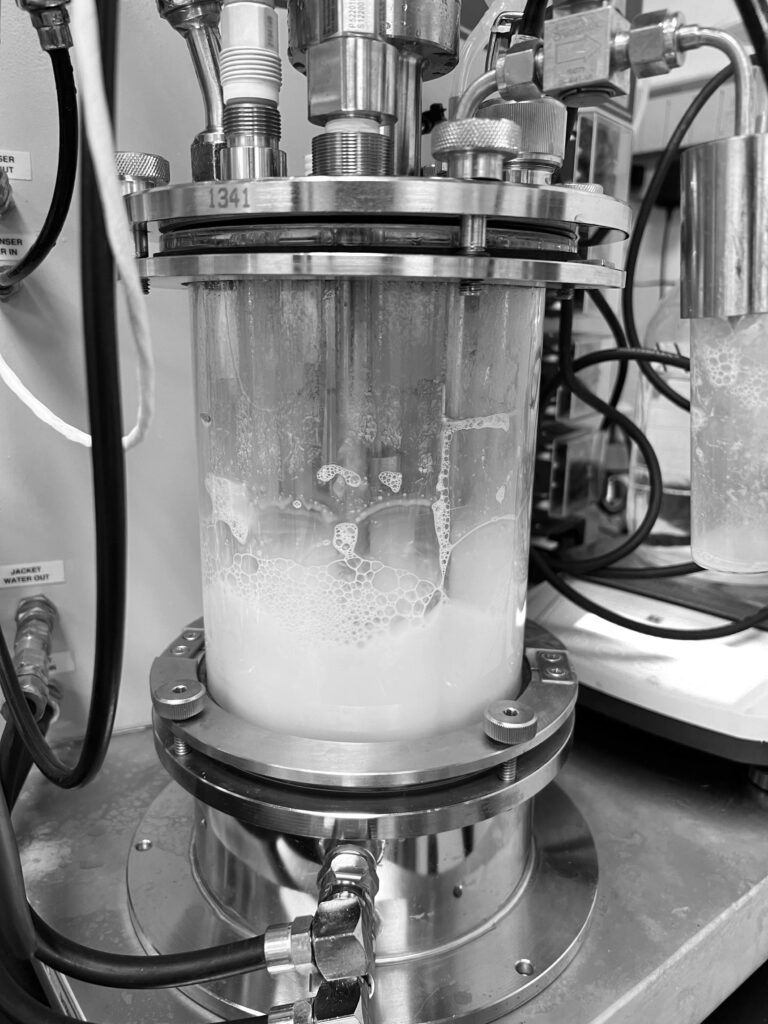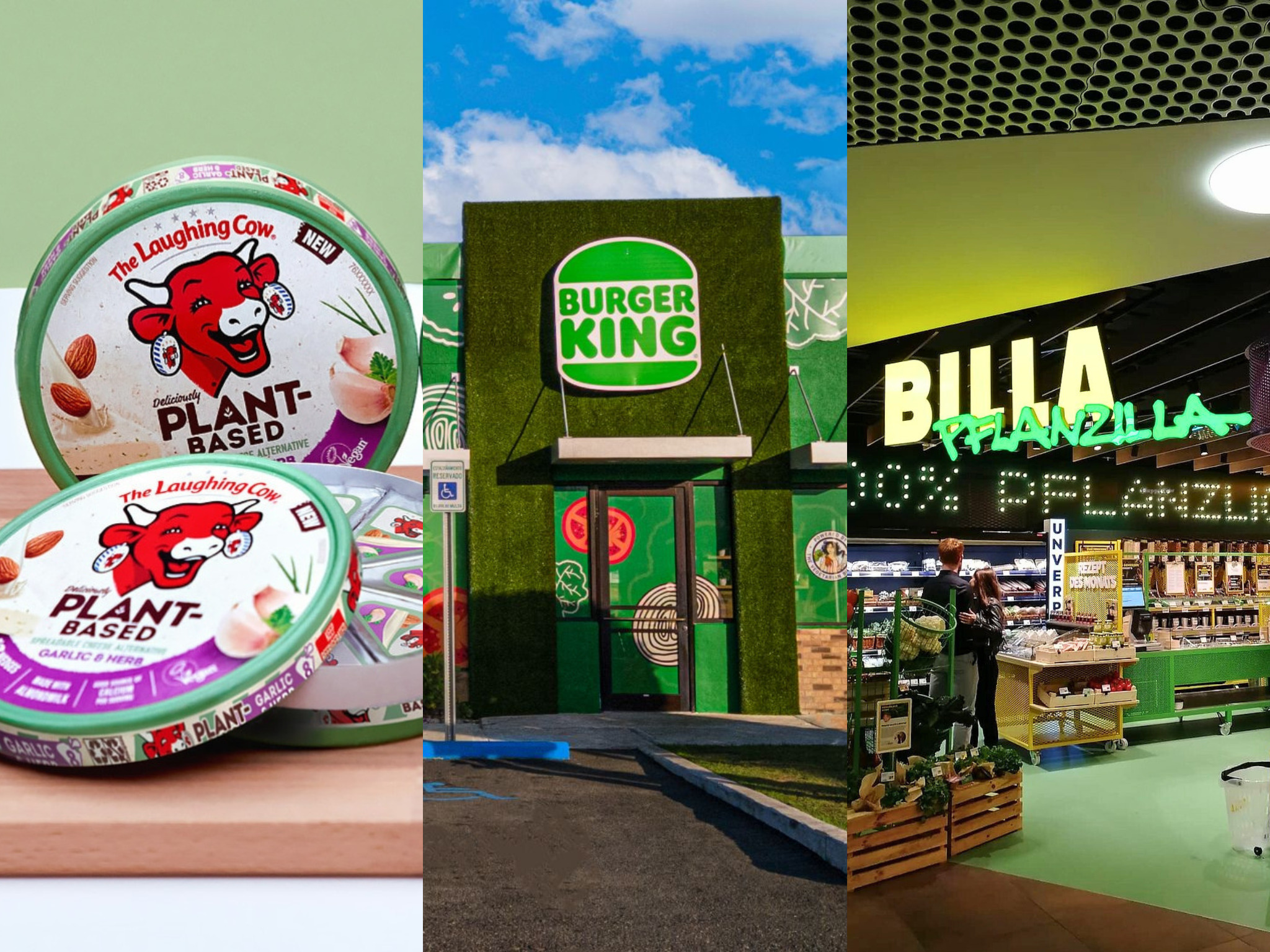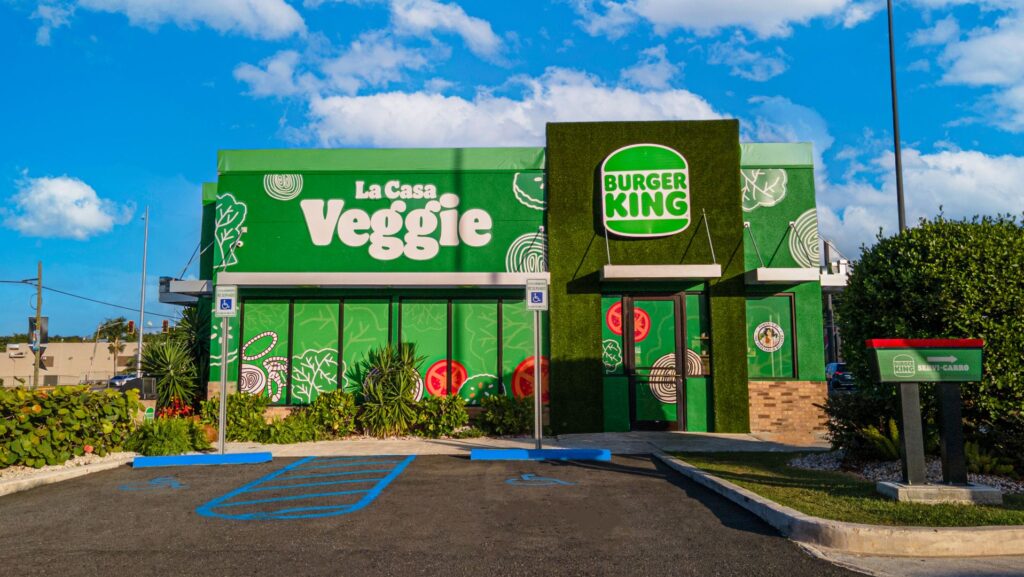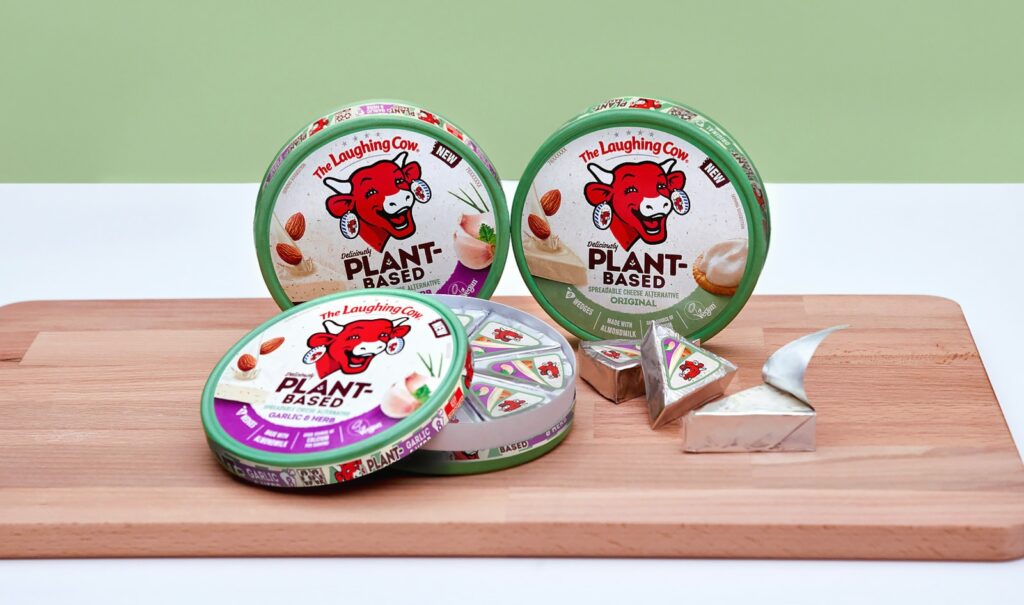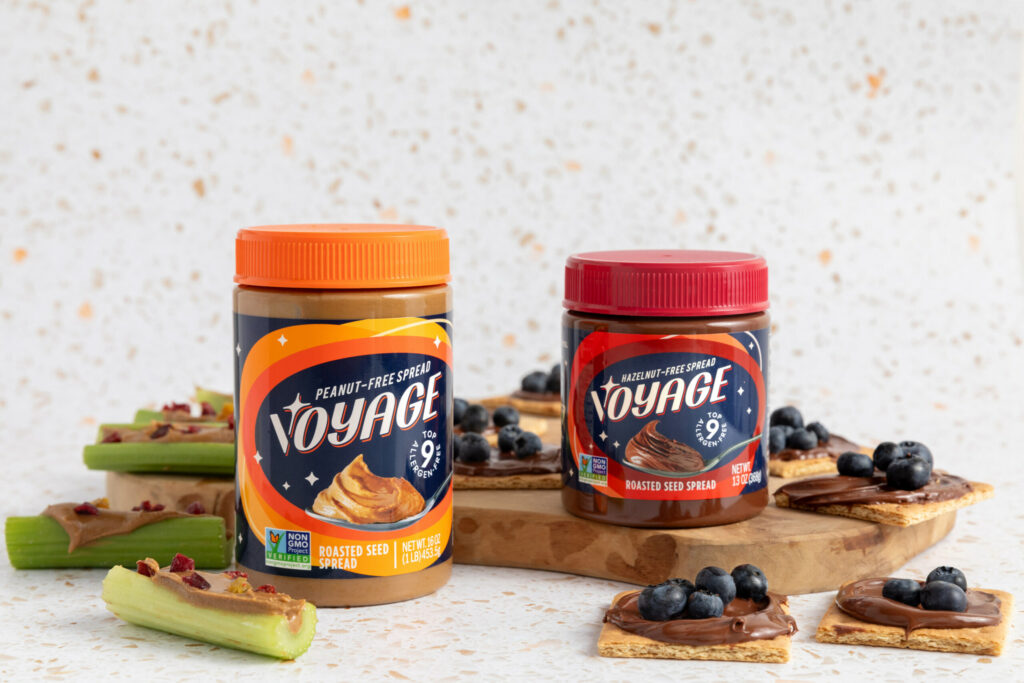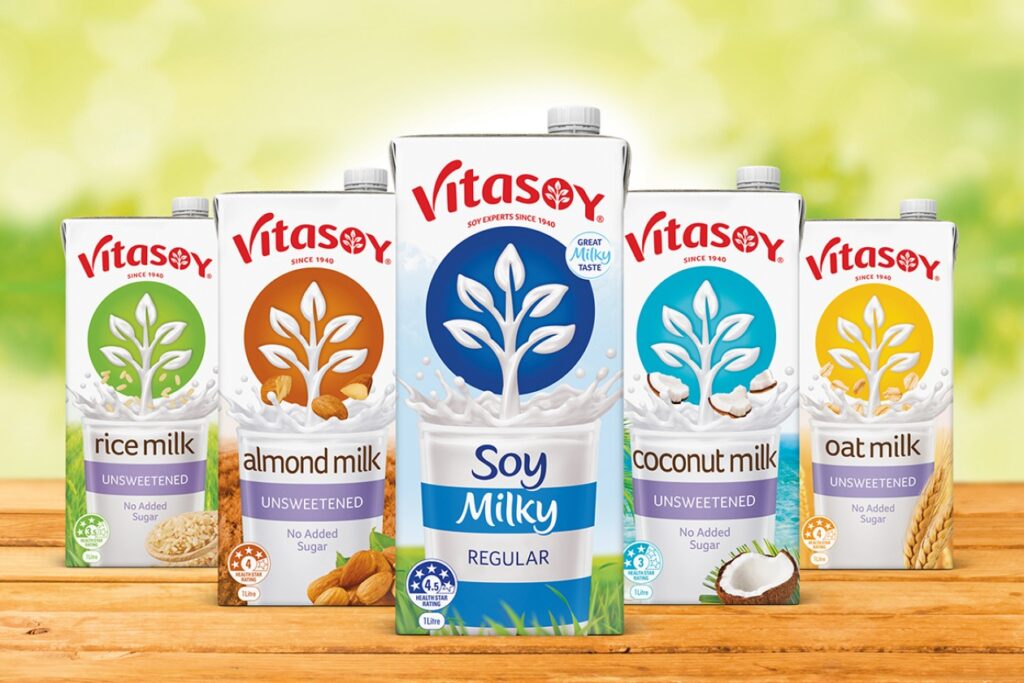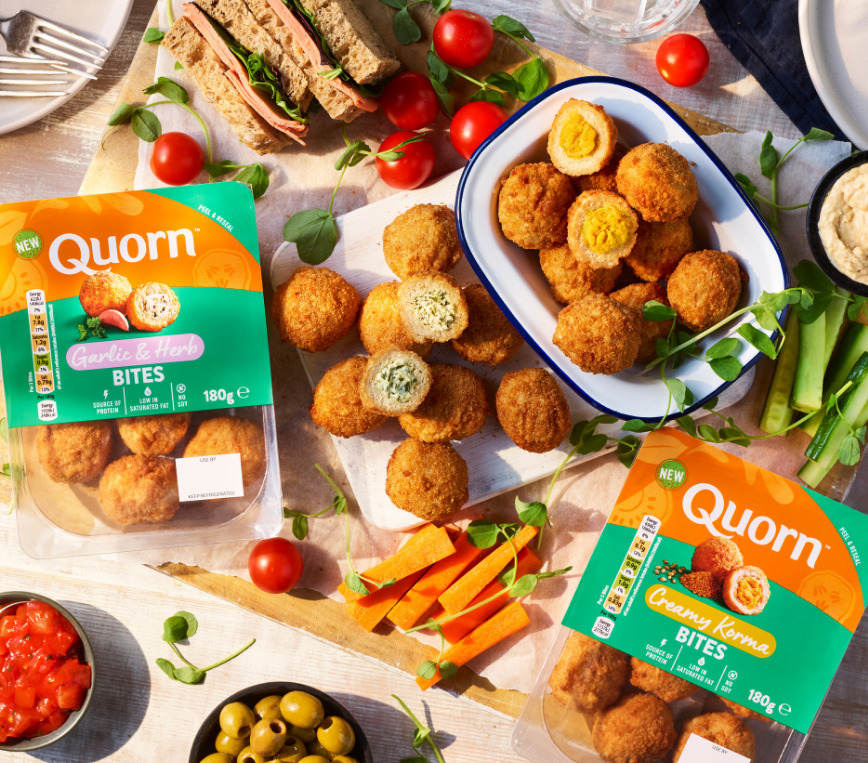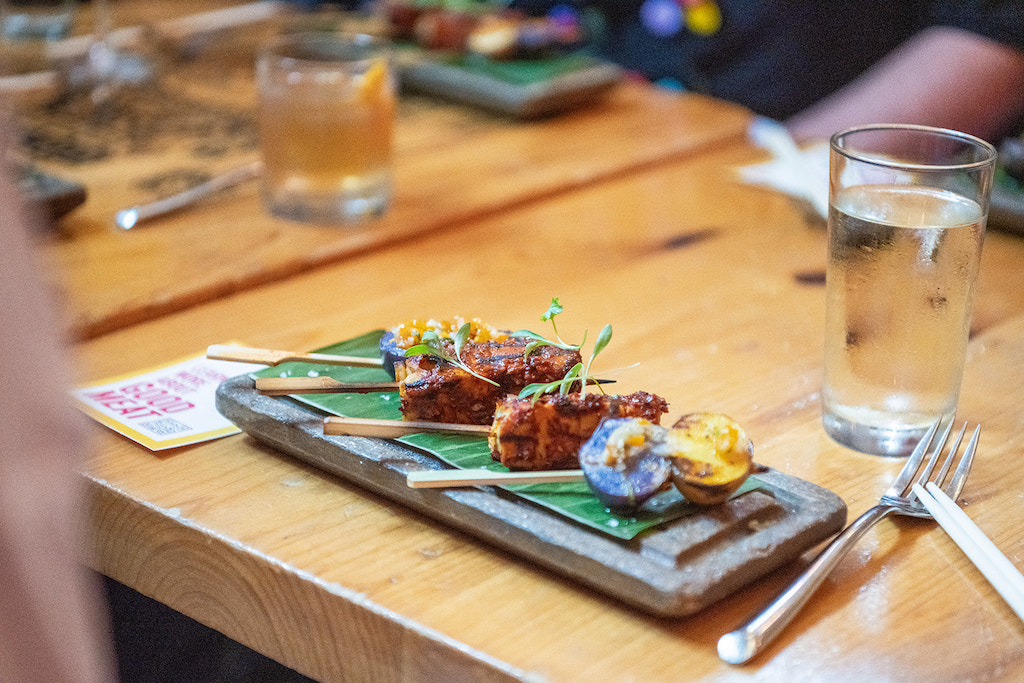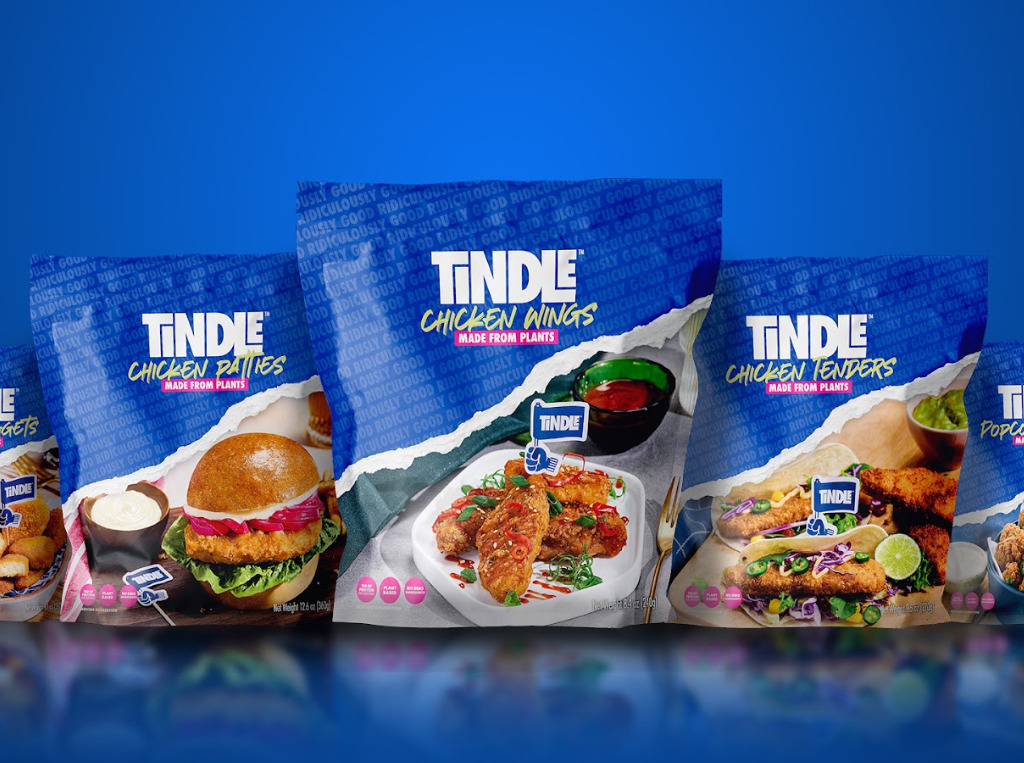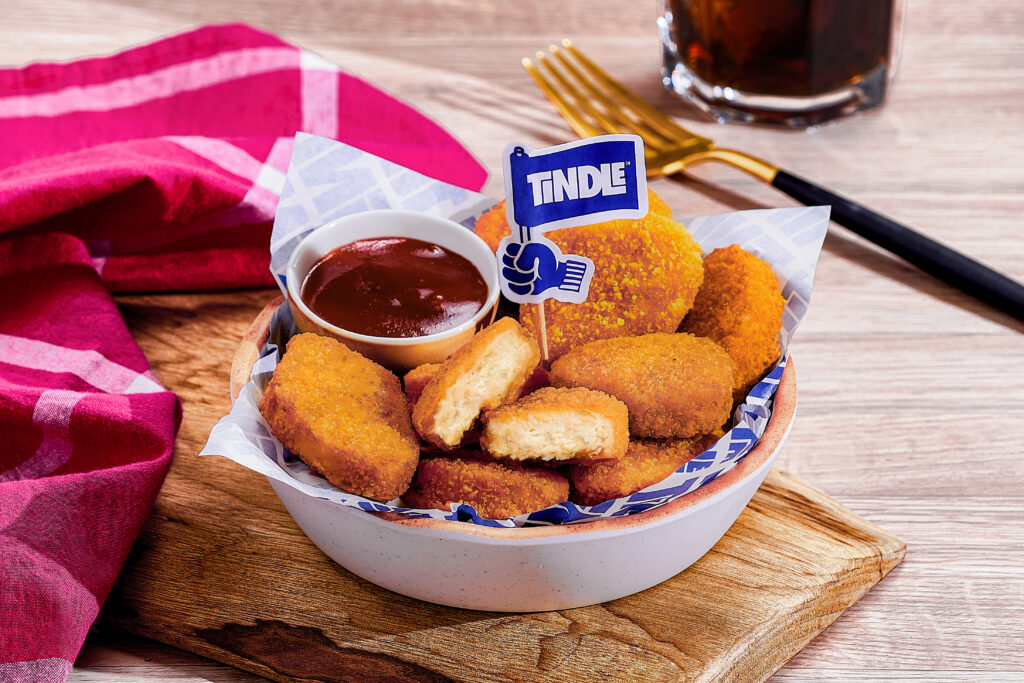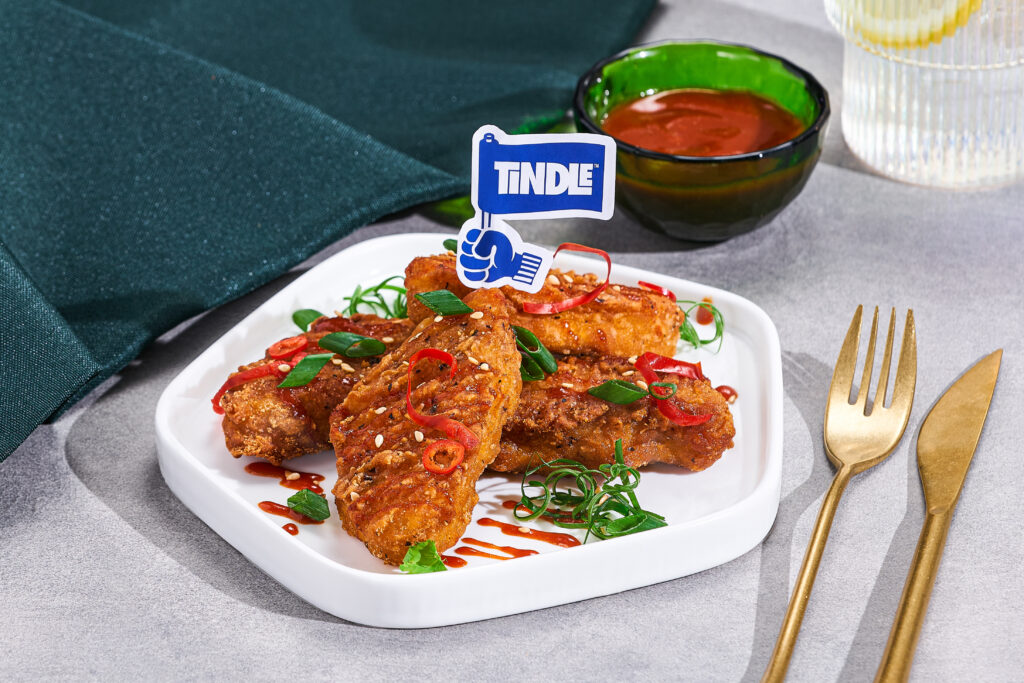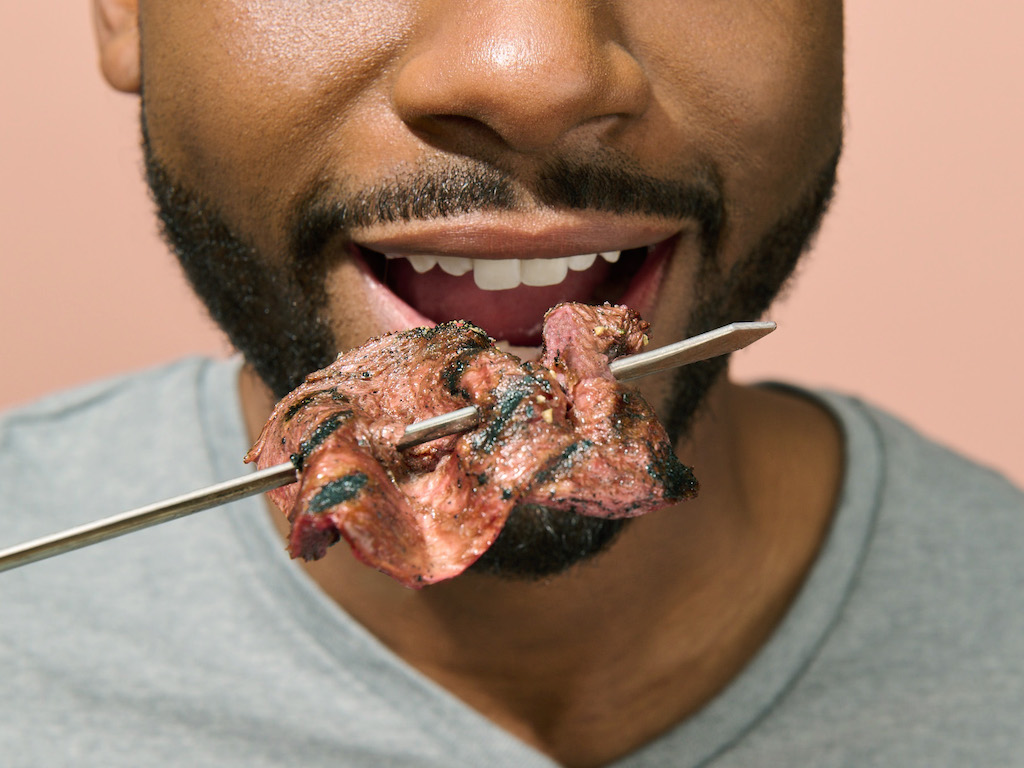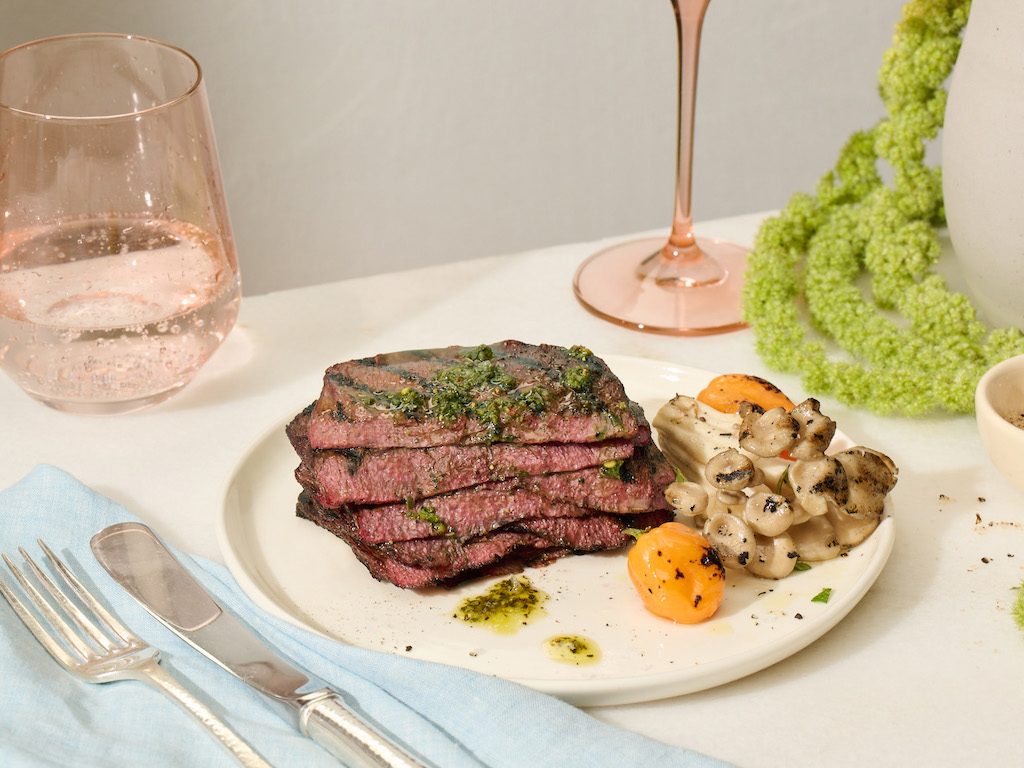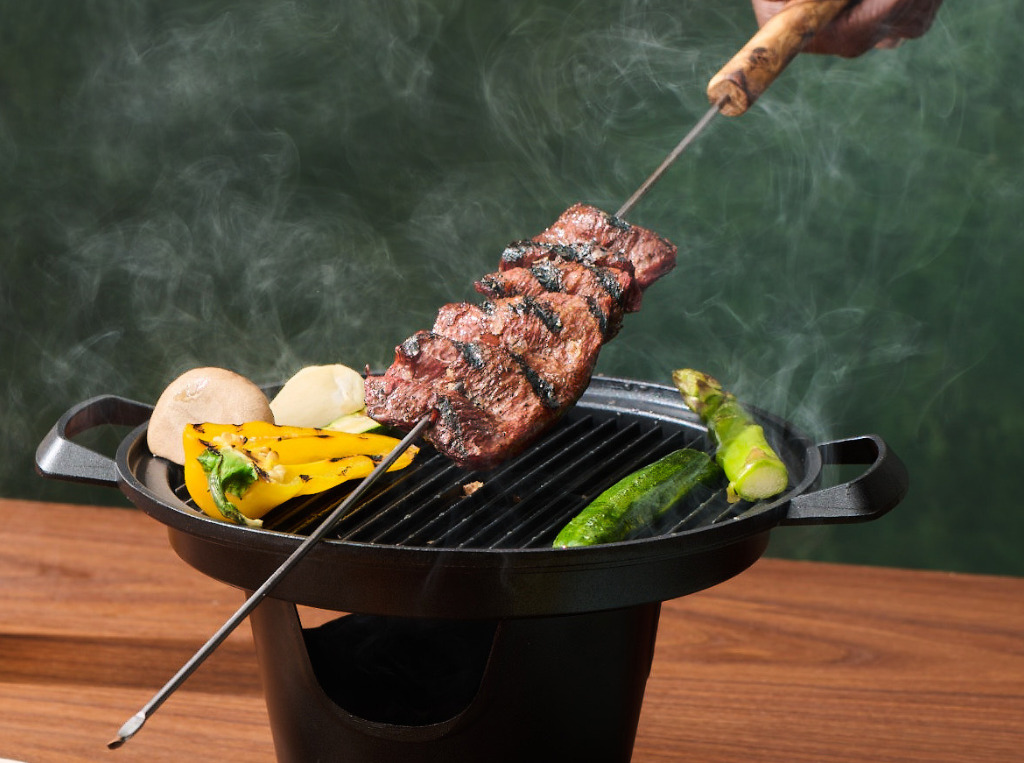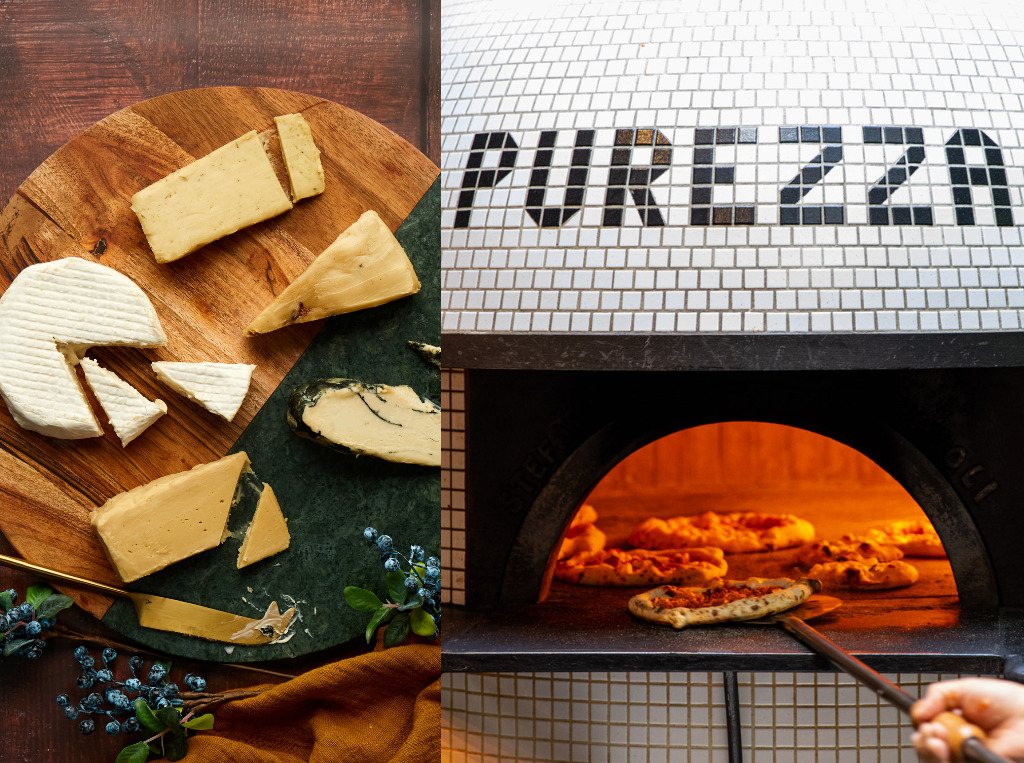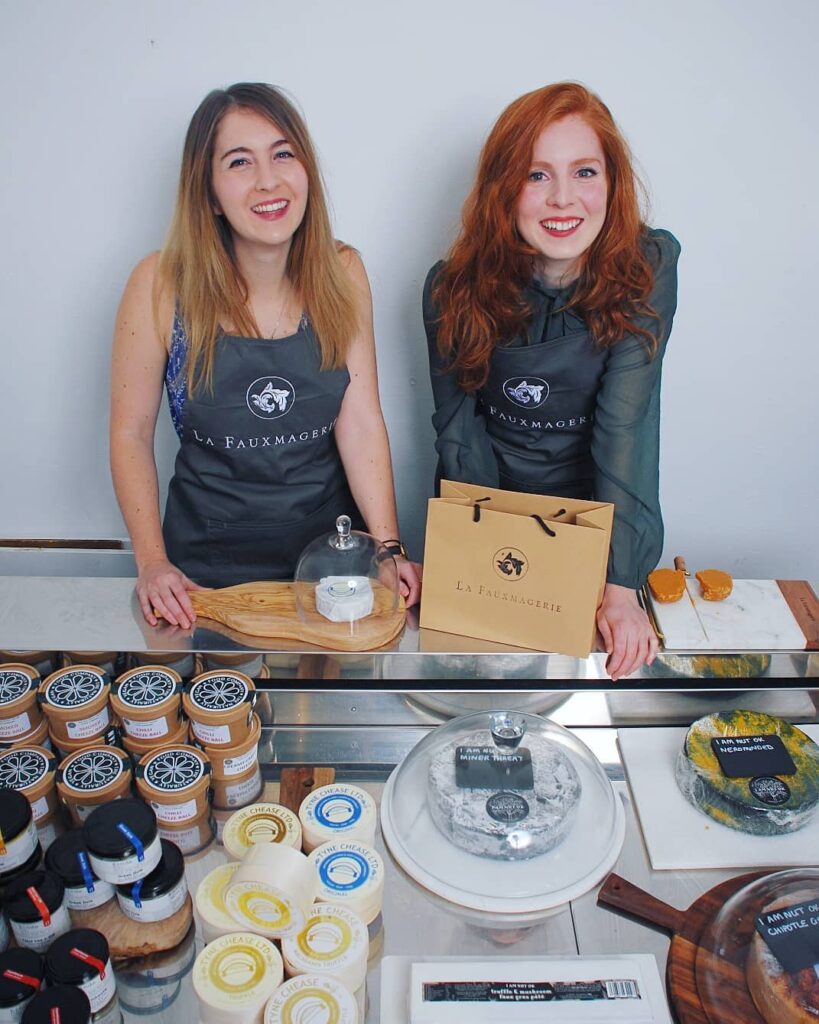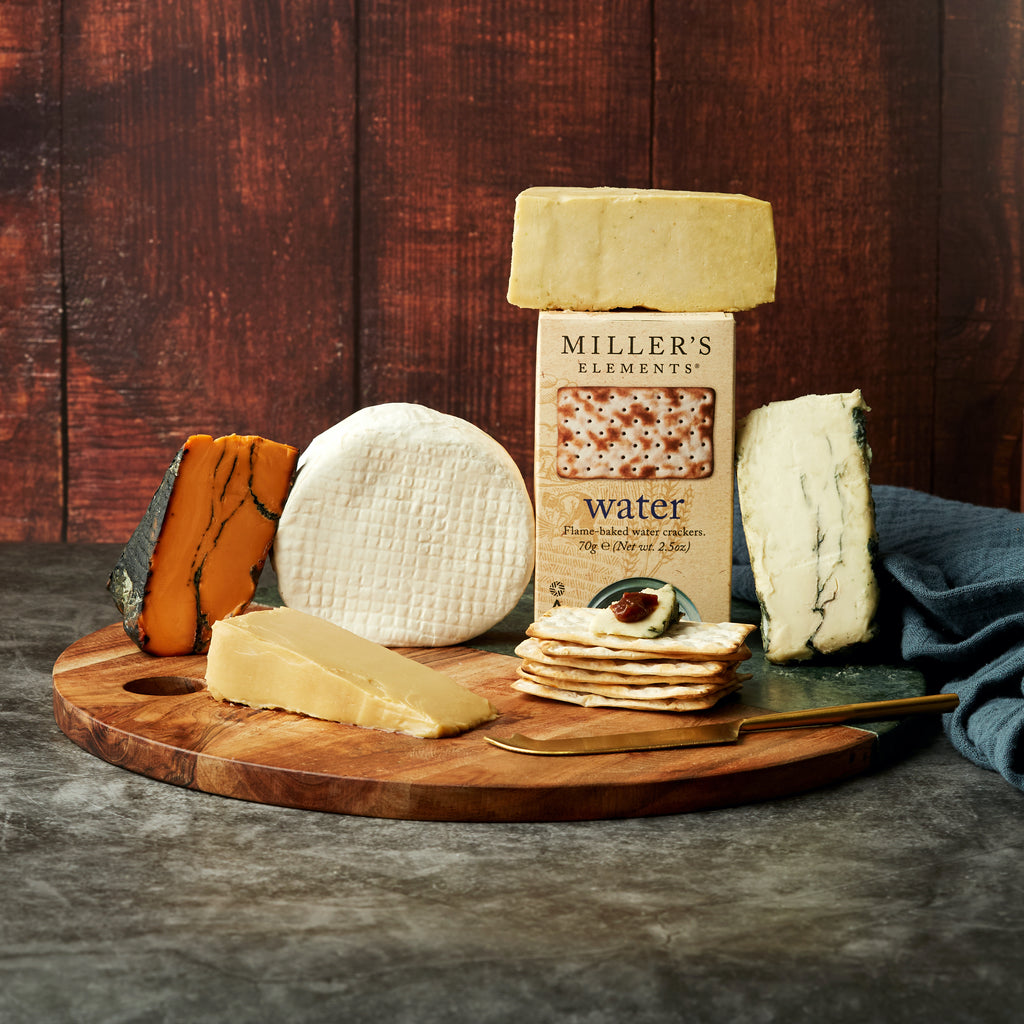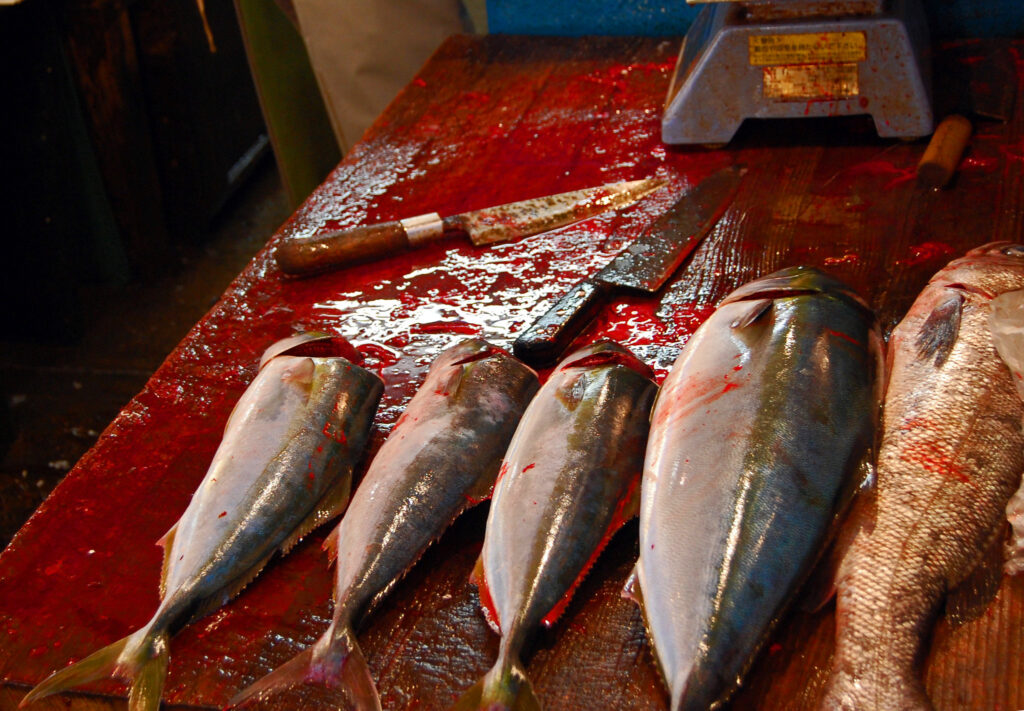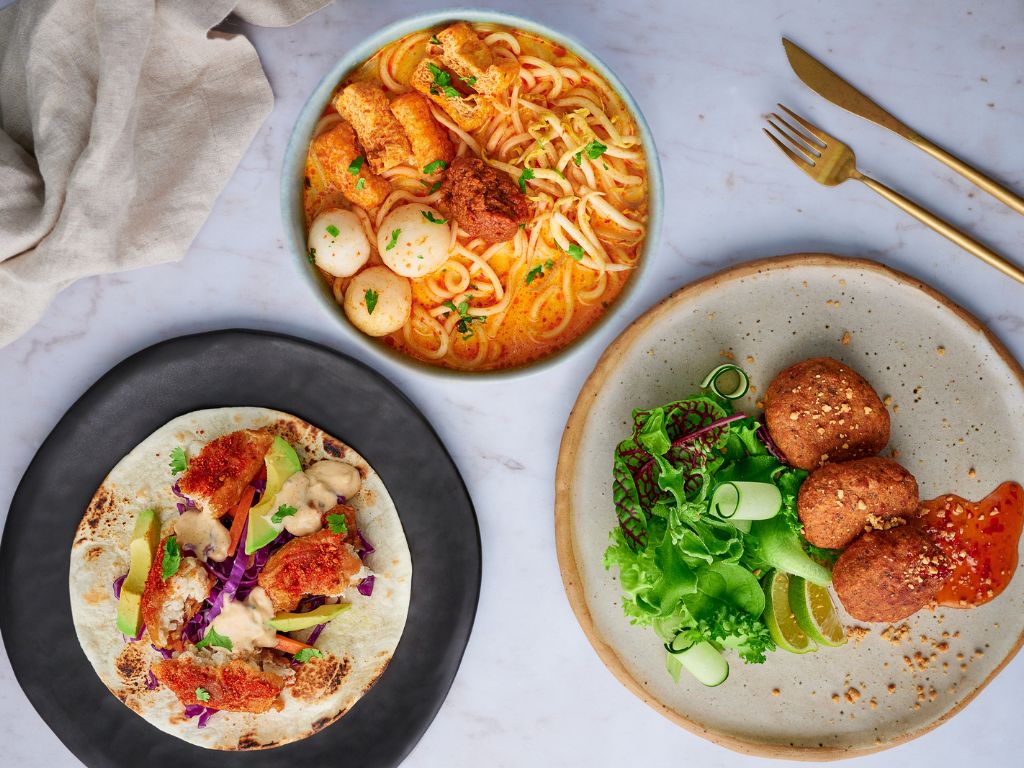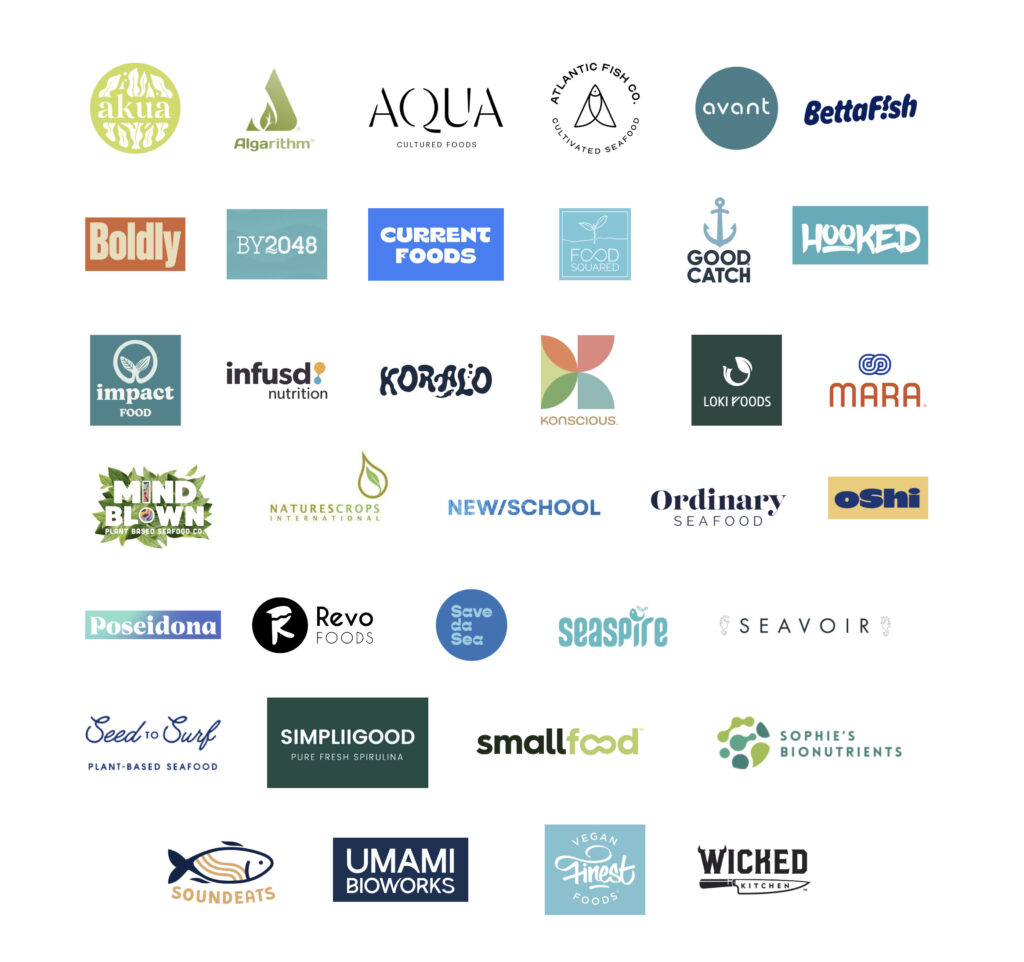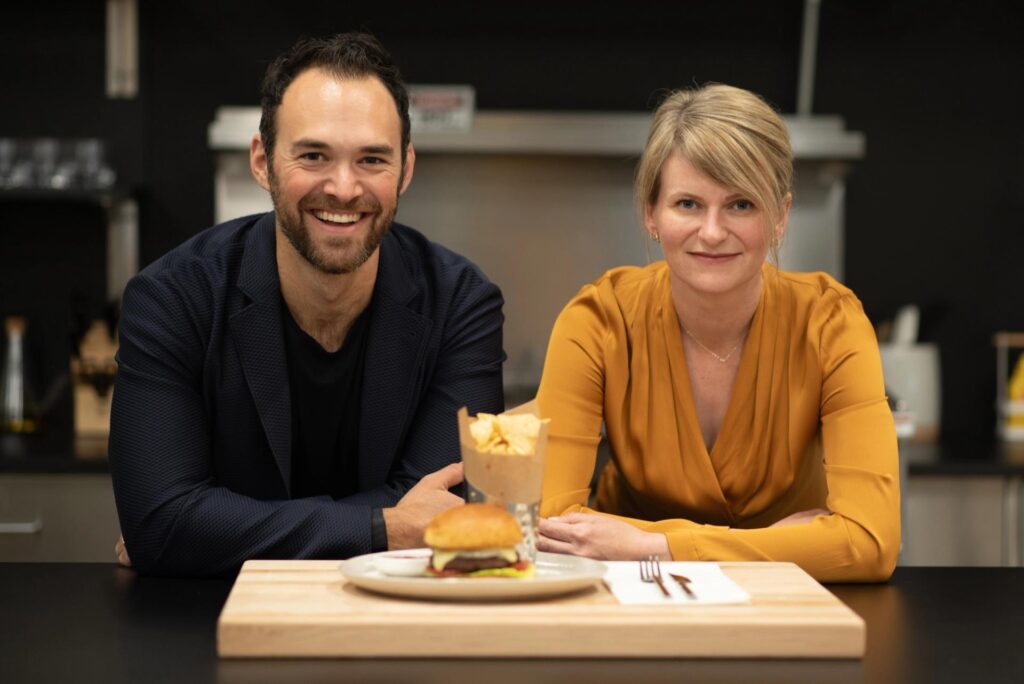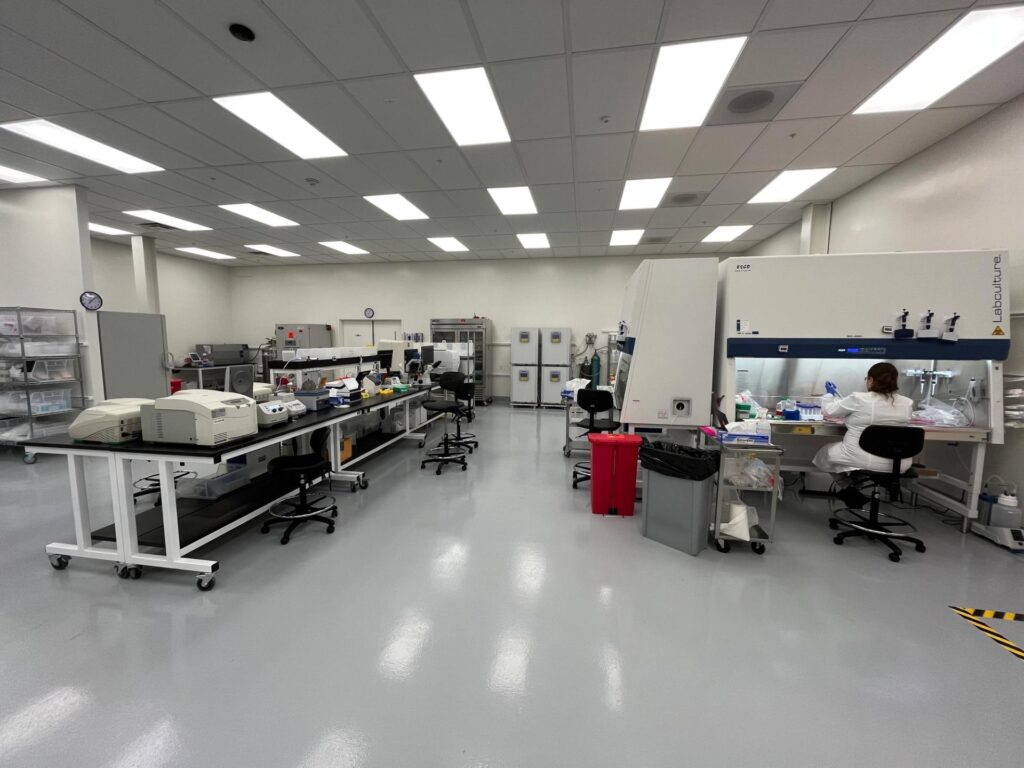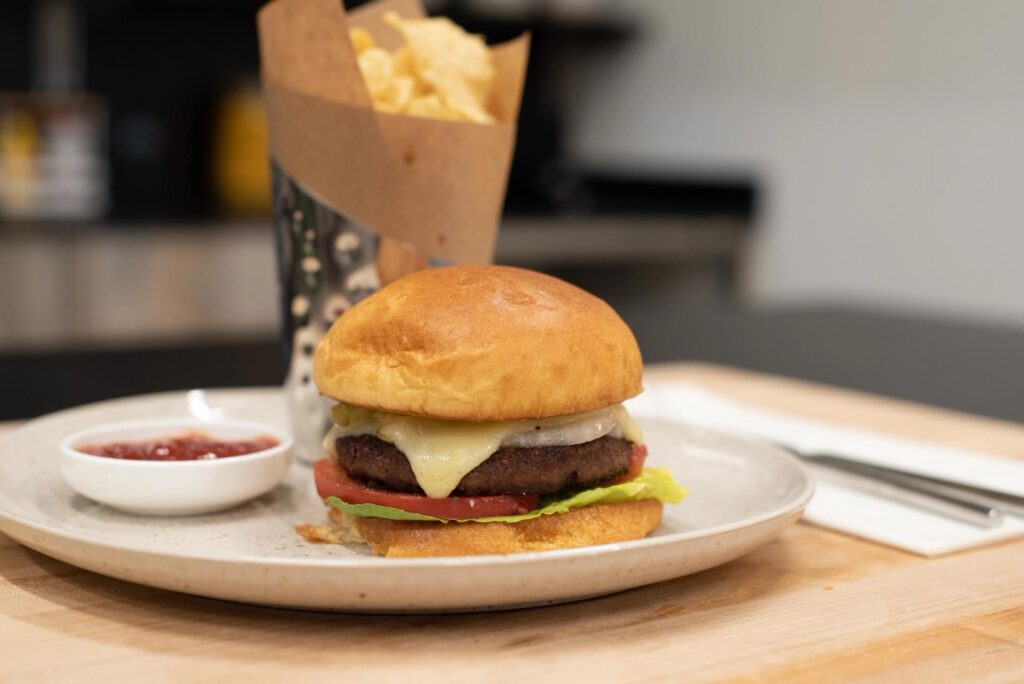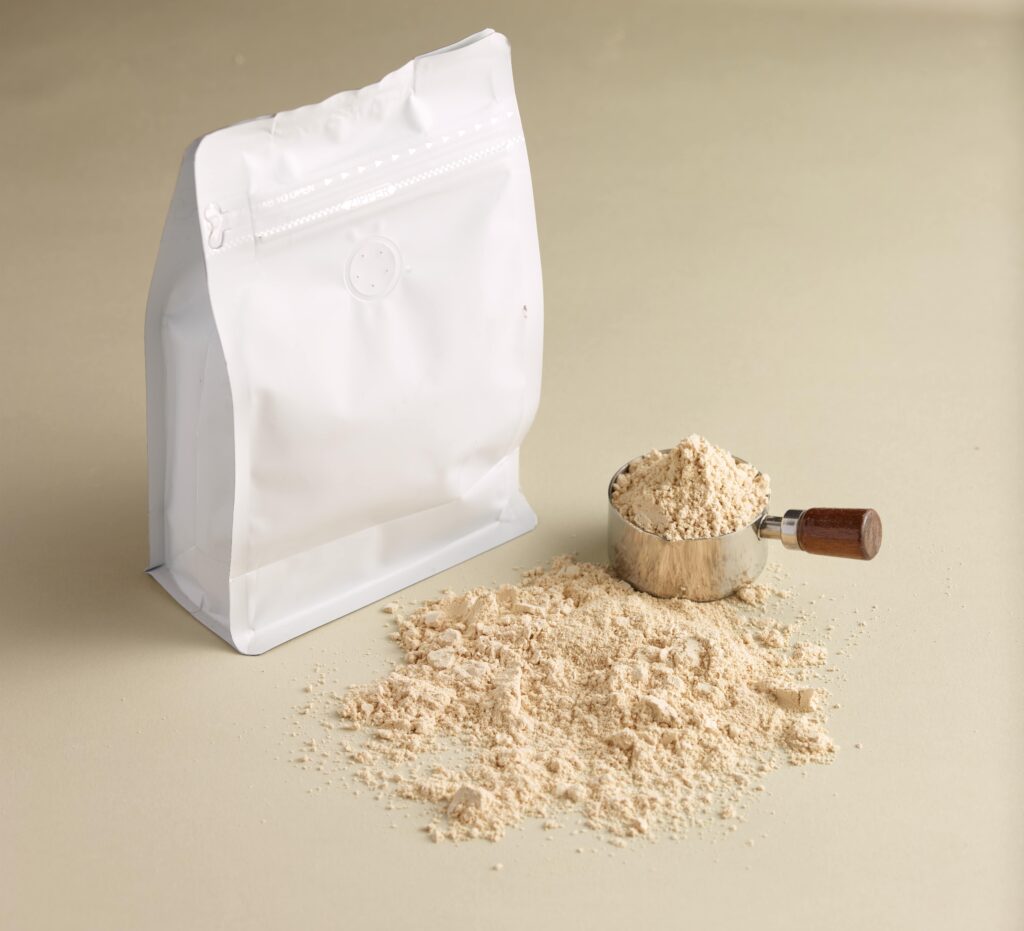35 Mins Read
The below conversation is the transcript of the fourth episode of the podcast miniseries Green Queen in Conversation: Cultivated Meat Pioneers featuring George Peppou, founder and CEO of Vow, interviewed by show host Sonalie Figueiras. This conversation has been edited for clarity and length.
In the fourth episode of Green Queen in Conversation – Cultivated Meat Pioneers, Sonalie Figueiras talks to George Peppou, the CEO of Australian startup Vow. Peppou is one of the most compelling leaders in the cultivated meat space today because his vision for the future of food is so unique. This is evident in everything his company does, from the animals Vow is choosing to cultivate to how his team approaches branding and marketing.
During our chat, we talked about how he thinks about the future of cultivated meat, THAT mammoth meatball, why he’s doing this and who he’s doing it for, and whether cultivated meat will one day be a mass product. George is so utterly committed to what he’s doing that when you’re listening to him, it’s hard not to believe that he’s going to change the way we eat for the better. So here goes.
Listen to this episode on Apple, Spotify or wherever you get your podcasts.
Sonalie Figueiras: Hi, George. Great to have you here. Thanks for being a guest on our podcast. I’ve been watching everything you’ve been doing in the space and I’m excited to talk to you about cultivated meat, including what the industry is doing, and where we are going from here. I really want to start with this idea of exotic meats. You are working with zebras, alpaca, buffalo, and crocodile cells. Why exotic meats? Why not the basics like beef or pork?
George Peppou: It’s a great question. It’s one that I get asked quite a lot. The very short answer is I love eating meat. I eat meat. I’m not a vegan or a vegetarian. When I think about how can I change the behavior of people like me, like my family, it’s not going to be by making something which approximates the meat we eat today, that’s a very hard sell for people that already have integrated meat into their diets and have no intention of changing that. So, then the question is, how do you change the behavior of a few billion meat eaters that have no interest in changing their diet?
I believe the way that we do that is we have to make foods that are better than the meat that we can get today: tastier, more nutritious, offering functionality that animals can’t. So, the goal for us within the world of cultured meat is how do we identify the cells from across all of nature, that are the cheapest to grow, the tastiest, the most nutritious, and offer the best functionalities as food.
The probability of those coming from animals that we traditionally consume is extremely low. So, from the very beginning, we’ve taken this approach of exploring nature, working across a range of different species, like many of the ones you mentioned, with the view of: how do we see these cells as ingredients, as part of future foods? I don’t believe we’re going to be thinking about meat and animals the way we do today even in 50 years. Instead, I think we’re going to view meat as branded products that may contain cells from multiple different species to achieve the qualities of those brands. So, that’s really what we’ve been building up to, by building this cell library exploration, and trying to answer some foundational questions about, such as: why do some cells taste the way they do? Why do some cells have the nutrition they do?
Sonalie Figueiras: That’s really interesting. I was interviewing somebody in the plant-based seafood space today, and they had a very similar take around it, you know, this idea that we need to create new formats, new products. So, for you, you’re seeing a future where some kind of protein format that we could eat could have multiple animal cells in there. So, the idea is not to just recreate crocodile or zebra meat.
George Peppou: Not at all. So, one way that I think about this is if you went back to 150 years ago, standing around in the 1880s, and you try to grab someone off the street and explain to them what a Cheerio is when they’ve only ever bought and consumed grains as a simple transformation of one grain… trying to explain what a Cheerio is, how it’s made, why you’d eat it, it would be impossible.
I think the same thing is going to be true 50 years from now with meat. We’re going to think about meat, and we’re going to buy meat purely as branded products, and whatever components we need to use to create the sensory experience or whatever functions that product provides, we’re going to do that. We’re going to view it as something which has a sensory experience and a reason to purchase it because you’ve had it before, and because you know about it and have integrated it into your lifestyle.
Sonalie Figueiras: So, that’s quite a different mission than some of the other players in the space, who are trying to recreate, let’s say, a chicken breast.
George Peppou: That sale has been quite different. I was having a bit of a debate with someone online, which is always a dangerous thing to do, and their argument was, with limited capital going into the space, why should any of it go towards weird stuff? My argument is kind of the exact opposite, which is with limited capital going into the space, is allocating 99% of it or 98% of it to replicating beef, chicken, pork, tuna and salmon the best way to change the behaviour of a few billion people? I see what we’re doing as a hedge against how behaviour change is going to happen. If we’re right, and everyone else is wrong, then it’s going to really matter that we exist, but we can also be right alongside all the companies that are making beef, chicken and pork, and together, we can be tackling different parts of that behaviour change problem for different segments of consumers.
Sonalie Figueiras: Okay, so let me ask you a follow-up question: What do most people get wrong about cultivated meat itself and about the science of cultivated meat?
George Peppou: Oh, that’s a really good question. I think there’s a lot of general misinformation and misinterpretation about what it is technically. There’s a well-known skeptic, who posts a lot and publishes a lot on this, a guy called Paul Wood from Melbourne, Australia, and I remember, after Paul Wood popped up in some very critical articles, I reached out. We had a chat, and he said something to me that stuck with me: “Oh, this is not a question of technical feasibility, the technology absolutely works. I’ve worked in large-scale cell culture my whole career.”
So, I think there’s a belief that the large-scale cell culture is fundamentally novel and a fundamentally new technology, but it’s not. What we’re trying to do is take very well-established technology, and do it at a larger scale with lower cost and with less human labor and effort than it’s ever been done before. So, while there are certainly scientific challenges and there’s not any foundation or manufacturing, we’re not trying to do anything that hasn’t been done before. So, I think that’s the main foundational misunderstanding, that this is a crazy, new frontier invention. There is a little bit of that, but that’s not what this industry takes to get food on people’s plates.
Sonalie Figueiras: That’s interesting, and yeah, I know who you’re referring to because he’s actually one of the board members for cellular agriculture in Australia, I think.
George Peppou: Absolutely, yes.
Sonalie Figueiras: There are different opinions in the space, but why don’t we kind of bring it down to a really basic level: how would you explain cultivated meat to a six-year-old or an eight-year-old?
George Peppou: [laughter] Oh, that’s a really good question. I was trying to explain this to my friend’s four-year-old on the weekend and failed…
Sonalie Figueiras: I was gonna say four years old because I have a four-year-old, and then I thought it was a bit of a high bar[laughter].
George Peppou: Yeah, with a four-year-old, I got about 30 seconds and she got bored and started watching Bluey. So I did my best, but I failed [laughter]. However, if it was a six to eight-year-old, I would start by saying the meat that you’re eating is how animals grow, and all we do is take some parts of animals and grow them outside of an animal, which is really as simple as you can get. Then we feed the cells that we’re growing, we feed the bits of the animal that we’re growing, the things that they directly need to grow the sugars, the salts, the amino acids, all the bits and pieces they need to grow, and then when we grow enough of them, we take those out, and we put them on your plate. That would be the simplest version of it, and I can hear my process engineers screaming in pain from the side – “They’re not mentioning all of the details and the sterility requirements!” However, at its simplest, it’s just taking those cells that you’d find in meat and growing them outside of an animal.
Sonalie Figueiras: That does feel simple and accessible. And from what your answer to the previous question in terms of the science, we have it. Yet, it feels like a new frontier to most people, right?
George Peppou: Yes, absolutely. It’s a very new way of thinking about food. I’ve spent a lot of my career working in food and agriculture, and there has been a global paradigm for it for such a long time that all of our food is some kind of agricultural product – something that grows in the field that goes through some kind of conversion step. Even our most frontier industrialization of animal agriculture is just taking a chicken, a cow, or a pig out of a field and putting it in a shed or a multistory building. However, it’s still this fundamental paradigm that if there’s an organism we’ve identified and we grow it in controlled conditions, then we take some part of that and process it in some way, and then it lands on your plate. Cultivated meat feels alien and scary because it’s a different paradigm, where you’re doing most of the processing steps without using a whole organism that we found and domesticated over thousands of years. We’re doing it much, much faster, in a way that resembles the manufacturing of so many other things that we produce. That does feel very different to a lot of people.
Sonalie Figueiras: Absolutely, and if we think about consumer perception as a topic, while we don’t have a lot to go on, early studies show that certain types of consumers, younger consumers especially, are more climate aware. And Asian consumers tend to be more open to the idea of cultivated meat than, for example, certain people in the US and Europe. On the other hand, a lot is going on in mainstream media that suggests that there are these kinds of biases against the technology and the idea of cultivated meat. How do you think about consumer perception?
George Peppou: I think consumers don’t buy technology, and I think a lot of the narratives, a lot of these consumer studies focus a lot on the technology. The way that I think about it is we need to make food, we need to make products, we need to make meats that are so tasty that if they were to land on your plate, you would eat it, you would love it, and you would ask for more. That is the main way that we’re going to change consumer perception, and if that delicious food is also meeting a need of a particular segment of customers, then that’s how we believe we will start to gain that consumer acceptance and consumer perception. I think a lot about Impossible Foods, and how rapidly the idea of genetically modified bacteria producing blood that you add to a bunch of plant-based stuff went from being this radical, wacky mad science to just boring. It sort of happened in one leap, it didn’t happen in a step-by-step process. It was there, you tried it, and then maybe you tried it a second time, then it was just kind of on the supermarket shelf, and no one gave it a second look, and that was that. I suspect we’re going to see a very similar thing over the next couple of years in cultured meat, that it’s going to be boring, faster than we’d like it to be, and the technology is not going to be very interesting or entertaining for very long.
Sonalie Figueiras: It’s interesting that you mentioned Impossible Foods today because it’s kind of a special day today in the Impossible Foods timeline. It’s exactly seven years ago to the day that the first public photo of an Impossible Foods burger was shared online by New York-based Momofuku chef and owner Dave Chang, who shared it and said, “Today I tasted the future. I can’t really comprehend its impact quite yet. I think it might change the whole game.” And here we are sitting here seven years later and Impossible Foods is in my supermarket. I use it once every couple of weeks to make lasagna. What would you take away from how they did it? What do you want to emulate?
George Peppou: There’s so much that they did so well, and there’s so many things that I would choose not to repeat when it comes to Impossible. Their marketing- the way they presented the science- is the bar. The way they did the early marketing that described him, the way they presented, it was just a masterclass in how to normalize something so wild and so new. Their go-to-market [strategy] with chefs like Dave Chang, and Tracy Jardiniere in San Francisco, it’s a playbook that’s been followed by so many other people. Where I look at Impossible and think about how I would do things very differently is around the consumer angle- there’s not really any selfish driver to purchase Impossible.
It’s a direct, drop-in replacement for beef mince. It’s so meaty that it sort of has been seen by meat eaters, and it’s like, “what is any individual meathead getting out of incorporating impossible into their diet?” So, when I think about what I want to do differently to them, it’s how do we find, and how do we really exploit the selfish drivers that are going to get people that love eating meat and want to be eating meat to choose something that’s produced far more sustainably and selfishly. Impossible doesn’t have that.
There’s not really anything in it for me to make my lasagna out of Impossible. In fact, there are reasons not to: it’s more expensive and it’s a bit of a hard choice because I have had to make a conscious decision to do something differently than I would otherwise want to. At least in my experience, I just don’t feel great after eating it. So, it has that junk food feel that makes me feel a bit slow and lethargic in a way that beef doesn’t. So, there are reasons not to [eat it], but there is nothing pushing me towards doing it and towards incorporating it into my diet.
Sonalie Figueiras: Interesting. So how did they get the buy in the first place?
George Peppou: Their narrative, along with Beyond, and that of a lot of the alternative meat companies was a simple one, which was if you can make something which you can put next to the traditional meat version and a meat eater can’t tell the difference, then you have access to the full-size of that market. I don’t know how this plays out over the long term. If it was half the price, I think that equation could be different.
However, meat is so artificially cheap through direct subsidies and not paying for the full environmental costs that it’s very hard to see even with almost entirely plant-based products – how do you become cheap enough to be the cheapest option on the shelf, with today’s technology and with the market dynamics that we have today?
So I think the narrative here makes a lot of sense, but it hasn’t played out the way that the early team would have liked it to play out from what I’ve seen, and sort of what I’ve heard through the grapevine.
Sonalie Figueiras: Absolutely. I also think for m there’s a narrative around technology that plays out as well, where at the end of the day we’re saying “Food is not tech, food is food.”
George Peppou: Yes, yes.
Sonalie Figueiras: So, that’s a big sticking point for where we go from here, and it’s interesting to hear you saying that you think there are going to be these blends and these new formats, because I do feel that I’m starting to hear that more from different players across the different pillars, not just in cultivated, but in plant-based and potentially in fermentation,
George Peppou: One of my friends, who you may know, is Michael Fox from Fable [who makes whole mushroom-based meat alternatives].
Sonalie Figueiras: Of course, yep.
George Peppou: He gave me a call not too long ago, and he said, “Hey, I’ve been thinking and reading a lot,” and when I think about where companies, like a lot of the big plant-based companies, have struggled, it’s that, inherently, when you’re introducing a new product, it is more expensive. It’s more costly than the incumbent offerings, and so the customer segments that are going to be willing to pay that premium, and generally, at least in places like the US, they tend to be health-driven, [they] shop at Whole Foods and [they] are looking for organic, looking for the kind of the premium that comes from being a simple, healthy, nourishing product.
If you look at companies like Beyond Meat and Impossible Foods, they were kind of at the other end of that spectrum- they were junk food. In many ways they were pitching themselves as burgers, they were not the sort of thing that [you want] if you’re eating a predominantly vegan or a Whole Foods organic diet.
So that’s another lens in question, how do you position it? How do you start to introduce products in the first few years of your business that get adopted by those premium grocery consumers who are looking for things which are clean-label, have short ingredient lists, or add some kind of nutritional benefit to their lifestyle? That’s a very different problem and one that Impossible and Beyond didn’t address. Whether it would have changed their trajectory, who knows?
Sonalie Figueiras: Yeah, but I guess what you’re talking about is something that I think the industry as a whole is struggling with: I don’t know that anyone did proper consumer segmentation. If you look at, a chain like Slutty Vegan, which is going gangbusters in the US, they’re using Impossible patties, and they’re ‘junk food forward’- no apologies, delicious, gooey, yummy burgers that you crave. But if you look at the shopper at Whole Foods, they’re probably looking for what your friend Michael at Fable is doing, which is whole foods, mushroom-based, low perception of processing, right?
George Peppou: Yes.
Sonalie Figueiras: But I think that maybe we need to get away from the idea that every product needs to meet every need...
George Peppou: I definitely agree with that. I think that’s been a big part of how I think about it. When I think about the type of company that we’re building, I don’t see how you create and scale behavioral change with one or two hero products. So implicitly, if you’re replicating a type of meat that already exists, what you’re doing is you’re taking an animal which has this very versatile range of uses, and you’re trying to capture this enormous amount of versatility, and all of those inconveniences we sort of worked around over years into a single product, you also have to make compromises to do that, and those compromises reduce that versatility and reduce the quality of that experience. So, you’re trying to satisfy all possible different markets.
I have a belief which will be very much tested over the next couple of years that as a company, we’re going to create behavioural change by having many products, and ‘mega niches’. So really serving unmet needs and copying and pasting this formula of identifying unmet needs, spinning it up in the same factory, then serving what appears to be a relatively small market, but having economies of scale across product lines. This is entirely untested.
Sonalie Figueiras: That’s super exciting, but what do you mean by mega niche?
George Peppou: So one example is iron availability. If you talk to basically anyone, I have a couple of friends who are dealing with this now, where they’re having to go for iron infusions for various reasons. So, if you go to the doctor, you get a blood test and they say your iron levels are low and usually the first thing you do is you go to the supermarket and you buy five steaks, and you have a steak every night. I know several athletes, serious amateurs and professionals that have had low iron or struggled to maintain iron levels and have eaten lots of beef to try to counteract that. There are a couple of other reasons why we’d also be eating beef. In all of those cases, you’re looking for a product which has the perception of high bioavailable iron and doesn’t have the downsides of either iron infusion or iron pills. In that case, if you’re producing a product that has 10 times the bioavailable iron of beef, then suddenly you’ve got this reasonably large range of consumers that have this common shared need, which is lots of bioavailable iron coming from different sources that you’re moving away from beef consumption in a very specific scenario. So, those are the types of threads that we are very deliberately pulling on.
Sonalie Figueiras: That’s super interesting. I am one of those people that gets iron infusions
George Peppou: [laughter] There are a lot of you! A lot of people get iron infusions.
Sonalie Figueiras: I struggled because I do follow a plant-based diet. When I gave birth, I had to go to hospital, because I lost too much iron post-birth. I immediately needed a transfusion four or five days after going home. So your concept of a mega niche is very interesting.
So quite a few times you’ve brought up nutrition as a driver here, and if we talk about who’s going to Whole Foods to grocery shop, there is this kind of health motivation. There is a question that exists and that floats around the cultivated discussion around health, because there is this idea that eating more plants and eating less red meat and reducing certain types of processed meat makes you healthier. Plus there are studies and a lot of research to show that this is the case.
So, the idea of reducing animal foods across your diet aligns with also being healthier, and yet, cultivated meat means keeping those foods in our diet while changing the production method and the costs to society and the environment. How do you think about meat consumption and health? You said that you’re not a vegan or a vegetarian. Do you believe that we should still be eating more plants for health?
George Peppou: I’m not sure about the health reasons. I think nutrition is such a complex field with so many interrelated variables. Annoyingly, some people eat nothing but beef steak and liver and are very healthy, and some people eat nothing but raw vegan diets and are very healthy. My very personal and exclusively anecdotal experience is that I tried to go vegan for about two months, and I abruptly ended up so anaemic that my doctor told me I needed to change my diet back. So, for whatever reason a vegan diet worked incredibly poorly for me, and I probably could have stuck with it, but it just seemed too difficult. So, I think there are ways that you can. We have a lot of anecdotal-in-case evidence of many people who have eaten an omnivorous diet for their entire lives and have been very healthy. Many people have eaten omnivorous diets their entire lives and been very unhealthy. I don’t think it’s as simple as incorporating more or less meat into your diet- and that [meat consumption] is what drives health.
My view on this is as a company that is trying to sell to people who don’t want to change their diets and are choosing to eat meat in whatever production form, we have both an opportunity and a responsibility to be thoughtful and considerate about what the composition of that meat is and how can we ensure it’s both enjoyable to eat and as healthy as possible. How do we reduce the negative effects? How do we increase the quality, quantity and availability of nutrients, and make sure that if it is part of a balanced diet, we’re doing the best things that we can to ensure that it is driving healthy outcomes and good health for anyone that’s consuming it. I think that it is going to become a very rich vein over time. How do we optimize, modify, and alter cultured meat to be the most nourishing substance that you can consume as a protein or an animal protein at the very least? I’m sure the meat industry is screaming at me right now, and saying: No! Meat is already a superfood, you don’t need to change anything! To that I say, Well, let’s find out.
Sonalie Figueiras: I was talking to someone in seafood and they were saying, well, somebody might want all the nutrition from fish, but not maybe, the fishy smell for some people, which is off-putting. So, then you get back to this idea of designing our food, but again, then you get back to this idea that it feels that as humans we have some kind of bias against that, this idea that food is being altered, processed, and sort of isn’t natural. There’s this idea that we’re hardwired to want the natural. However, at the same point in time, one thing that we haven’t talked about here today is where does cultivated meat sit in the discussion of the ethics around consuming meat?
George Peppou: Yes, it’s a it’s a big question.
Sonalie Figueiras: How do you navigate the ethics of it?
George Peppou: The ethics is a sort of endless discussion that we could be having. The way that I think about it is that whatever we’re producing, we need to be very considerate about where that could be causing harm. There are two main ways that I think about that:
One is in the footprint of production- are we producing more waste, more emissions, consuming more water or land than the food that we’re displacing? If the answer to that is yes, then I have a huge problem, and I shouldn’t be doing what I’m doing. So, that’s something which as we come to market, and as we start to understand how consumers are incorporating this, is it reducing the overall footprint of their diet, and if not, then we need to be very cautious about scaling up until we can change that?
The other is: are we causing direct harm to animals? So, one of the reasons why we’re very intentionally not doing anything with endangered animals, we’re not sampling anything which is critically at risk is, through a fear that they would stimulate wildlife crime. The “Mammoth Meatball” was deliberately an extinct animal, not an existing, alive, endangered animal for that exact reason. We didn’t want to accidentally lead anyone going and poaching something alive just to taste it.
So, those are the two main things I think about with ethics. At the end of the day, because we’re so focused on targeting meat-eaters, it’s all about net reduction, and having a net reduction on the impact, or the animals used in that total diet that any individual is consuming.
Sonalie Figueiras: Okay, I think we need to talk about the “Mammoth Meatball” in a second, because you brought it up, and I want to discuss this idea of extinct versus, you know, endangered. However, at the same time, I want to ask you, is it fair to say that you did not start Vow from an ethical animal welfare point of view, is that not what drove you to this?
George Peppou: No, it’s always been environmental.
Sonalie Figueiras: Okay.
George Peppou: As I said, I eat meat. So, I’m not sort of whipping myself and saying: “No, I shouldn’t do this, this is bad!” I think there are ways that meat can be produced ethically, and I’m very lucky to live in a country like Australia, which has a predominantly very high quality, extensive production system, and the best version of meat production. It’s impossible to scale it ethically. When I look at both the environmental and ethical problems that come from the scale and the intensification of animal production, the question is, how do you reduce the growth in total meat consumption, not displace all of it, but how do you reduce that growth? How do we take a chunk out of the meat consumption that would otherwise exist 20 years down the track?
Sonalie Figueiras: What do you think makes you, George, uniquely qualified to take this on? How do we draw that line between you realizing that as an Australian you’re eating this very high quality meat in terms of animal welfare, probably the least harmful of all the possible harm, right? Yet, we’re in this climate crisis, and you’re looking ahead and you come up with this idea- why you?
George Peppou: I don’t think I am uniquely qualified. I think I had an idea which was different at a time where there was a lot of attention on this issue, and this could have played out very differently. If Impossible had executed the way they expected, and they had displaced beef mince in the way that they had hoped, we wouldn’t be relevant. I think I’m very lucky that the timing of the approach that I thought would work and the timing of how others, how the markets and other companies have performed, have happened to coincide in a very positive way for Vow. However, to be honest, I don’t think there’s anything unique or special about me. I think the one talent that I seem to have is finding people who are far smarter than me to do the hard work while I go on podcasts, and they do the things to make it real.
Sonalie Figueiras: I will come back to that because you must have things that are unique, but let’s talk about your team – Huge wins that they have accomplished. For example, congratulations to them on the execution of the Mammoth Meatball campaign! I have to ask, how did this idea come to be? Whose idea was it? What’s it been like in the aftermath? I mean, you were on Steven Colbert! Every major newspaper and online magazine blogger wrote about this incredible new invention! What were you trying to do with this idea of bringing an extinct mammoth into a cultivated meatball back to life?
George Peppou: The purpose behind this was always very transparently a stunt to draw attention to this idea that the meat in the future doesn’t need to be the same as what we eat today. We were throwing around this concept about three years ago. My co-founder Tim, was like, “I think we should do something weird with extinct animals,” and he happened to get contacted by a guy called from Wunderman Thompson who said, “Oh, I want to make an extinct animal nugget, a dodo nugget.” We were thinking, “Great, this is amazing. This works so perfectly for us!” It was kind of on and off again for a while. Then about a year ago, we couldn’t get the dodo sequence. So, my Chief Scientific Officer James said, “I think we should do it with a Mammoth,” and we were able to track down the mammoth sequence and generate the cell line in partnership with the University of Queensland, Australia. Suddenly, it was off and running, and it was always this very small side project for us. We didn’t spend a cent on PR, I was working in partnership with the guys at Wunderman Thompson, and they spent all the money on the marketing side. So, we didn’t spend a cent ourselves. It was very cheap, very opportunistic, and just a fun way to start the conversation.
About two days beforehand, I had this moment of, “Oh my god, we’re about to launch this Mammoth Meatball, and I have no idea how the world’s going to react. So, we sort of announced it. I went to bed that night, and I woke up to about 200 text messages, and it was just everywhere by the morning. So, this was something that I certainly didn’t expect to receive that level of attention and that level of resonance, but there was something that captured the imagination of so many people. It’s this new technology that means that old things that we haven’t been able to try can suddenly exist again. What has been very entertaining is watching and seeing the evolution of the criticism of it, and you know, the main criticism is like, this is a marketing stunt. I see that and I’m like, “Yes, that’s correct. It is absolutely a marketing stunt. That was very much the plan!” Then the other one is, “Oh, but this undermines this narrative of cultured meat being exactly the same as we eat today,” but for us, that was also part of the plan. So, it’s been very entertaining to watch the evolution of it. I had no expectations, I thought it was going to be less than 1% of what we saw, and I would have been delighted with that. However, it’s been very entertaining to experience what it’s like to go viral, to watch the flames stoke, and then watch the cycle turnover and everyone gets back on with their lives. It’s been a lot of fun, and it’s been very weird.
Sonalie Figueiras: There’s no doubt the team executed it incredibly. I think we had a conversation about it after it came out, and you told me “I wanted everyone to be talking about cultivated meat” and that worked. I still feel that it was another example of how we as humans, on the one hand, are amazed by what technology can do, and on the other hand, there’s sort of like this “ick” factor. There were also people that were asking questions, myself among them like: “Is this responsible? Is this what we should be doing? I was worried about something like this making people more likely to hunt endangered animals, or there’s also this idea of ‘should we make Jurassic Park happen’? What are the ethics of that? You’ve answered that in an interview with me, but for example, the reporter Isaac Schultz at Gizmodo said: “I’m skeptical that the study is going to sell anyone on cultivated meat,” and that’s what I really want to ask you. Do you feel that in the long-term this is turning it around for the average person who may have a bias, a neophobic bias against the idea of cultivated meat? Is it bringing them over the line?
George Peppou: The goal here was never to turn around people that have that bias. I don’t believe that there’s anything that we can say or do. I think about some members of my family who are just completely not interested, this is never something they would even try. There’s nothing I can do or say that’s going to turn those people around. Our goal here was to bring cultured meat into the mainstream conversation, to normalize the idea that it exists, it can be new, and it can be different. For people who are engaged and curious and enjoy new technology, it seems like a large number of them are more engaged than previously. So again, this is very much how we’re approaching it, that’s very different to how all other companies are approaching it. Our goal is very intentionally to try to polarize people, we’re not going to convince people to try something so wild and wacky and new as mixing different species together unless it does have that polarity and that curiosity drive as a result of that. So, that was very much how we approached this, but no, I don’t think it’s going to persuade anyone who wouldn’t otherwise try cultured meat to give it a shot. Also, I don’t believe it was irresponsible. It was probably not responsible, but I don’t think it was irresponsible.
Sonalie Figueiras: That’s fair. I see where you’re coming from, and I appreciate the perspective. I think what’s interesting to me from what you’ve said today that I think is important is this idea that it could open people up to new formats, and the idea that you could do different things. I don’t think until today I had fully grasped that that was one of your goals. However, speaking of people who have these biases, let’s bring it back to something like Italy thinking about passing a cultivated meat ban [Editor’s Note: Italy has since voted to approve a ban]. How do you look at that when you say there’s nothing you can do about people who are not going to buy into it? What do we do when governments are not buying into it?
George Peppou: That’s a good question. I don’t think it’s going to be possible for me as a representative of the industry that’s being vilified to turn around a position on something like that. I would say, and what I have said in meetings with several representatives of different governments around the world, the train has sort of left the station on a lot of these new food technologies, that either they are in your supermarket or they’re coming very soon. If you don’t choose to be a participant in it, you’re going to suffer as a result of it. Italy could have had a cultured meat industry and still currently maintains the credibility and quality of their existing animal meat industries, it could have been additive for them, instead, it’s now something that they’re closing their door to, and companies are still going to do what they’re doing. They’re just going to do it for the Middle East or Asia or elsewhere around the world. So, in general, the EU is a fairly conservative regulatory environment, and I think countries like Italy, sticking their fingers in their ears and trying to make something go away like this is going to be more detrimental to them than it’s going to help the industry that they’re trying to defend and protect.
Sonalie Figueiras: Right, because in many ways, Italy has a very similar relationship to beef and meat than Australia, in the sense that there’s a lot of very high-quality meat and that they view it as such. However, you mentioned Asia and the Middle East and you’ve got this big launch coming up in Singapore, which I want you to share more about: why are these regions- Israel, the Middle East, Singapore, and the rest of Asia- seemingly more open to cultivated meat and these kinds of future food technologies? How do you assess that?
George Peppou: I think the main driver is coming from their food industry and their food position, certainly Singapore and many of the Middle East and at least the Emirates are net food importers, and so they are looking for ways to bring food production onshore. If you look at a country like the US, they included food technologies and food bio-manufacturing as part of their national priorities because they’re viewing it through the lens of food sovereignty, and asking: how do you make sure that you’re producing enough protein and enough food to feed your entire population? I think that’s generally the main driver coming from governments, that regulatory acceptance and that regulatory science communication that’s coming from those food regulators lays the groundwork for companies to come in and actually market some of these products. However, I do think it starts there, it has to start with that commitment from governments, as this is something which is going to be an important part of our food system, and we’re going to make sure that when it does land on your plate, it’s extremely safe.
Sonalie Figueiras: So following up on that, Singapore has a very special role to play in this industry, it is the first country in the world to have given regulatory approval for cultivated meat. It’s the only country in the world where you can purchase some cultivated meat and taste it as a consumer [Editor’s Note: since recording the episode, two US companies got USDA regulatory approval]. What’s your relationship like with Singapore, and can you share more about the launch plans that have been written about?
George Peppou: Yeah, absolutely. So, Singapore took a position of regulatory leadership very early on, as part of their 30 by 30 plan of bringing 30% of food production onshore. We talk to the folks at the Singapore food agency multiple times a week usually, and they’ve been assessing our application for quite a few months, they’ve seen lots of additional data, and I will be spending some time with them in person later this week to go through top-to-tail specification. So, we’ve had a very open and collaborative relationship with them.
Similarly, with the Australian regulator and other regulators that we’re working with, they’ve always been very clear about why this is a policy priority for them, and what it is that matters most to them around safety and how we assure safety. So, it’s been a very positive experience.
With launching in Singapore, as soon as we get the thumbs up from the regulator, we are ready to roll. So, it’s simply a matter of when we get that approval letter. Hopefully, within less than 24 hours, we’ll be having that first launch event – the first time that people can purchase a cultured meat product that we’ve produced, assuming that adheres to the final specifications.
The way we’re thinking about the launch is it’s a cultured quail product, and it’s really about finding those true fans, finding the people that are really engaged, and I’ve been on that journey with us, bringing them together, and learning as much as we possibly can about what they love about it, and how they talk about it. The first few months for us are going to be about learning from consumers and learning from customers before we go and try to scale out to heaps of different restaurants and food service. So, there’ll be lots of small, intimate pop-ups all over the city, which will give you a chance to taste.
Sonalie Figueiras: You are launching with restaurant partners, right? This is not going to be a retail product that customers can take home?
George Peppou: It’s going to be food service only.
Sonalie Figueiras: Okay.
George Peppou: It’s gonna be a food service-only product to begin with, and that was a very intentional choice around: How do you make sure people’s first contacts and first experiences are as positive as possible, especially when there is a product that has some assumed knowledge around how you cook it? How do you have a great experience? Again, this is something that Impossible did really well early on – Their first version was very finicky, but they started with high-end chefs who could give a great experience. So, it’ll be food service only to begin with, we may do a couple of little drops of retail as well to sort of experiment and learn about how people are cooking and consuming in their own home.
However, the goal for us over the first few months is to just learn, learn, learn! It’s all about learning for us in Singapore and making sure that by the time we’re shifting our attention to a market like Australia or the US, we have a product that you can walk into a bunch of different restaurants and buy and enjoy across Singapore, and maybe even moving into a little bit of retail as well, at least at the high end. So, first up, it’s going to be those pop-ups all over the city, and it’s going to be a matter of following us to see where they land.
Sonalie Figueiras: Can you give a few more details around format and timeline, like do you have an idea? Are you generally getting any nods from the regulator? Is it this year?
George Peppou: I definitely have an idea. I definitely can’t publicly say just yet [laughter], but ‘keep an eye on our socials’ is the main thing I’ll say.
Sonalie Figueiras: [laughter] What about the format? Are you sharing anything about your products’ format? You’ve said it’s a cultured quail? Is this going to be a piece on its own?
George Peppou: We have a few different formats, and we’ve always tested out a really wide range of different formats. So, it will likely be, at least in the early days, multiple formats in a single meal. So, again, our goal is to learn as much as possible. So, you may see multiple different formats, and you may see one format, but I can’t say too much on that either at this stage, I want to keep that a little bit of a surprise.
Sonalie Figueiras: Fair enough. Do you feel that you are where you want to be, timeline-wise? You raised almost $50 million last year, the biggest series A of the industry. I assume you’ve got full bank accounts. It seems like a very exciting timeline for regulatory approval in Singapore. Is this where you plan to be?
George Peppou: I always want things to move faster. I would love to have been selling at the end of last year. Plausibly, it would have been the earliest we could have been ready, but I’m relentlessly impatient with timelines. So, nothing’s ever quick enough, nothing’s ever soon enough for me. We’re in a very healthy position, I still would love to spend more time on the market, so we can spend more time with customers. That way, the better the products are going to be, the better the positioning will become. So, I sort of want to be able to use every single possible moment. I’m just desperate to be on the market, really!
Sonalie Figueiras: [laughter] I’m gonna close it out with – What does success look like to you? And do you think about things like legacy?
George Peppou: I definitely don’t think about legacy. What excites me, and what’s always excited me about Vow is, I think we have a chance to really shape and change our food system. We have a chance to take an experiment with meat in a way that no one else has been able to, and that’s always been the thing which excites and inspires me, and do so in a way which creates positive benefits. I think Vow will be successful, if we either directly, or through inspiring the direction of others, are able to shift at least a single-digit percentage of meat consumption away from animals to something else, you know. If some other company takes what we’re doing, runs with it and executes it, I’ll still feel very successful and very proud that we were able to influence the direction of the global food system. I think that, for me, is success. I don’t pay much attention to what my role is in that, as long as it happens.
Sonalie Figueiras: Are you sitting there going: “Oh, in five years, I need to have an IPO, or in 10 years, we need to have our products on 1000 supermarket shelves!” Is there a concrete goal for you, a timeline goal, or just this general kind of momentum towards changing how we produce food, and how we think about the way we produce food?
George Peppou: It’s very much about general momentum. That’s really what I personally thrive on, and I really,…I was going to say, “I guess I really do clamour for,” but I am always looking for that sense of momentum and progress, and if it’s Vow that’s driving that momentum and that change in the food system, I’ll be very happy. If we inspire others to change and have momentum in the food system, I will also be very happy. As long as the change happens, which I believe it has to…if we can make that happen a little bit sooner, I’ll be very proud of that.
Sonalie Figueiras: Okay, one last bonus question, then I’m gonna let you go: What keeps you up at night?
George Peppou: Oh, that’s a great question. I’ve been sleeping very well this past week [laughter]. I think the thing which makes me the most nervous, and sort of plays on my mind the most is, we hire the most ludicrously talented people, and it’s like, how do I keep them engaged, excited, and give them the right amount of structure and direction for them to be successful. So, the stuff that is usually keeping me up at night is when there are great people on the team who I feel like I’m letting down or not letting them achieve their potential. Much more so than anything else. We can solve technical problems, we can manage regulatory problems, I’m very confident at this point on safety, given how much extensive safety testing we’ve done. So, it’s definitely not something that’s on my mind at all anymore. Everything else feels like it’s solvable, as long as we have really great people that are really engaged and excited about doing the work and solving some really hard problems. When I feel like I’m not enabling that, that’s definitely the thing which keeps me up.
Sonalie Figueiras: Thank you so much, George. It’s been a fantastic conversation! I really appreciate you coming on the show, and I have no doubt it will inspire many.
George Peppou: Thank you so much for having me. It was a lot of fun!
Listen to this episode on Apple, Spotify or wherever you get your podcasts.
Green Queen In Conversation is a podcast about the food and climate story hosted by Sonalie Figueiras, the founder and editor-in-chief of Green Queen Media. The show’s first season, Pioneers of Cultivated Meat, explores cultivated meat, a future food technology on a mission to produce animal protein sustainability. In each of the six episodes, Sonalie interviews the pioneers of the industry, asking the hard questions about one of the most exciting food + climate innovations of our time and sharing the personal story behind each founder’s journey.
Green Queen In Conversation is a co-production from Green Queen Media and Cheeky Monkey Productions. This episode was produced by Joanna Bowers and hosted by Sonalie Figueiras.
The post Green Queen in Conversation: Cultivated Meat Pioneers – George Peppou of Vow appeared first on Green Queen.
This post was originally published on Green Queen.
